Healthy Foods That May Be Harming Your Kidneys
Kidney health is a vital component of overall well-being, yet many individuals unknowingly consume foods that, while generally considered healthy, could potentially undermine their renal function. The kidneys play a crucial role in filtering waste and excess substances from the blood, maintaining electrolyte balance, and regulating blood pressure. However, certain foods, despite their health benefits, can place undue stress on these vital organs. This article explores the surprising foods that might quietly compromise kidney health, delving into the reasons behind their potential risks and offering insights into how they fit into a kidney-conscious diet.
1. Spinach: The Oxalate Conundrum
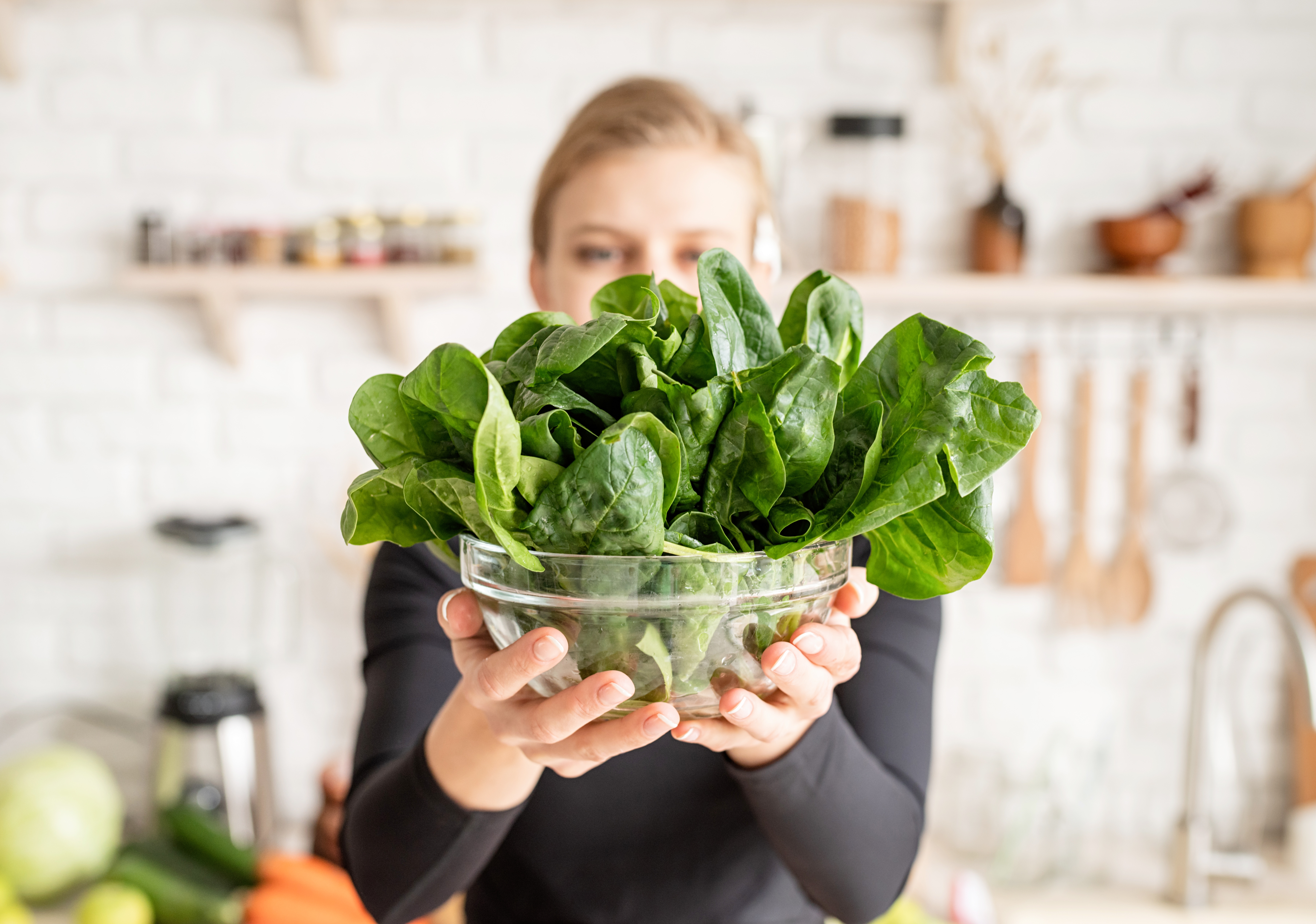
Spinach is often lauded for its high nutrient content, including vitamins A, C, and K, as well as iron and calcium. However, it is also rich in oxalates, compounds that can form kidney stones in susceptible individuals. Oxalates bind with calcium in the kidneys, creating crystals that can lead to stone formation. For those with a history of kidney stones or at risk, consuming large amounts of spinach might exacerbate the problem. While moderation can mitigate this risk, individuals concerned about kidney health should consider balancing spinach intake with other leafy greens lower in oxalates.
2. Nuts and Seeds: The Phosphorus Puzzle
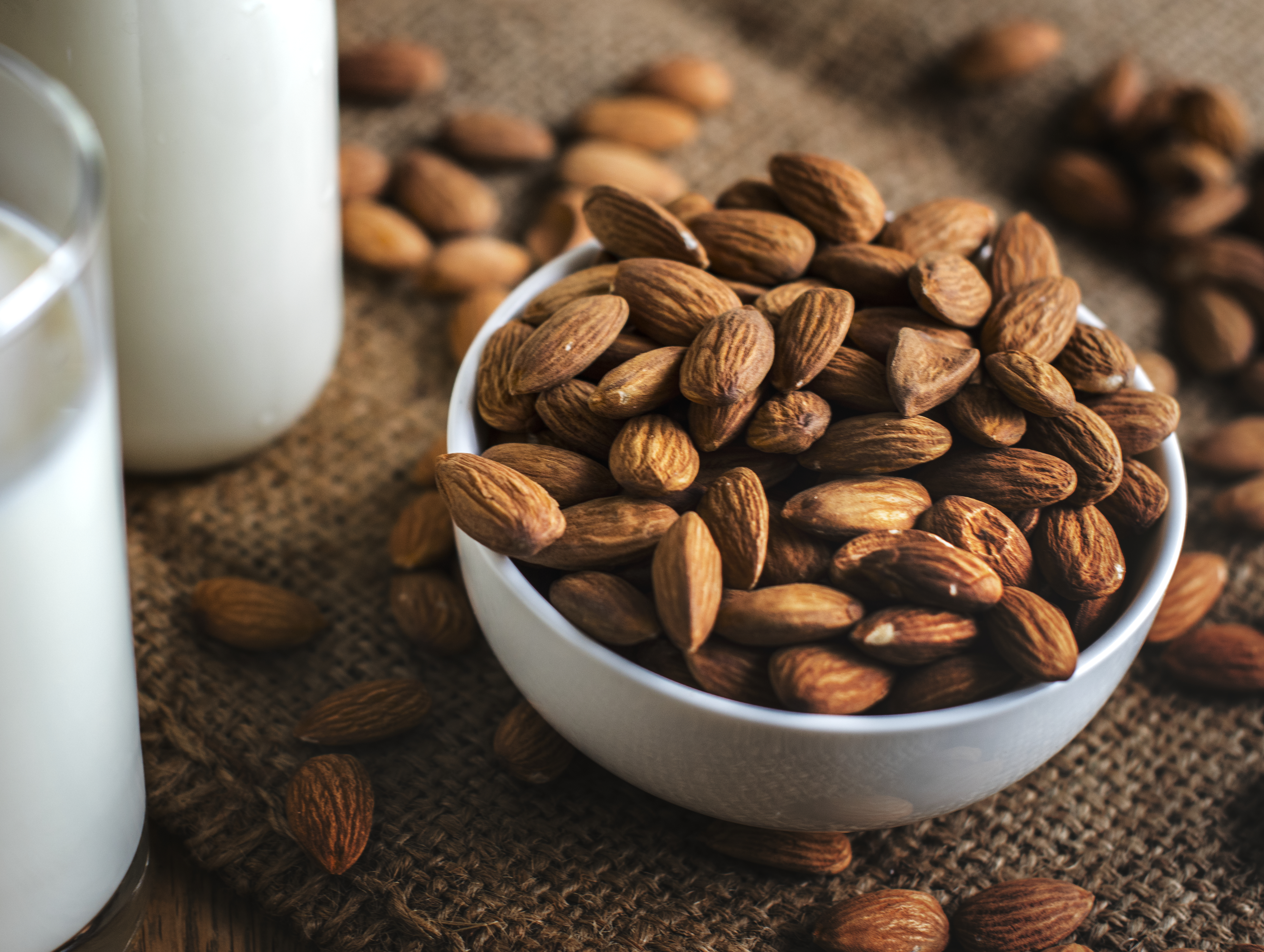
Nuts and seeds are excellent sources of protein, healthy fats, and fiber. However, they also contain high levels of phosphorus, a mineral that can be harmful to individuals with compromised kidney function. In healthy kidneys, phosphorus is efficiently filtered out, but in those with kidney disease, excess phosphorus can build up in the blood, leading to bone and heart problems. People with kidney concerns should monitor their intake of nuts and seeds, opting for those with lower phosphorus content or consulting a healthcare provider for personalized dietary advice.
3. Avocados: Potassium Overload
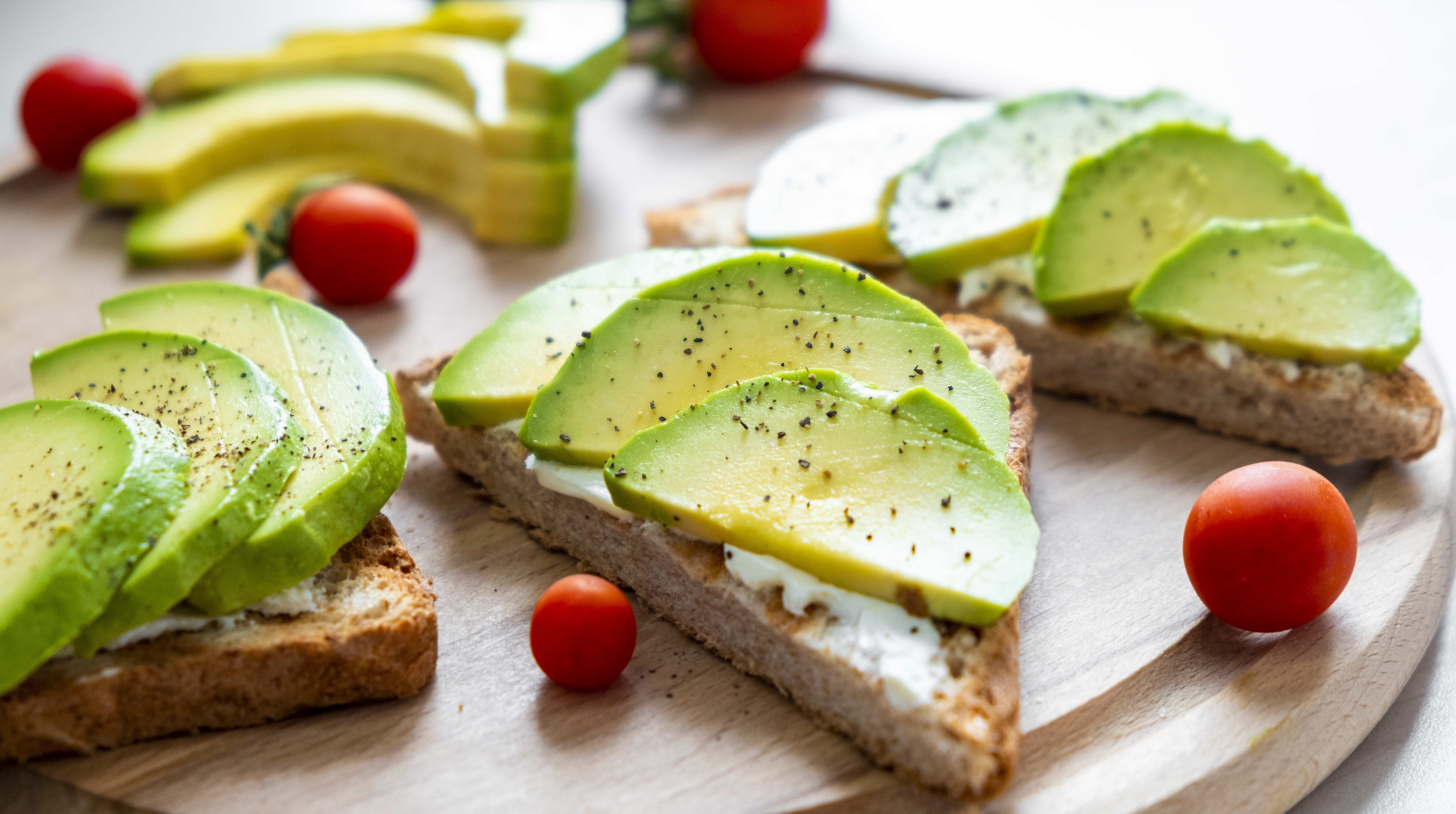
Avocados are celebrated for their heart-healthy monounsaturated fats and fiber content. However, they are also high in potassium, a mineral essential for muscle and nerve function but potentially dangerous in excess for individuals with kidney issues. The kidneys regulate potassium levels in the body, and impaired kidney function can lead to hyperkalemia, a condition characterized by dangerously high potassium levels. Those with kidney concerns are advised to monitor their avocado consumption and consider other sources of healthy fats, such as olive oil or flaxseeds, to maintain a balanced diet.
4. Rhubarb: The Oxalate Surprise
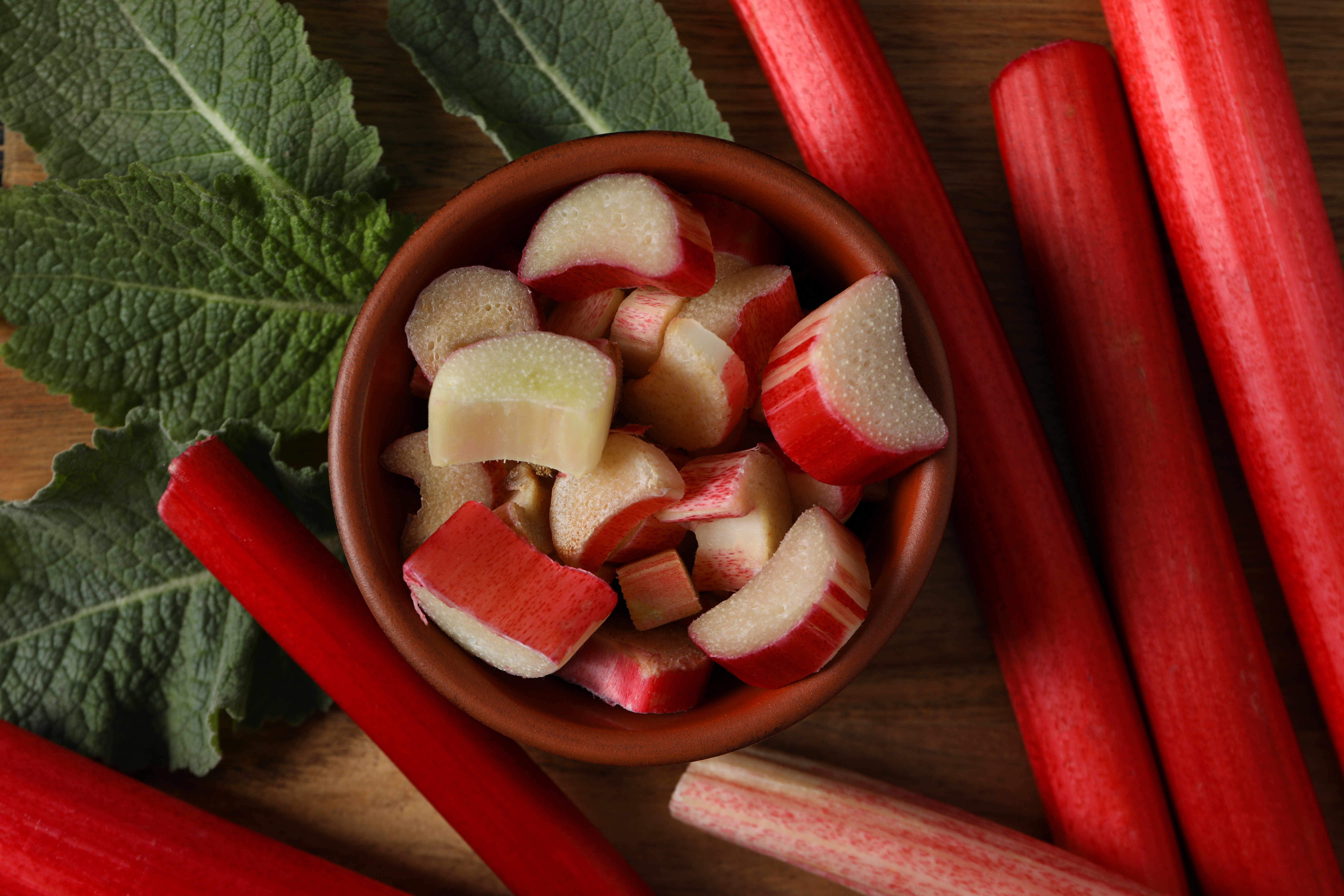
While often used in desserts and jams, rhubarb is a surprising and potent source of oxalates, much like spinach. For individuals prone to kidney stones, consuming large quantities of rhubarb can significantly increase the risk of stone formation. The high concentration of oxalates can bind with calcium in the kidneys, forming painful crystals. While it’s a staple in some cuisines, moderation is key for anyone with a history of kidney issues.
5. Dairy: Calcium Paradox
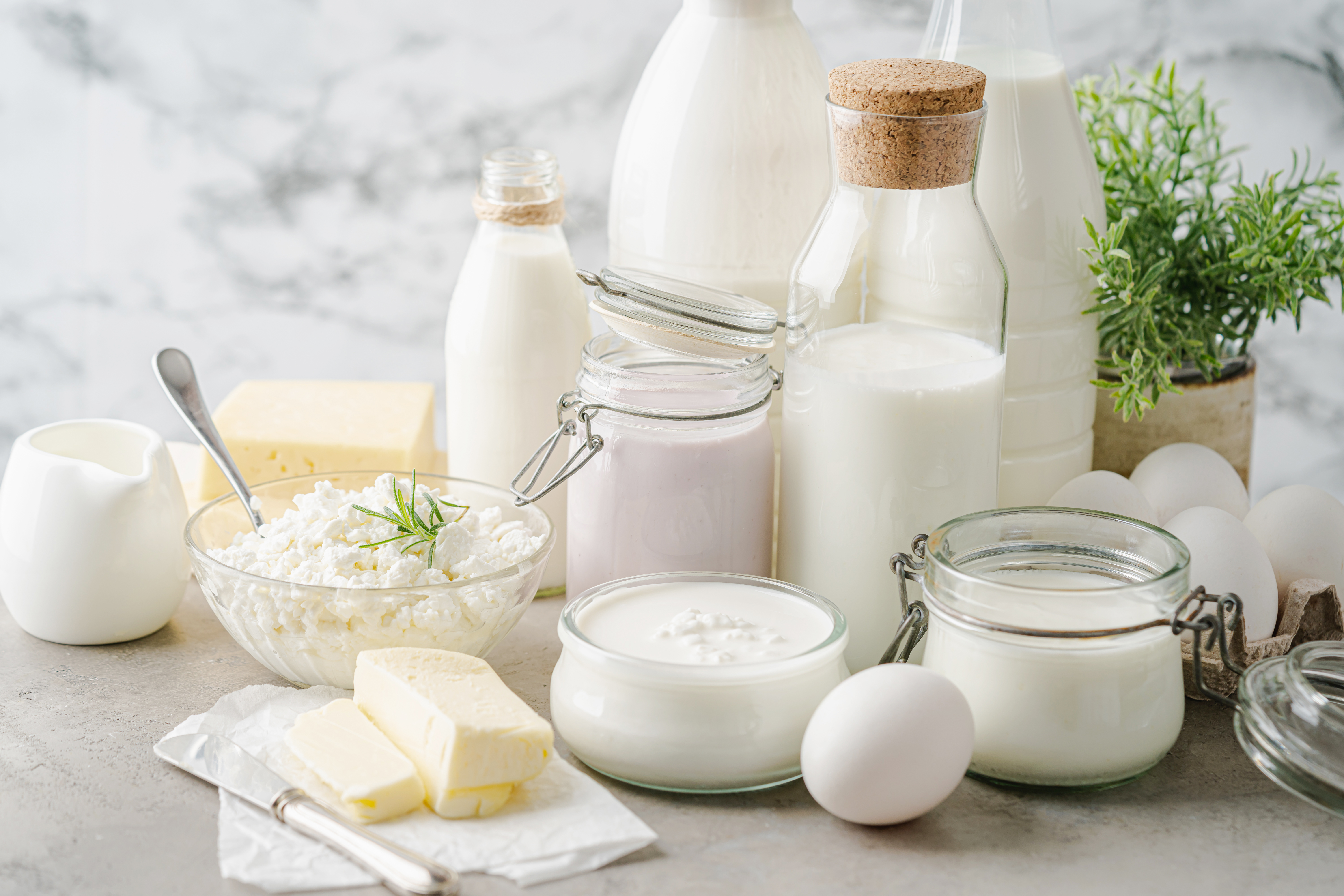
Dairy products are a well-known source of calcium, necessary for bone health. However, excessive calcium intake can pose a risk for kidney stones, particularly in individuals prone to stone formation. The kidneys are responsible for excreting excess calcium, and an overload can lead to the crystallization of calcium oxalate or calcium phosphate stones. While dairy is an important part of a balanced diet, those concerned about kidney health might benefit from moderating their intake or choosing low-calcium alternatives, such as fortified plant-based milks.
6. Bananas: Potassium Concerns
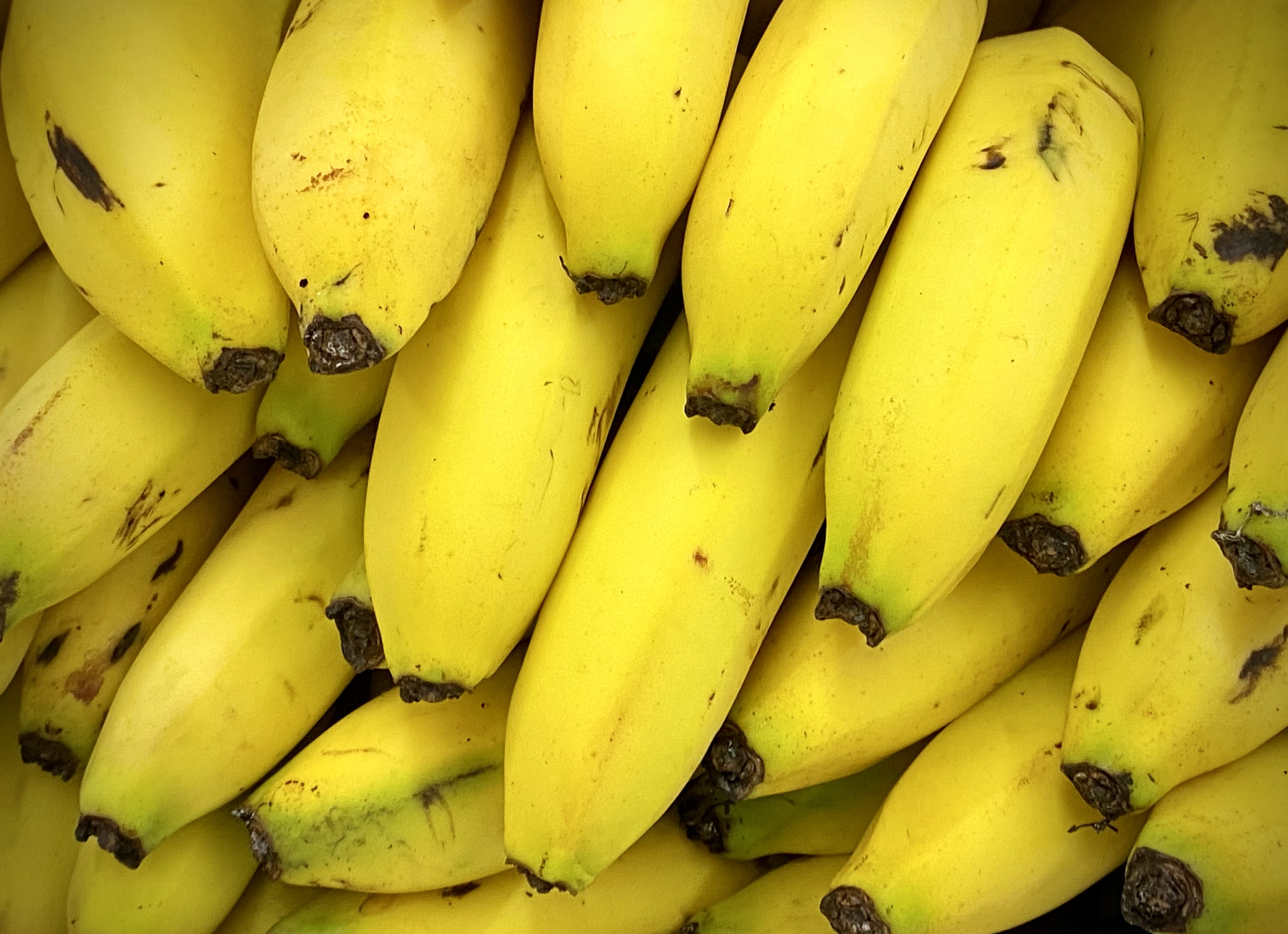
Bananas are a convenient and nutritious snack, rich in vitamins and minerals, particularly potassium. Similar to avocados, their high potassium content can be problematic for individuals with kidney disease. The inability to excrete potassium efficiently can lead to serious complications, including heart rhythm disturbances. For those with kidney concerns, it is advisable to limit banana consumption and explore other fruits that are lower in potassium, such as apples or berries, to ensure a diverse and kidney-friendly diet.
7. Tomatoes: Acidic Implications
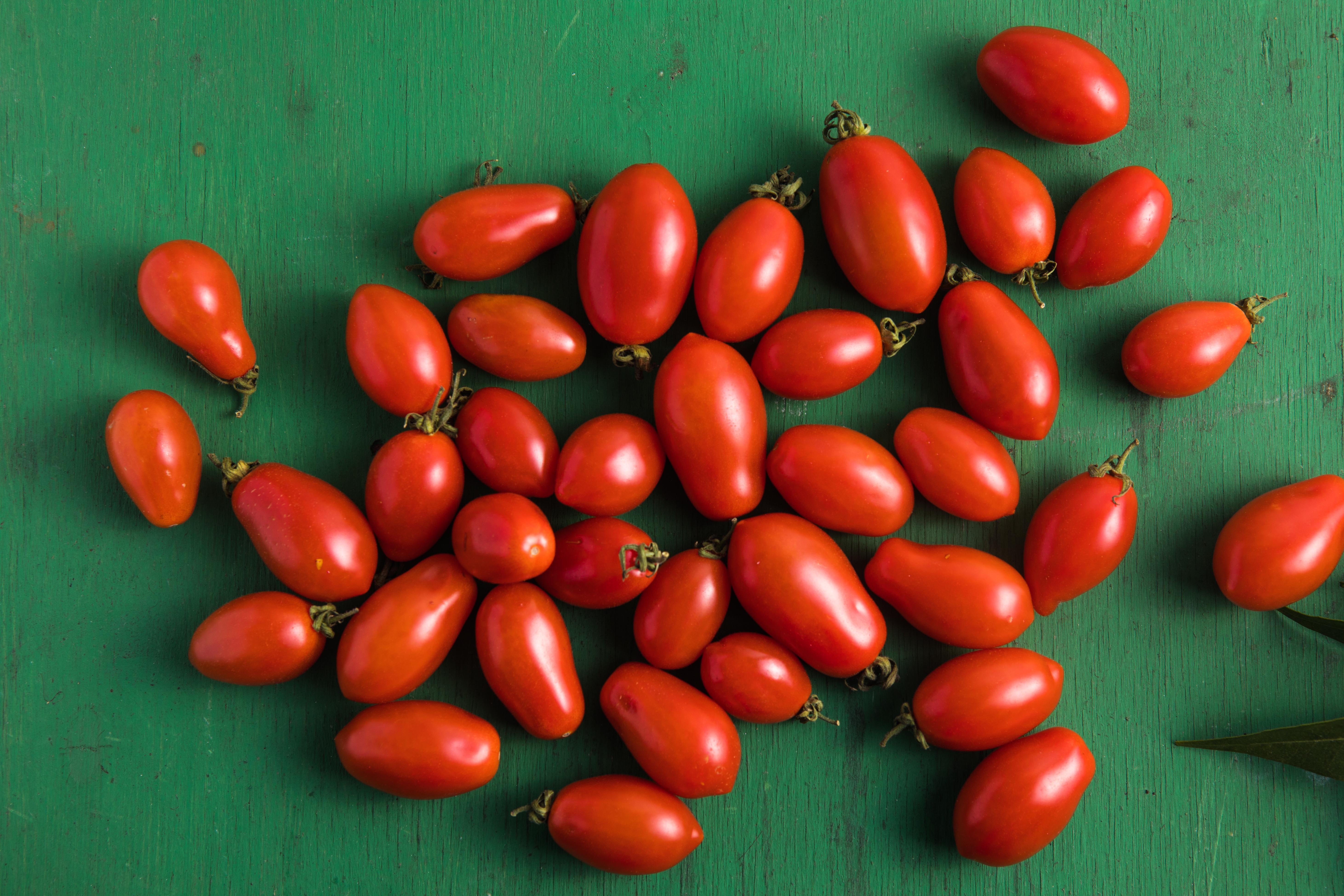
Tomatoes are a staple in many diets, known for their vitamin C and antioxidant content. However, they are also acidic and high in potassium, which can be troublesome for kidney health. The acidity of tomatoes can exacerbate gastrointestinal issues, which are common among individuals with kidney disease. Additionally, the potassium content can pose risks similar to other high-potassium foods. Those concerned about kidney health might consider reducing their tomato intake or incorporating lower-potassium vegetables like bell peppers into their meals.
8. Oranges and Orange Juice: Citrusy Caution
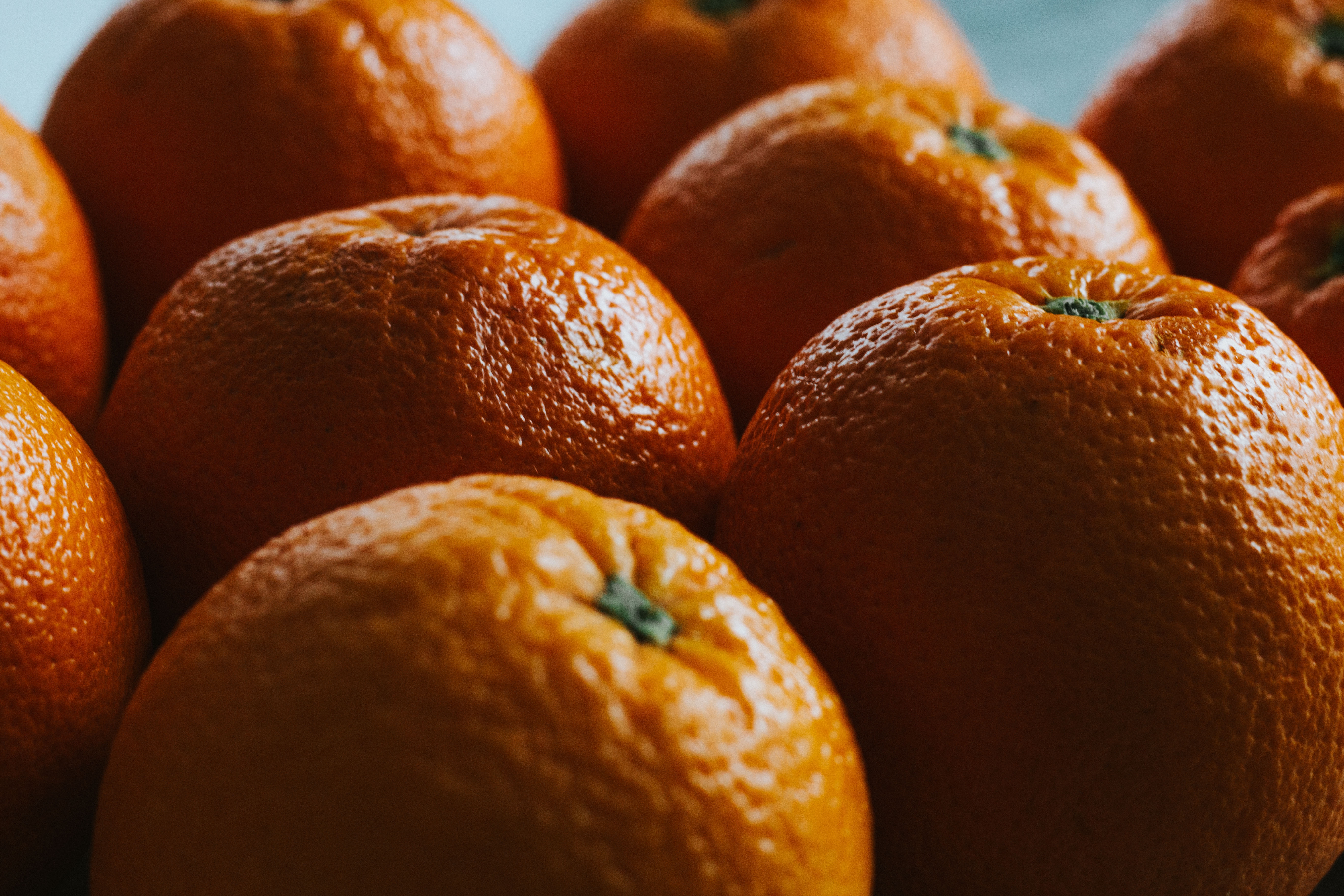
Oranges and their juice are often associated with vitamin C and immune support. However, they are also high in potassium and can contribute to excessive intake if consumed in large quantities. For people with kidney issues, the high potassium content can lead to complications. Moreover, commercial orange juice can be high in added sugars, further complicating health concerns. To maintain kidney health, individuals might opt for other vitamin C-rich fruits with lower potassium levels, such as strawberries or kiwi.
9. Soy Products: Protein and Phosphorus
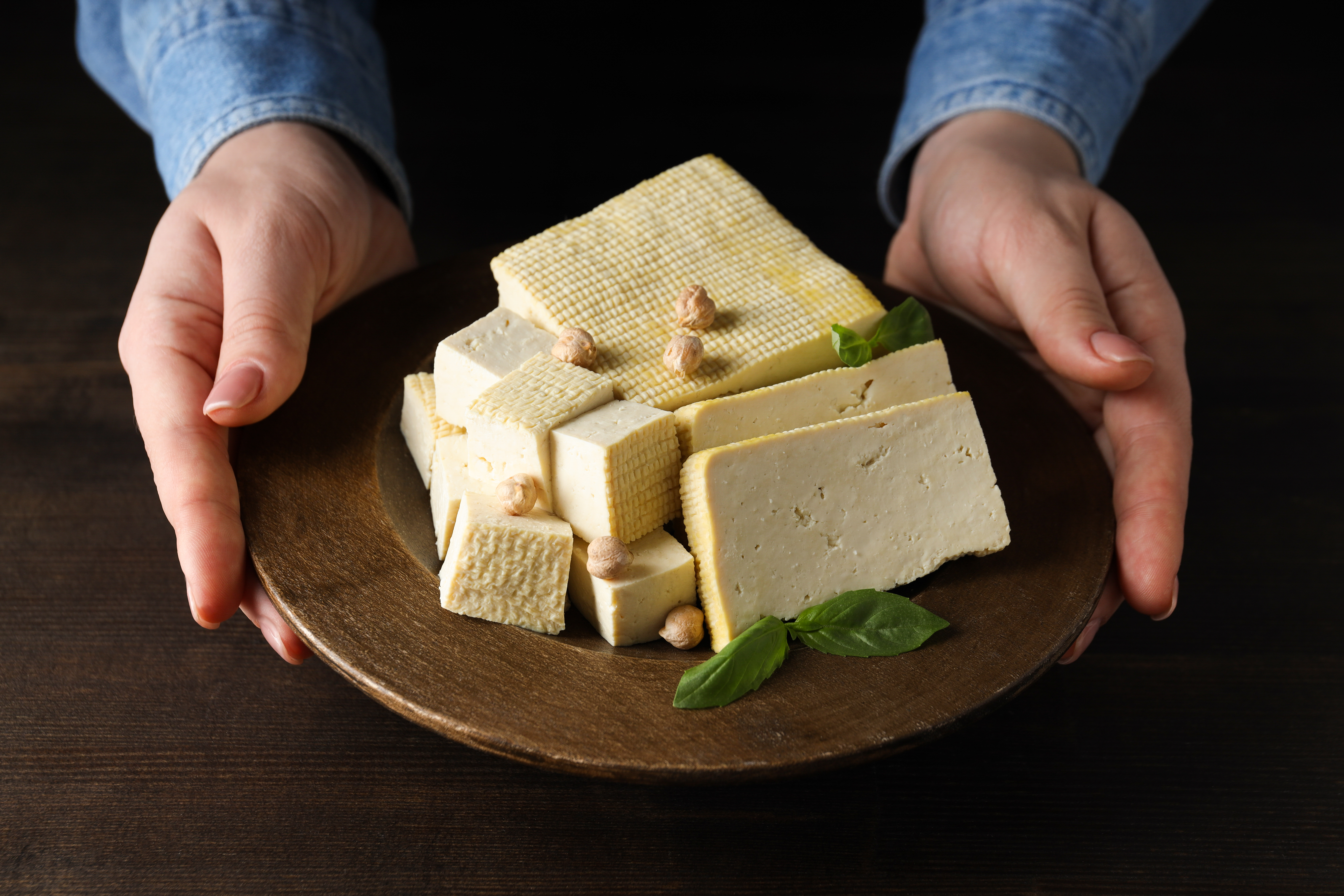
Soy products, including tofu and soy milk, are popular plant-based protein sources. However, they are also rich in phosphorus and can be problematic for kidney health when consumed in excess. The kidneys play a crucial role in filtering phosphorus, and impaired function can lead to phosphorus accumulation, damaging bones and cardiovascular health. For those with kidney concerns, it is important to balance soy intake with other protein sources and consult with healthcare professionals to tailor a diet that supports kidney function.
10. Dried Beans and Lentils: The Double-Edged Sword
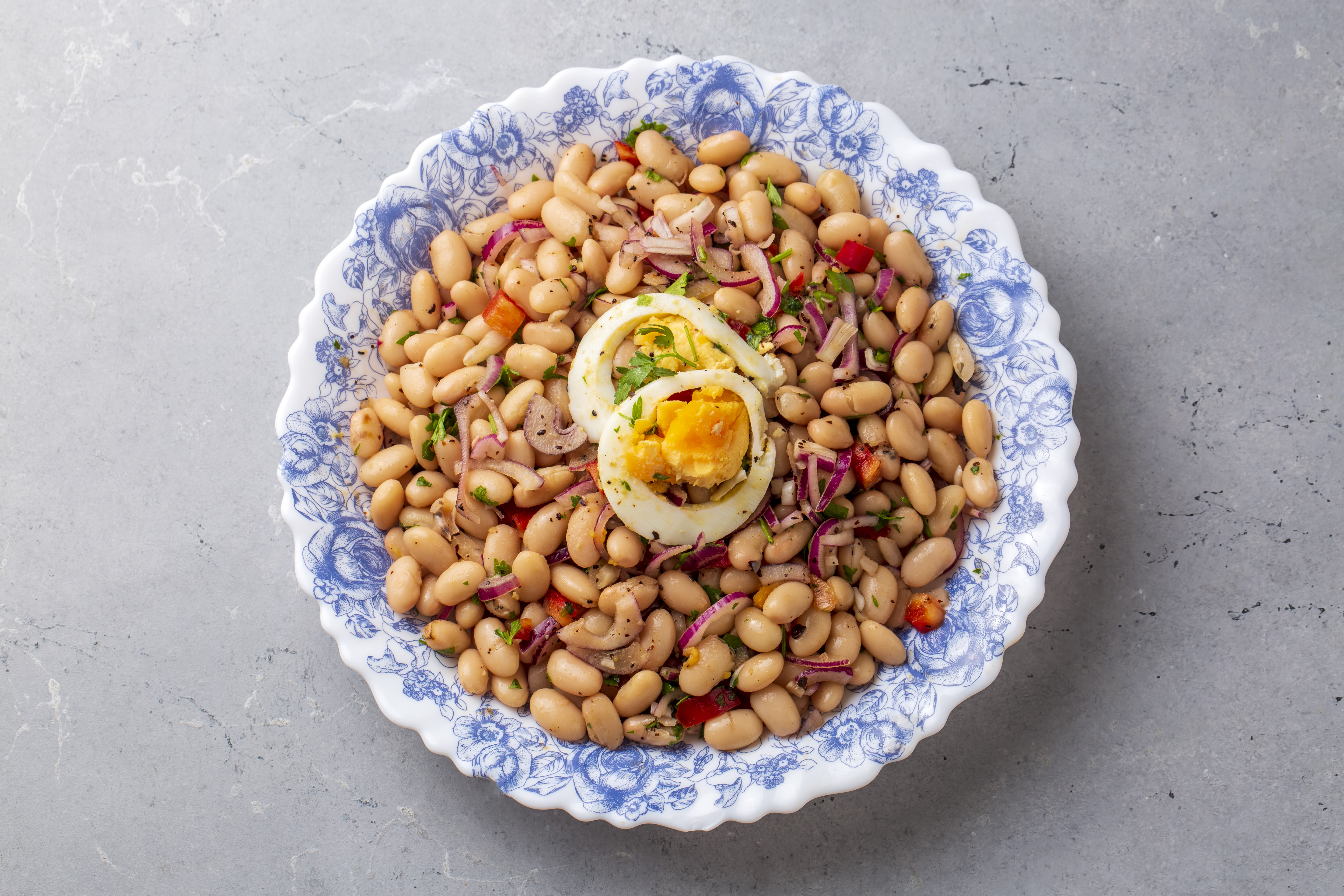
Dried beans and lentils are celebrated for being rich sources of plant-based protein, fiber, and iron. However, they are also a double-edged sword for kidney health, containing high levels of both potassium and phosphorus. For individuals with compromised kidney function, these minerals can accumulate in the blood, leading to a dangerous condition called hyperkalemia (high potassium) and bone density issues. While still a valuable food, a kidney-conscious diet requires moderation. Consider soaking and rinsing dried legumes thoroughly to reduce mineral content and consult with a dietitian to determine appropriate portion sizes.
11. Sweet Potatoes: A Potassium Powerhouse
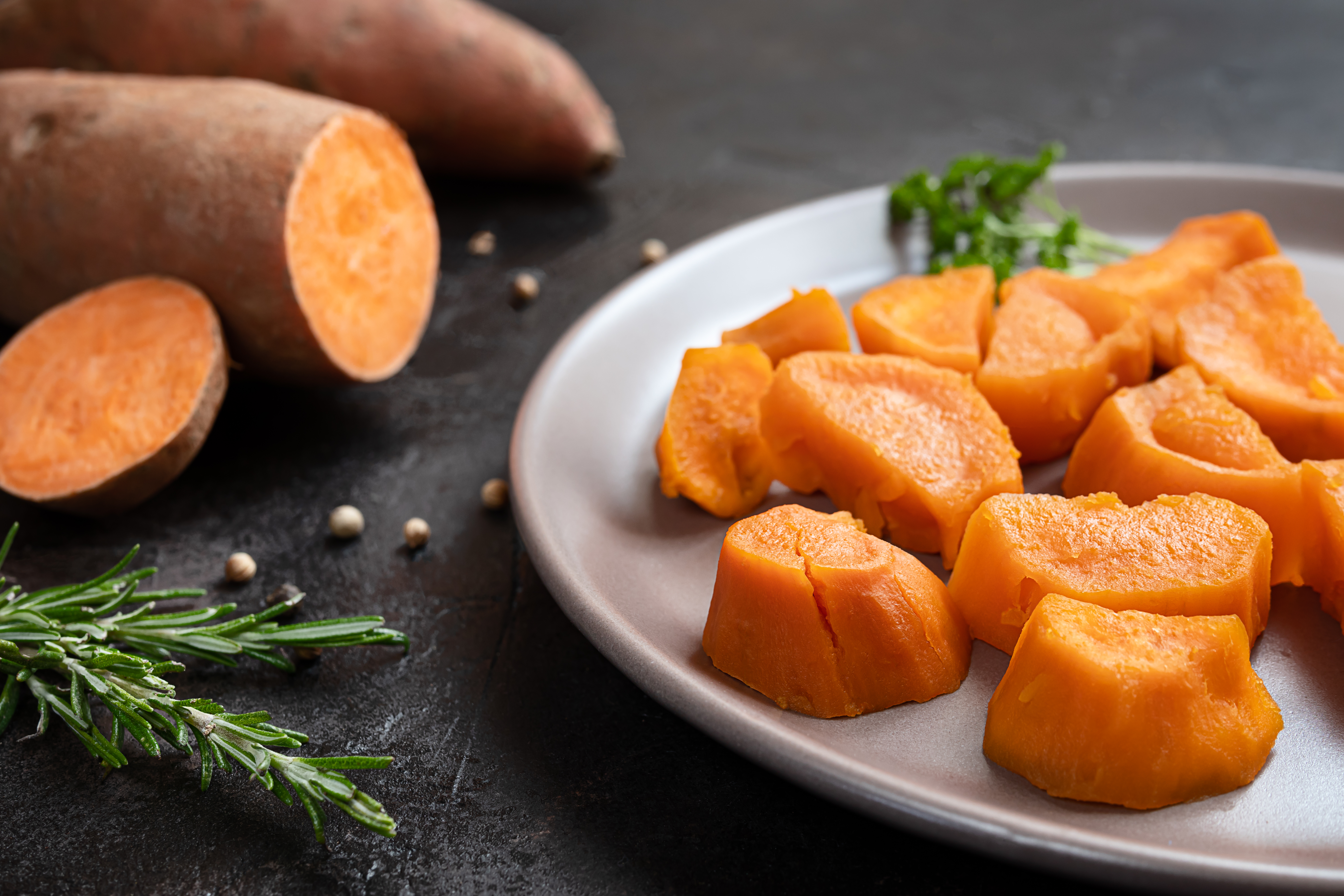
Sweet potatoes are a nutritional superstar, packed with vitamins, fiber, and complex carbohydrates. However, like bananas and avocados, they are a significant source of potassium. One medium sweet potato can contain over 500 mg of potassium, which is a substantial portion of the daily allowance for someone with kidney disease. The kidneys’ role in regulating potassium means that impaired function can lead to its buildup in the blood. For those with kidney concerns, it's wise to limit sweet potato intake or choose lower-potassium vegetables like carrots, bell peppers, or cauliflower as a starchy alternative.
12. Bran-Based Cereals: The Phosphorus Bomb
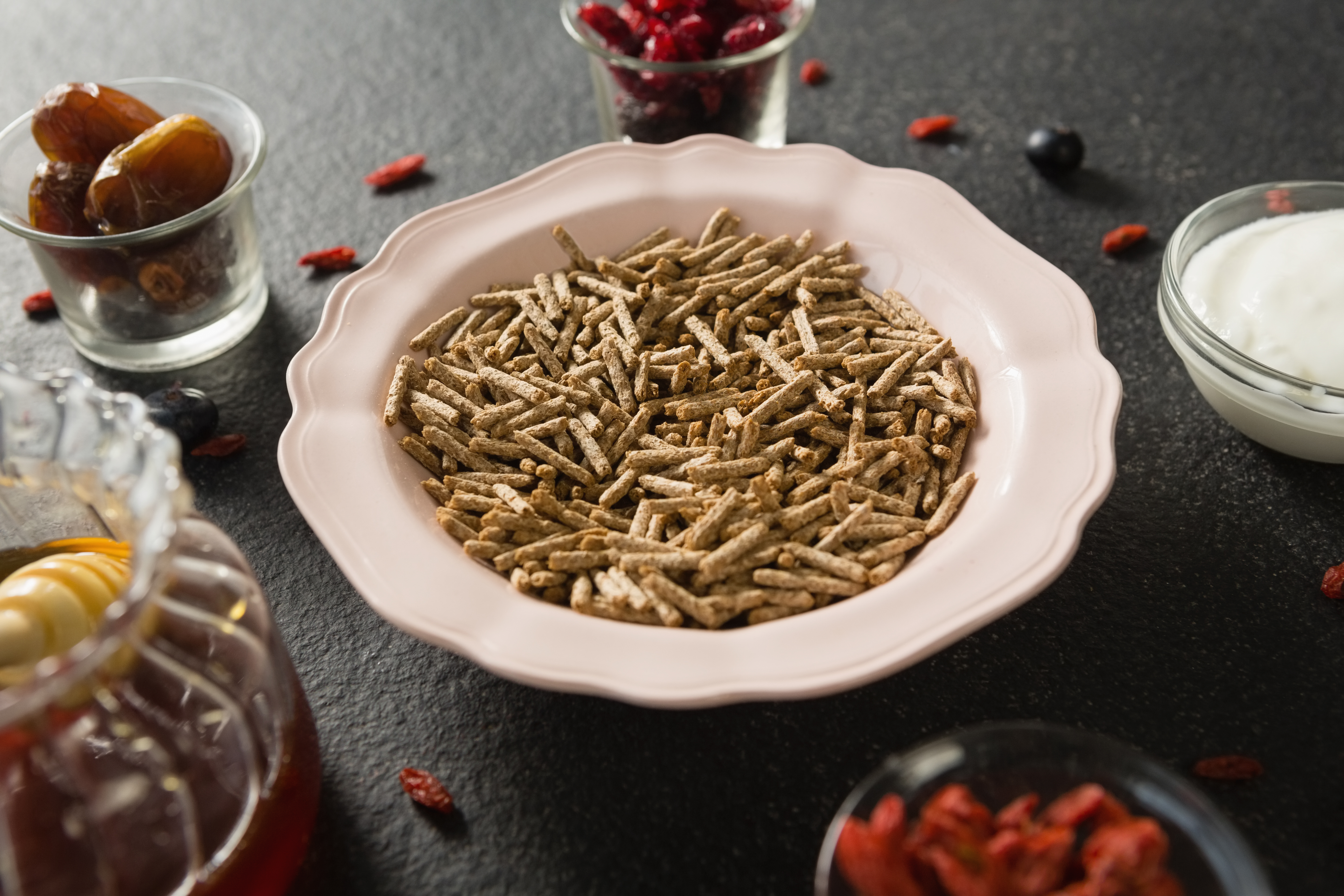
Many breakfast cereals marketed for their high fiber and digestive benefits, particularly those with a bran base, are surprisingly high in phosphorus. A single serving of bran cereal can contain a large percentage of the daily phosphorus limit for someone with kidney disease. While phosphorus is a necessary mineral, excess amounts cannot be filtered by failing kidneys. This accumulation can draw calcium from bones, making them weak. For a kidney-friendly breakfast, consider low-phosphorus grains like cream of wheat or cornflakes, and read labels carefully to find a cereal that won’t inadvertently burden your kidneys.
13. Dark Chocolate: A Treat with a Hidden Mineral Load
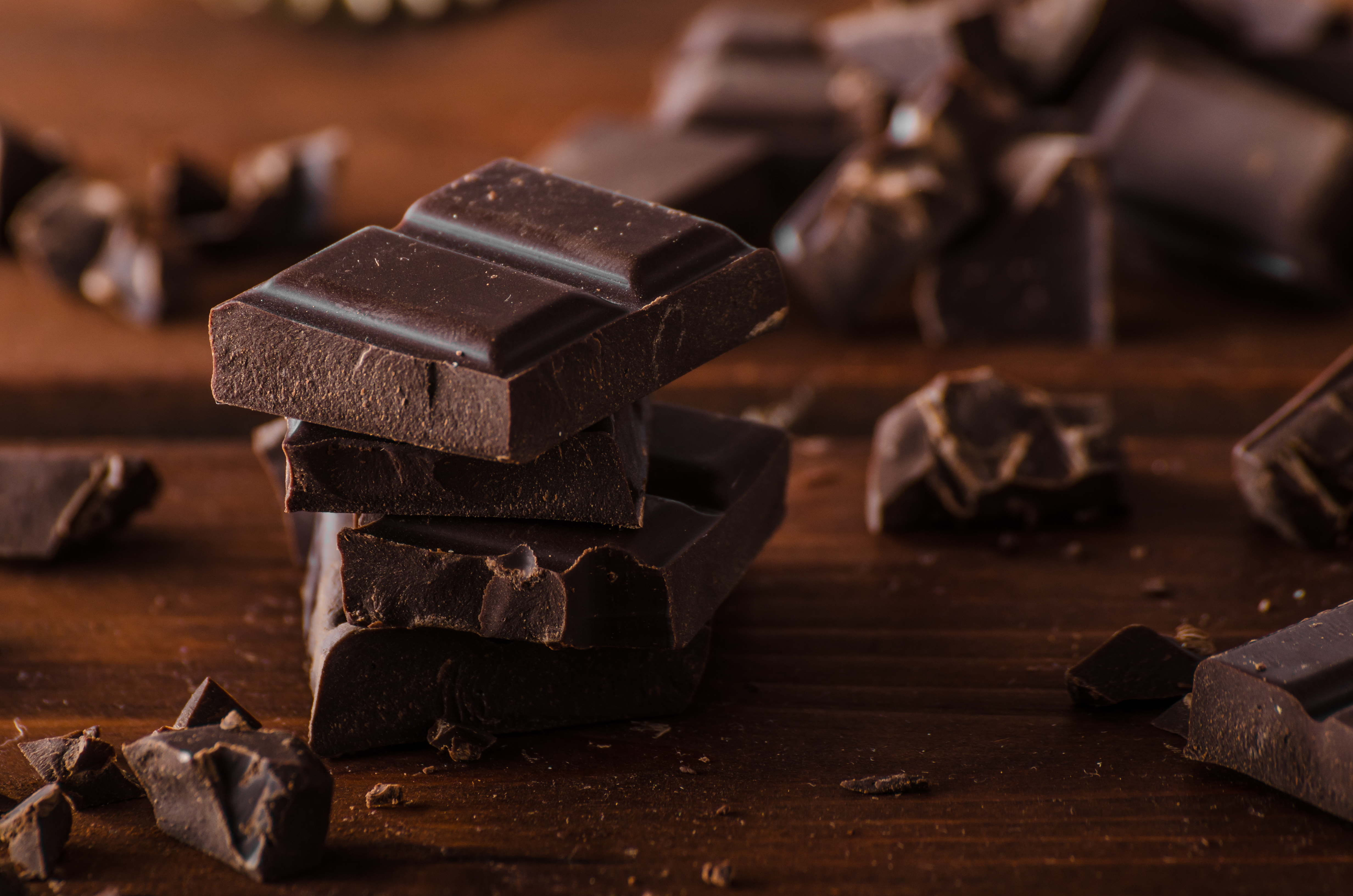
While often hailed for its antioxidant and mood-boosting properties, dark chocolate is a surprising source of high potassium and phosphorus. The higher the cocoa content, the more of these minerals it contains. For individuals with kidney disease, a regular or large consumption of dark chocolate can contribute to dangerous levels of potassium. While it may be a healthier alternative to sugary sweets, it is not a "free" food for those with kidney concerns. It is best to enjoy dark chocolate in very small, infrequent portions, and to consider other low-potassium, low-phosphorus treats.
14. Processed Colas and Sodas: The Phosphoric Acid Problem
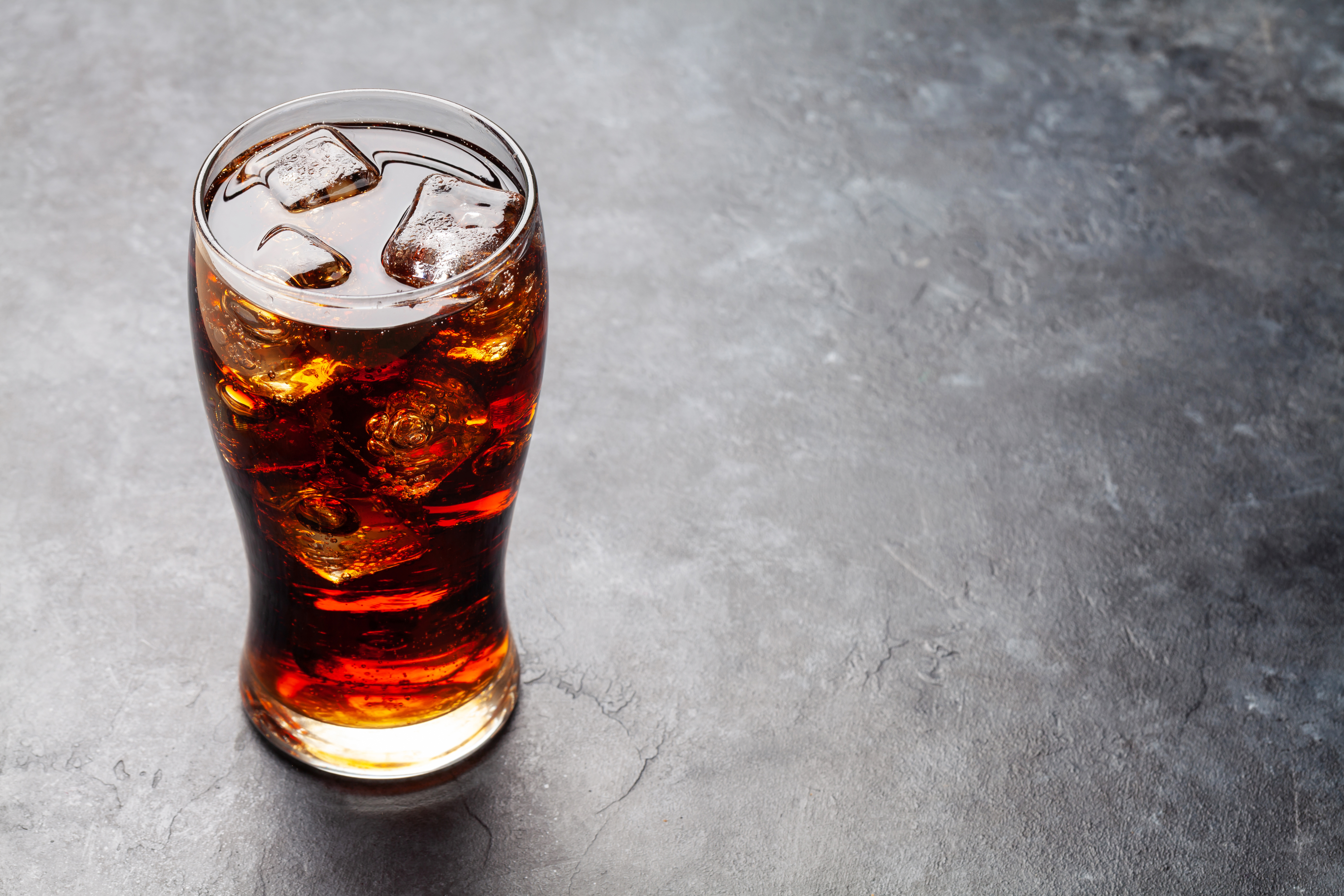
Many processed, dark-colored sodas contain added phosphoric acid to give them a tangy flavor and to act as a preservative. This form of phosphorus is highly absorbable by the body, placing a significant burden on the kidneys to filter it out. The high phosphorus content in these beverages can be particularly damaging to individuals with kidney disease, contributing to bone weakness and other complications. Opting for clear sodas, sparkling water, or unsweetened iced tea is a much safer choice to avoid this hidden source of a dangerous mineral.
15. Salt Substitutes and "Lite" Salts: The Potassium Surprise
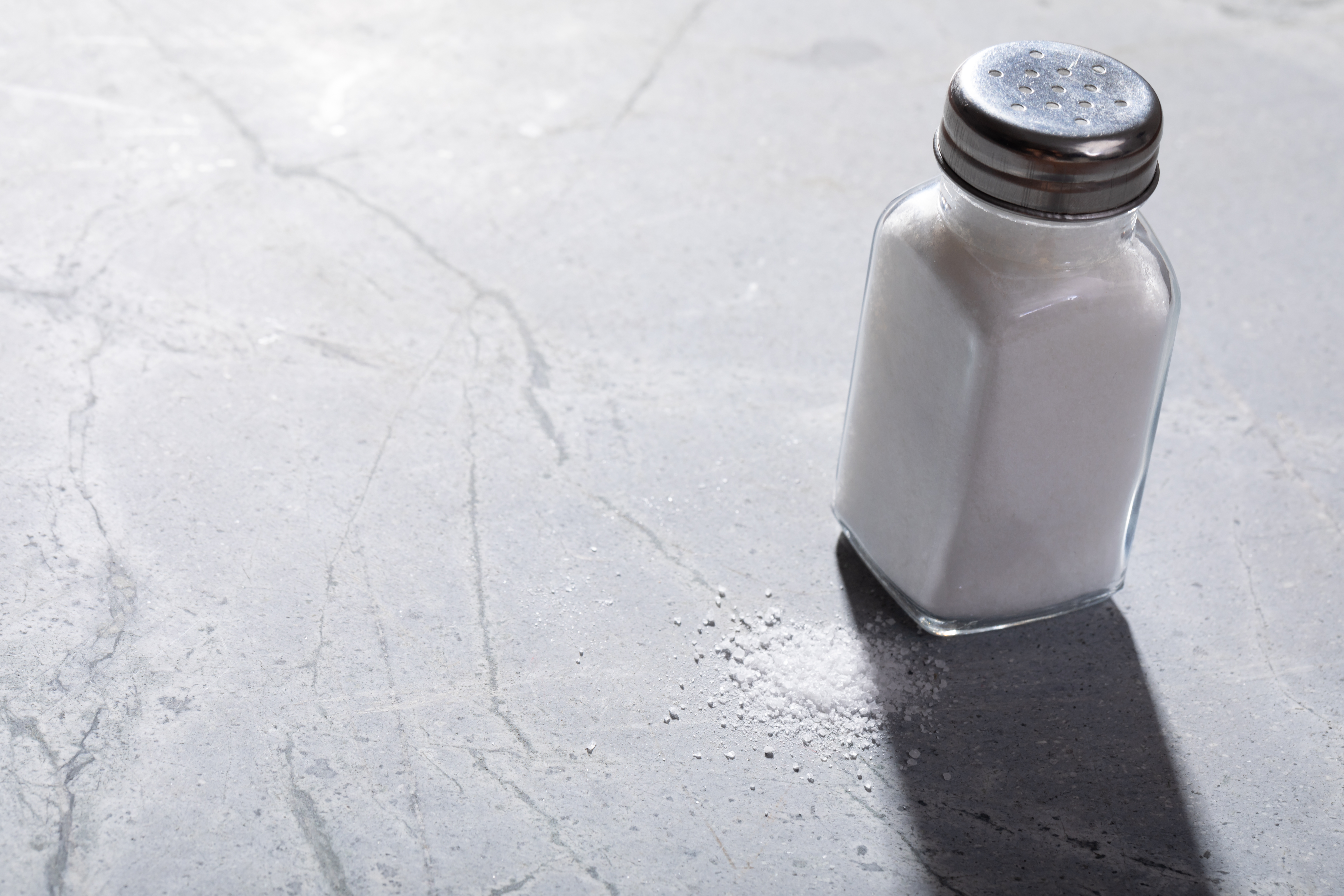
For those watching their sodium intake, salt substitutes and "lite" salts seem like a healthy solution. However, many of these products replace sodium with potassium chloride, which can be extremely dangerous for individuals with compromised kidney function. The kidneys’ primary role is to regulate potassium levels, and an inability to excrete it can lead to a dangerous buildup called hyperkalemia. While these substitutes are fine for people with healthy kidneys, they should be avoided by anyone with renal issues. Always check the ingredients and consult your doctor before using them.
16. Brown Rice: The Unsuspecting Phosphorus Load
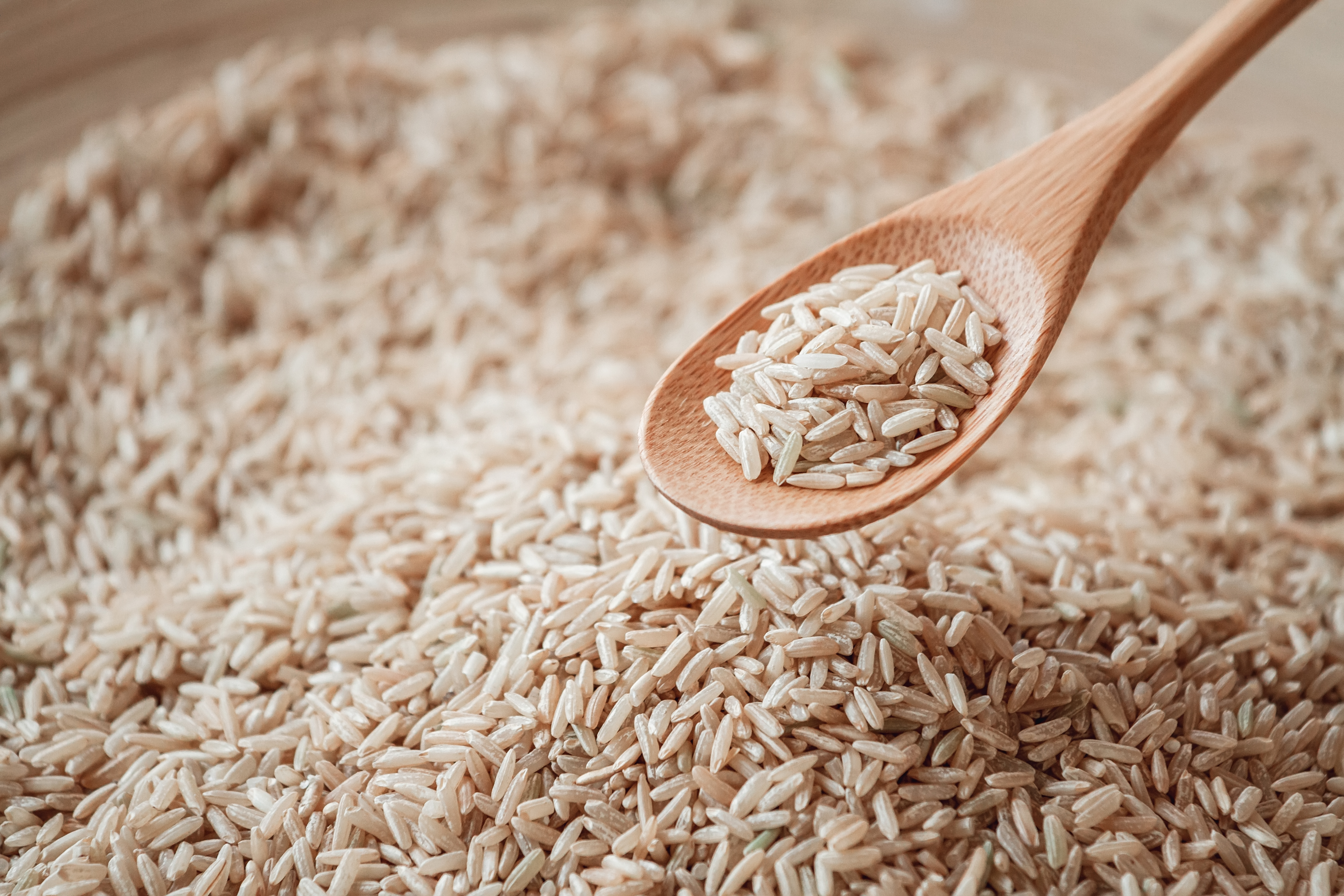
Brown rice is widely promoted as a healthier alternative to white rice due to its higher fiber and nutrient content. However, for those with kidney disease, this health halo can be misleading. Brown rice, like other whole grains, is higher in phosphorus than white rice. When the kidneys are unable to filter out this excess phosphorus, it can accumulate in the blood, leading to weak bones and cardiovascular problems. A kidney-conscious diet requires a careful balance of minerals, and sometimes, a moderate portion of white rice may be a safer choice.
17. Protein Powders and Supplements: The Hidden Mineral Punch
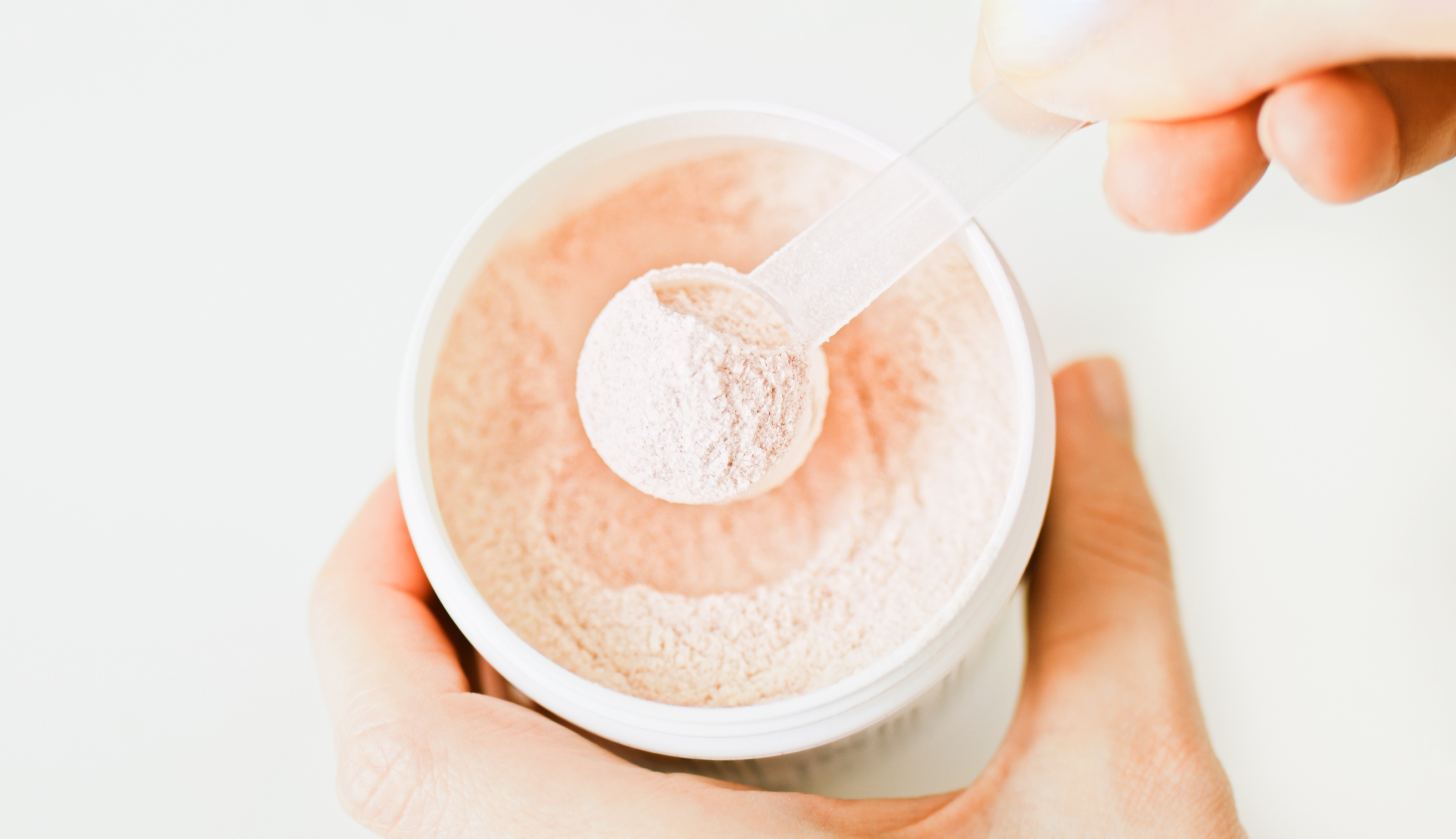
Protein powders and supplements, popular in the wellness and fitness world, can be a major source of hidden phosphorus and potassium. Many of these products are made from whey, casein, or soy protein, which are naturally high in these minerals. For individuals with kidney disease, consuming these supplements without medical guidance can lead to a dangerous buildup of minerals in the blood. If protein supplementation is necessary, it is crucial to choose a product designed specifically for a renal diet, and always consult a doctor or a registered dietitian.
18. Kombu and Other Sea Vegetables: The Iodine and Sodium Load
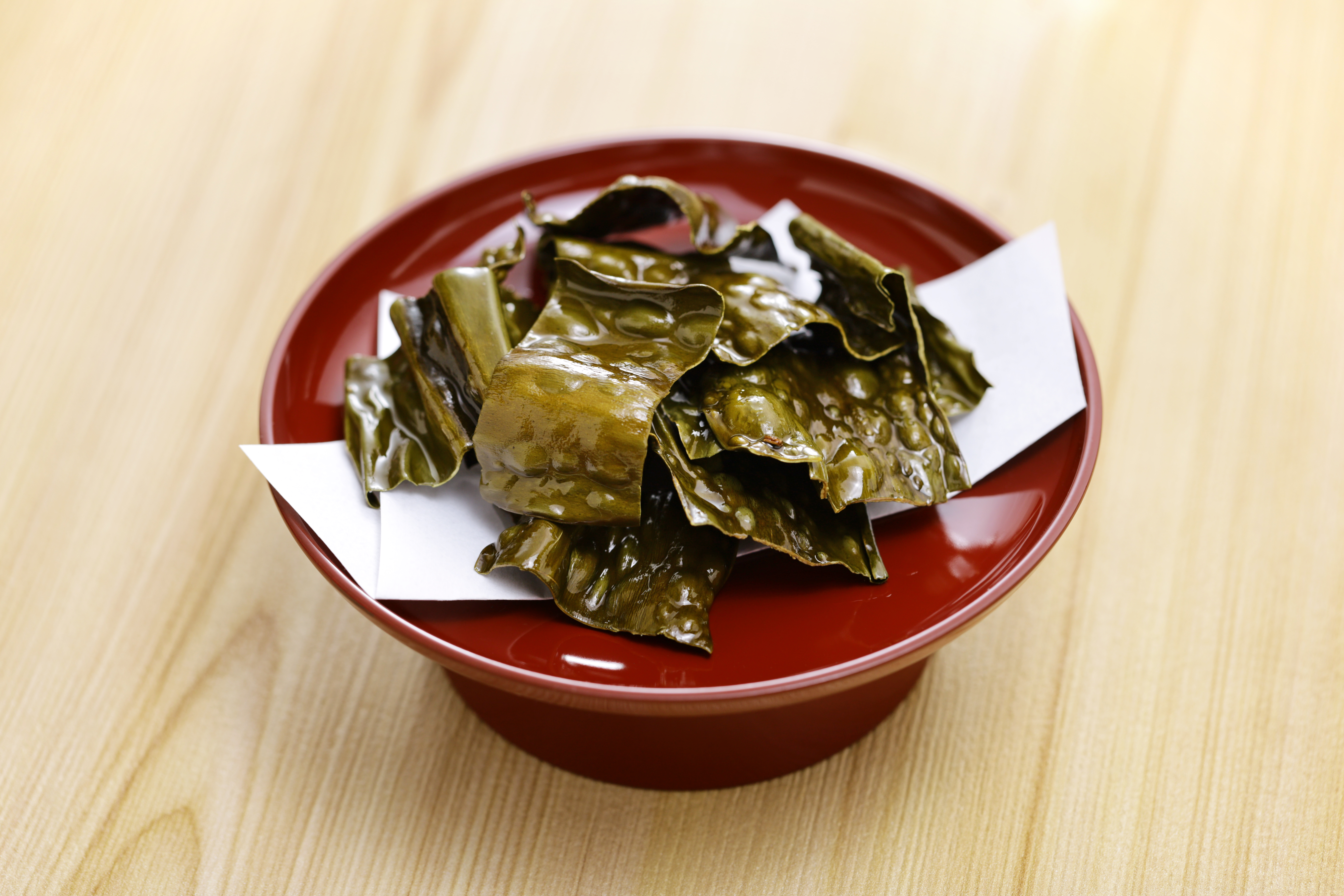
Sea vegetables like kombu, nori, and kelp are celebrated in Asian cuisine and the wellness community for their rich mineral content, particularly iodine. However, they are also naturally high in sodium and potassium, which can be a dual problem for compromised kidneys. For individuals managing fluid retention and blood pressure, the high sodium content is a clear risk. The concentrated minerals can also place a significant burden on the kidneys, making it essential to use these ingredients sparingly.
19. Dried Fruits: The Deceptively Healthy Snack
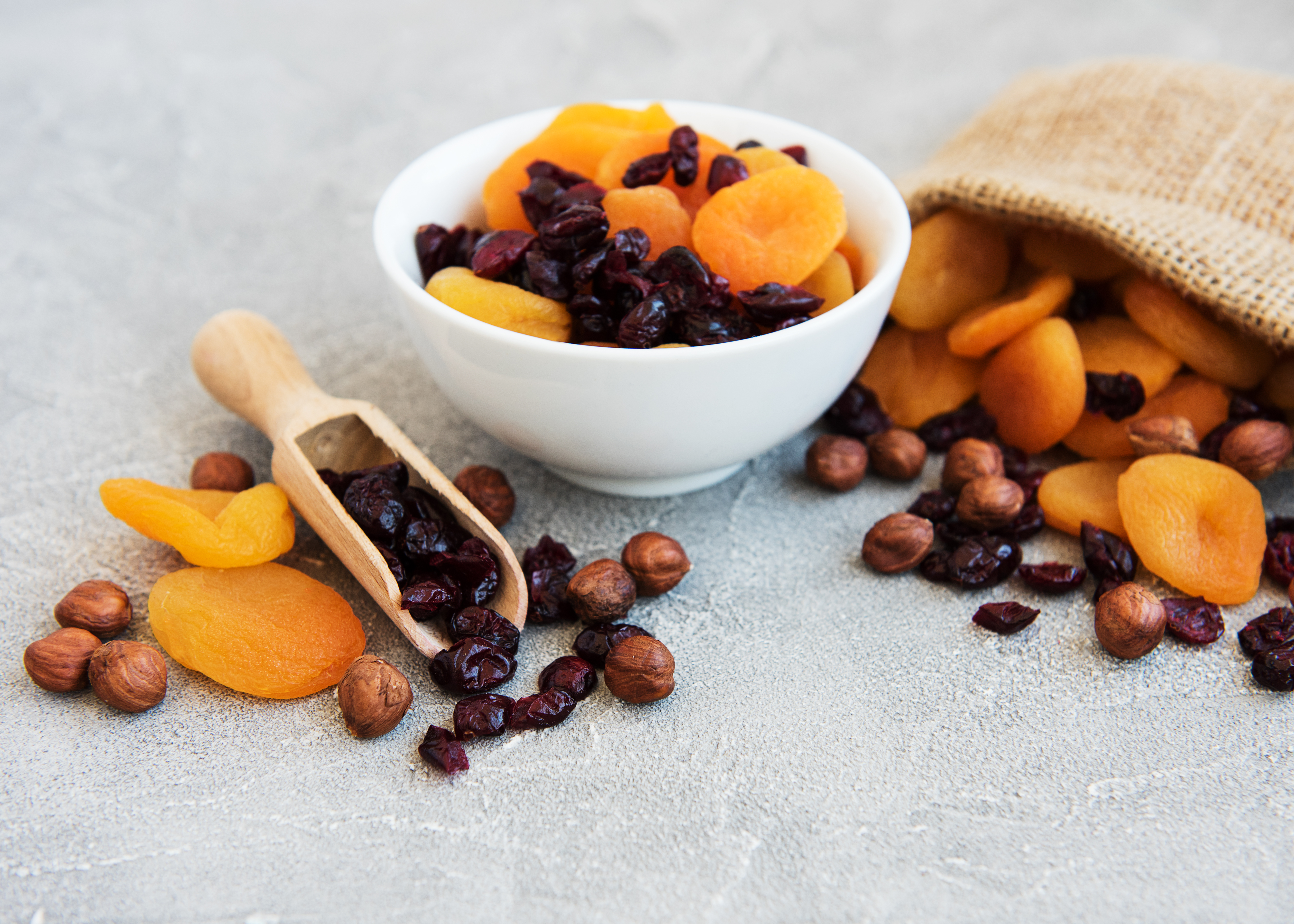
Dried fruits like raisins, prunes, and apricots are often praised for their fiber and nutrients, but for individuals with kidney disease, they are a concentrated source of potassium. The drying process removes water but leaves the minerals, making the potassium content per serving much higher than in fresh fruit. A small handful of dried apricots, for example, can contain more potassium than a banana. For a kidney-friendly snack, it is much safer to choose fresh fruits like apples, berries, or grapes, and to be mindful of portion sizes.
20. Herbal Teas: A Deceptively High Potassium Source
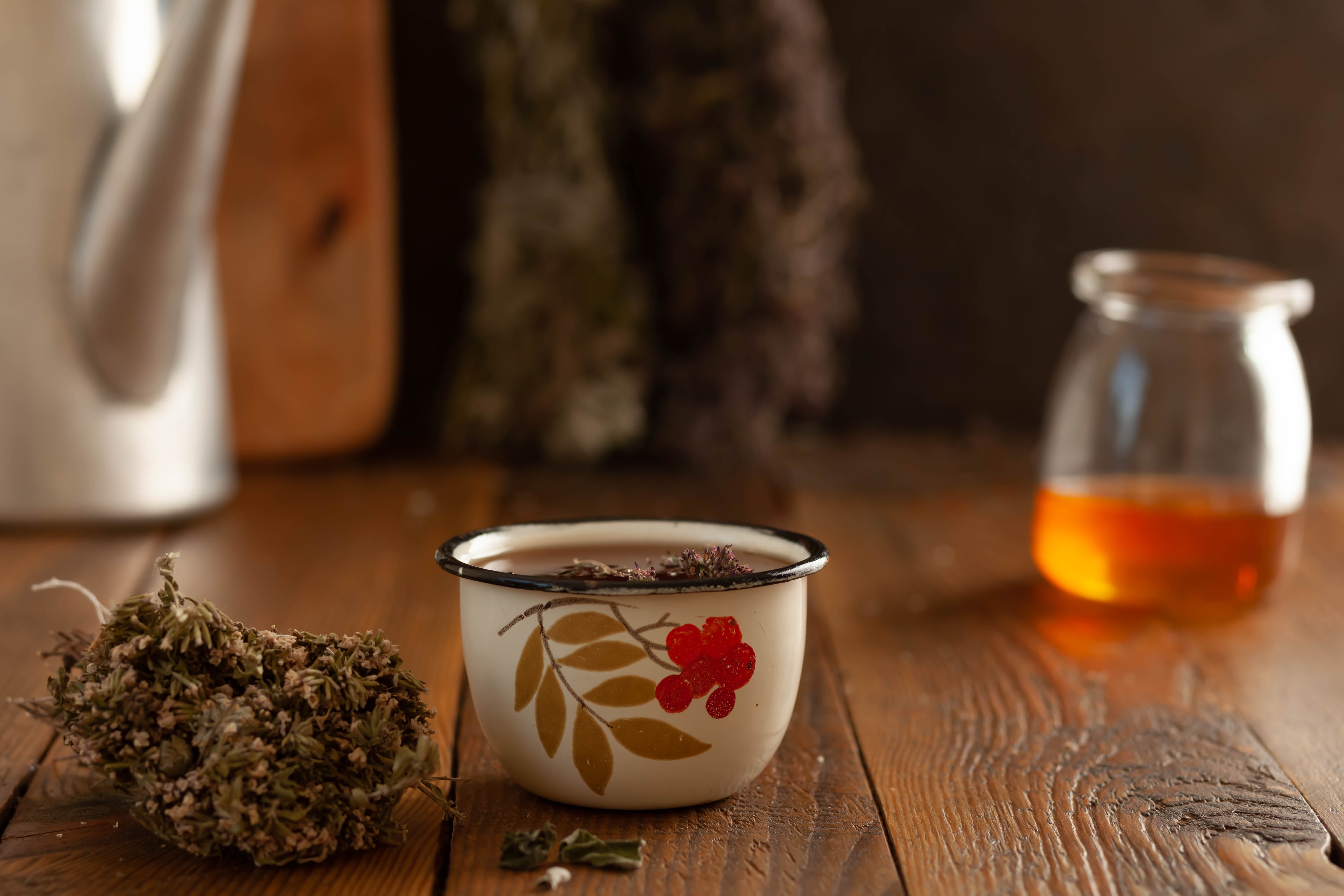
While many herbal teas are lauded for their health benefits, some varieties can be deceptively high in potassium. Teas made from dandelion, nettle, or chamomile, for example, are often used for their diuretic properties, but they can be problematic for individuals with kidney disease who need to monitor their potassium intake. The high concentration of potassium in these teas can contribute to a dangerous buildup in the blood. For a kidney-friendly alternative, it's safer to stick with plain water or consult a healthcare professional about which herbal teas are safe for you.
21. Energy Drinks: A Triple Threat

Energy drinks are a clear danger for kidney health, serving as a triple threat with high levels of caffeine, sugar, and often phosphoric acid. The high caffeine content can elevate blood pressure, putting stress on the kidneys. The added sugars can lead to weight gain and diabetes, both of which are major risk factors for kidney disease. Phosphoric acid, a form of phosphorus, can be particularly harmful, as it places a direct burden on the kidneys to filter it out. For a healthier alternative, consider water or unsweetened herbal teas to stay hydrated and energized without the kidney-damaging effects.
22. Canned Foods: The Sodium Surprise
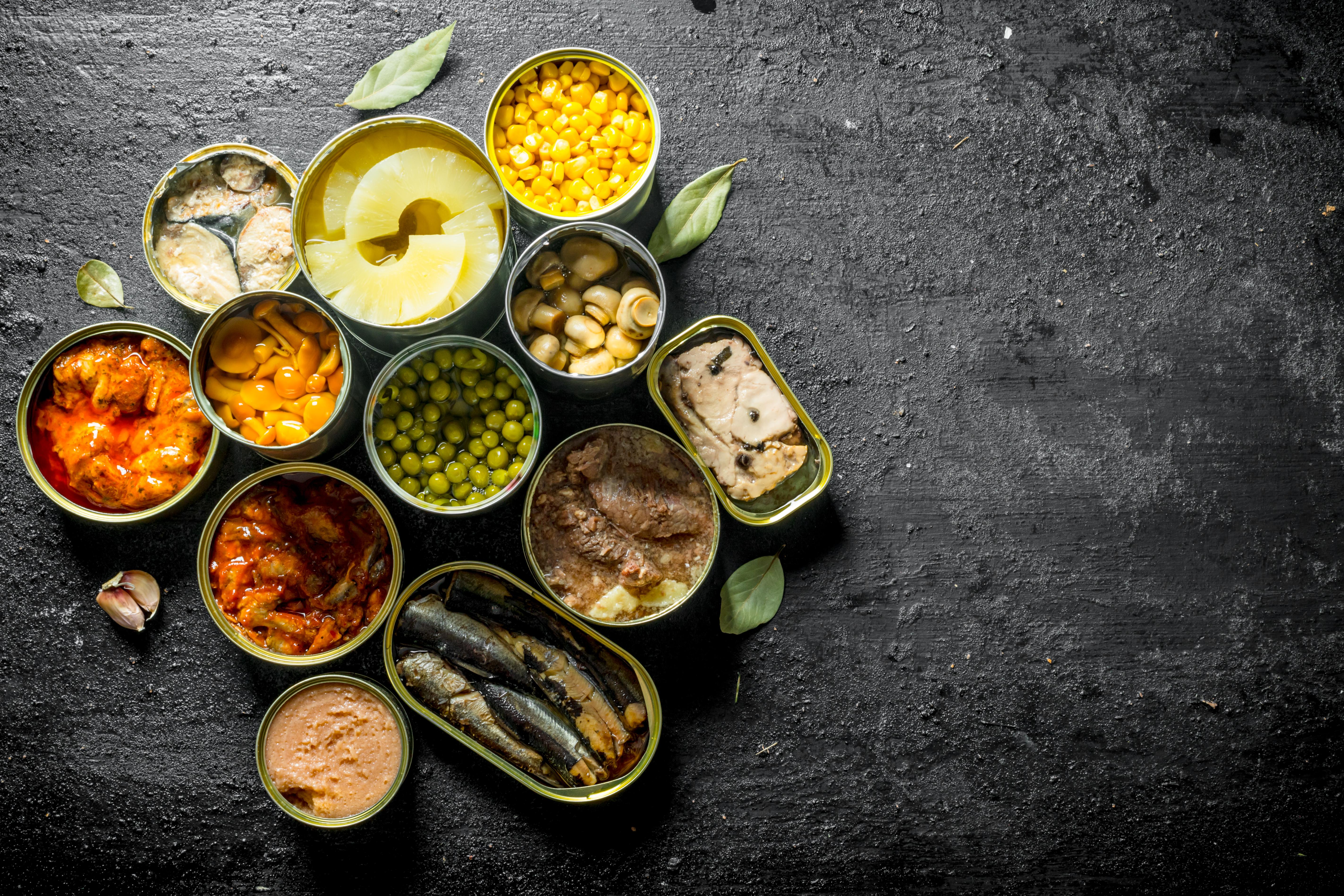
Beyond processed meats and sodas, many other canned foods, including vegetables, soups, and beans, can contain alarmingly high levels of sodium. Sodium is added to these foods as a preservative and flavor enhancer. Excessive sodium intake increases blood pressure and fluid retention, both of which are major stressors for the kidneys. When purchasing canned foods, always look for "low sodium" or "no salt added" labels. Rinsing canned beans and vegetables thoroughly before use can also help reduce their sodium content, making them a safer choice for a kidney-conscious diet.
23. Fish: A Protein and Phosphorus Challenge
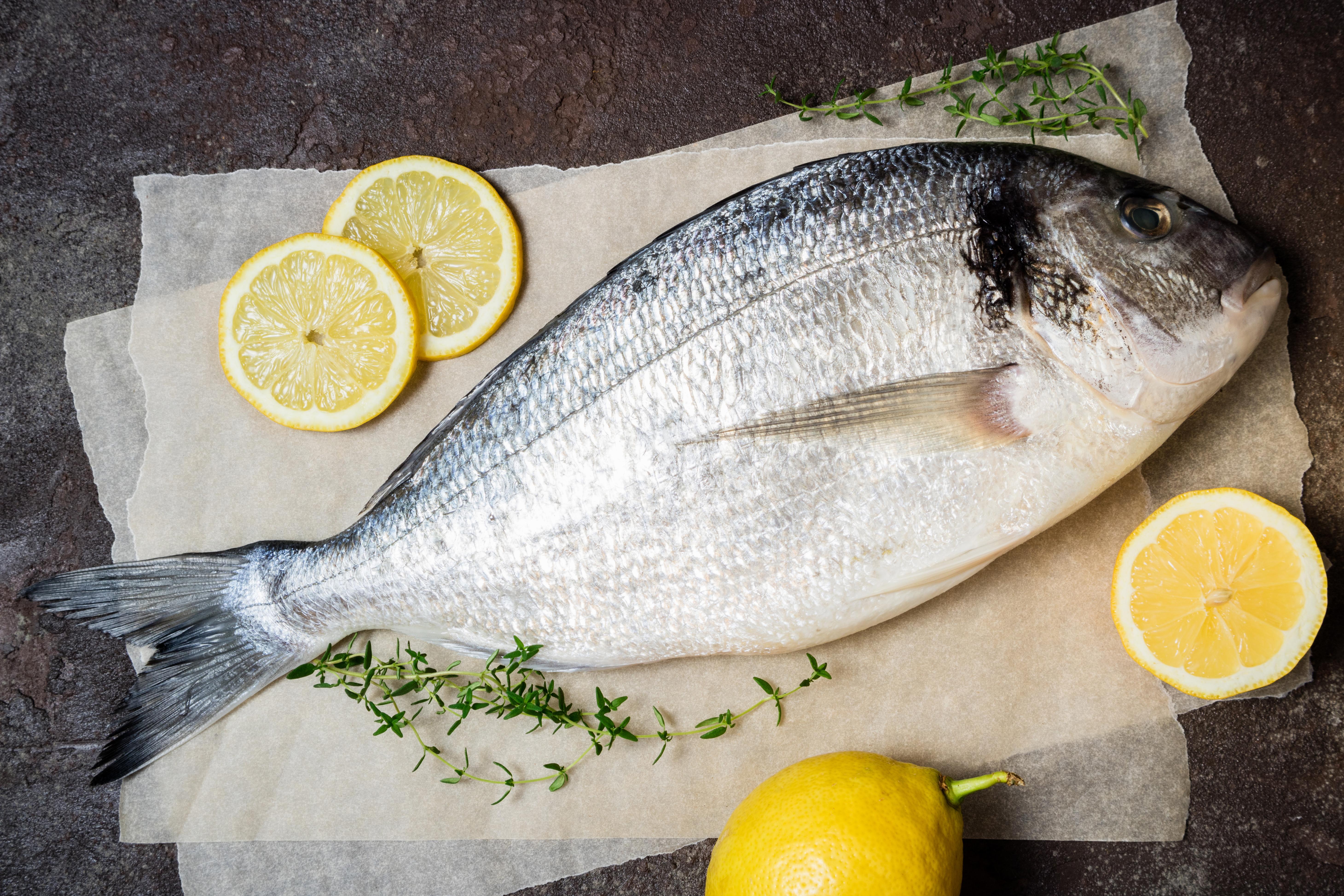
While fish is celebrated for its heart-healthy omega-3 fatty acids, it's also a significant source of protein and phosphorus, which can be challenging for individuals with kidney disease. The kidneys’ job is to filter the waste products of protein metabolism, and a high-protein diet can be a strain. Additionally, many types of fish, especially canned varieties, are high in phosphorus. For those with kidney concerns, it's important to consume fish in moderation and choose a fish that is lower in phosphorus, such as cod or sea bass, to support kidney function without causing harm.
24. Yogurt: The Phosphorus and Potassium Paradox
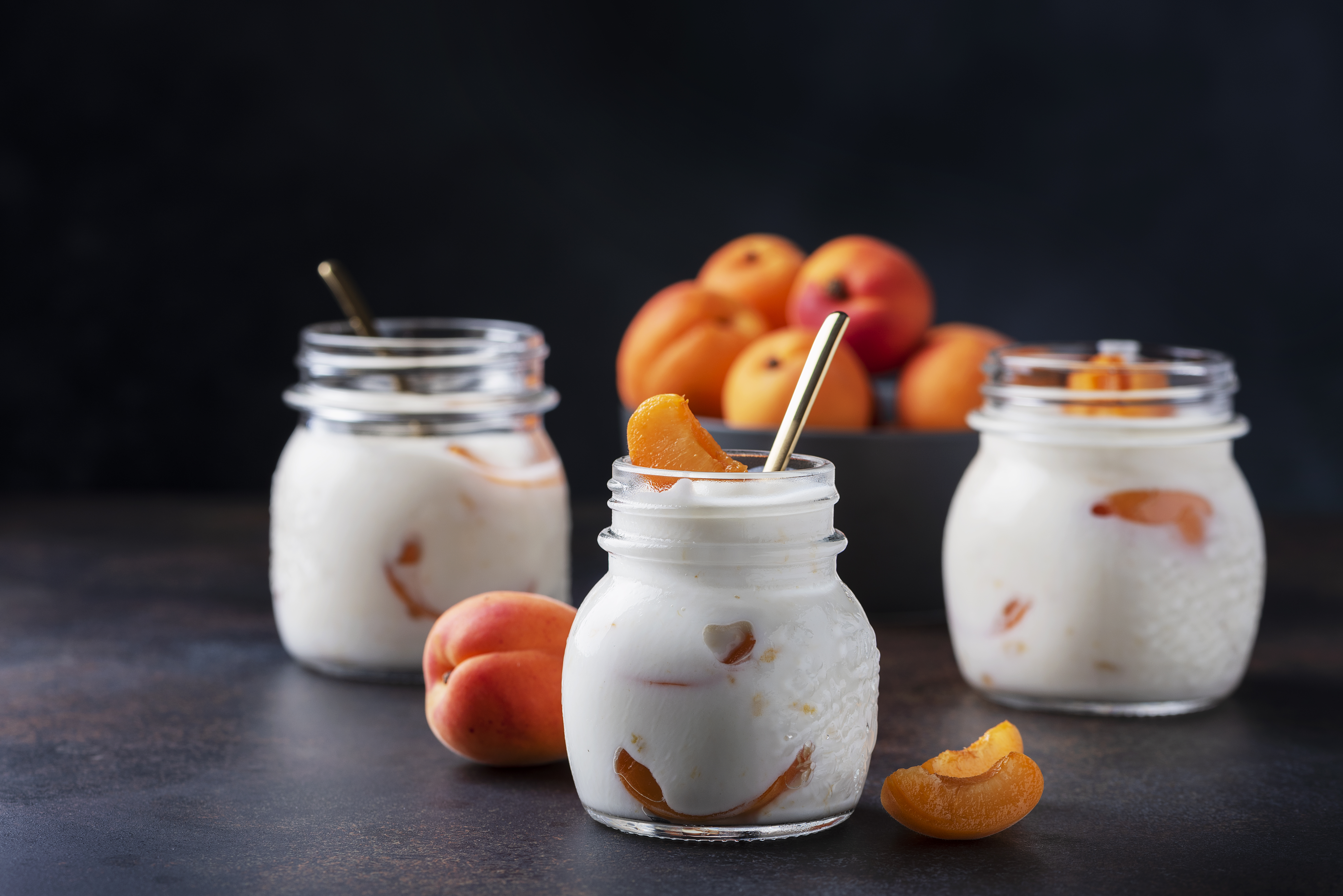
Yogurt is often touted as a healthy breakfast or snack, but for those with kidney disease, its high phosphorus and potassium content can be a paradox. While yogurt offers beneficial probiotics and calcium, these minerals can accumulate to dangerous levels in the blood of individuals with impaired kidney function. For a kidney-friendly alternative, choose plain, unsweetened yogurt and monitor your portion sizes. You can also explore low-phosphorus, non-dairy alternatives like oat milk-based yogurts, which allow you to enjoy a similar texture and flavor without compromising your kidney health.
25. Red Meat: The Acid Load
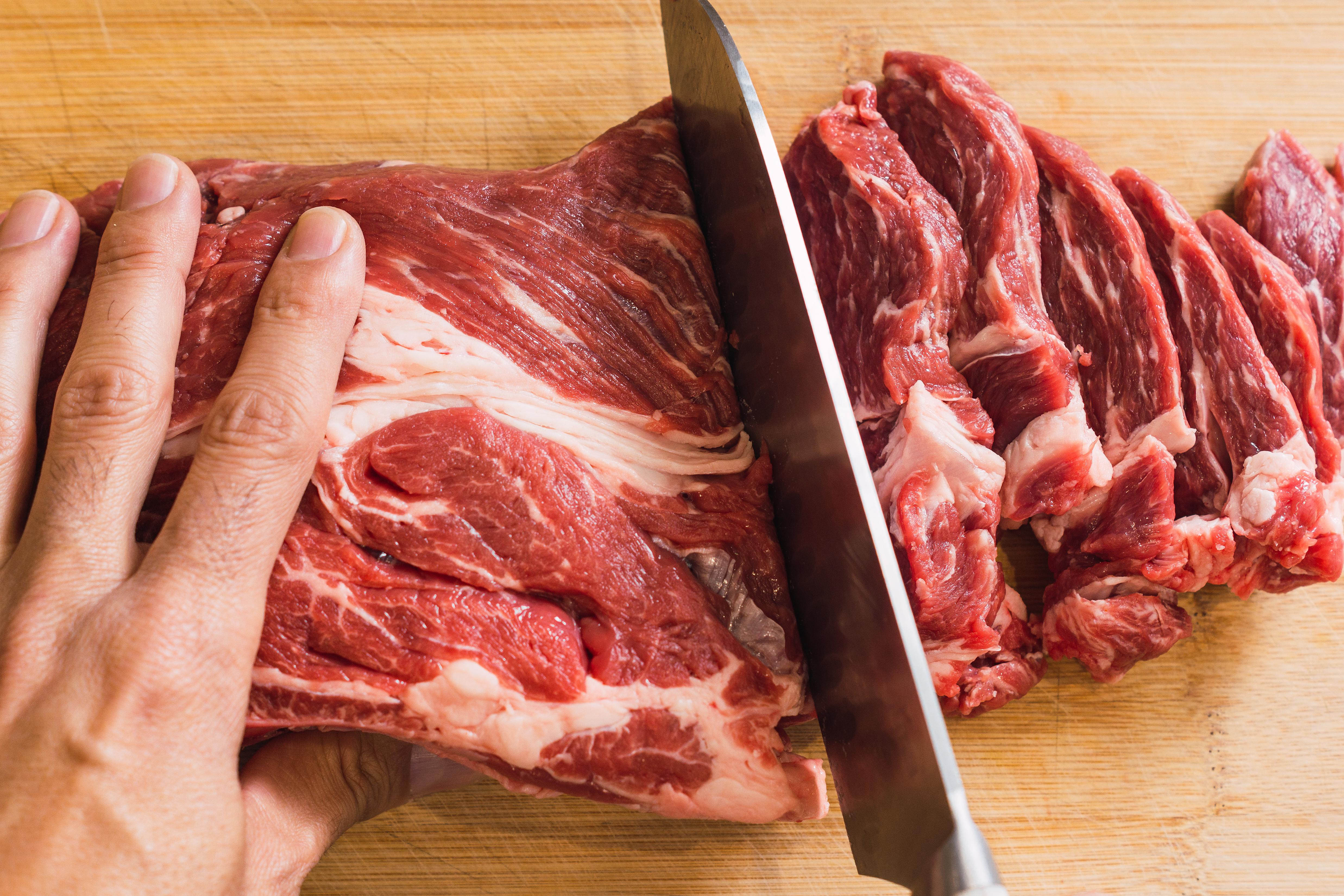
Red meat is a staple in many diets, known for its rich protein and iron content. However, for those with kidney concerns, it can pose a significant challenge due to its high acid load. As the body metabolizes animal protein, it produces a large amount of acid that the kidneys must work overtime to filter and excrete. This constant, high-level demand can place significant stress on the organs, potentially accelerating kidney decline. A high-protein, meat-heavy diet has also been linked to an increased risk of kidney stone formation. Consider a more balanced approach by incorporating plant-based proteins or lean poultry to give your kidneys a much-needed break from this acidic burden.
26. Lentil Soups: The Concentrated Mineral
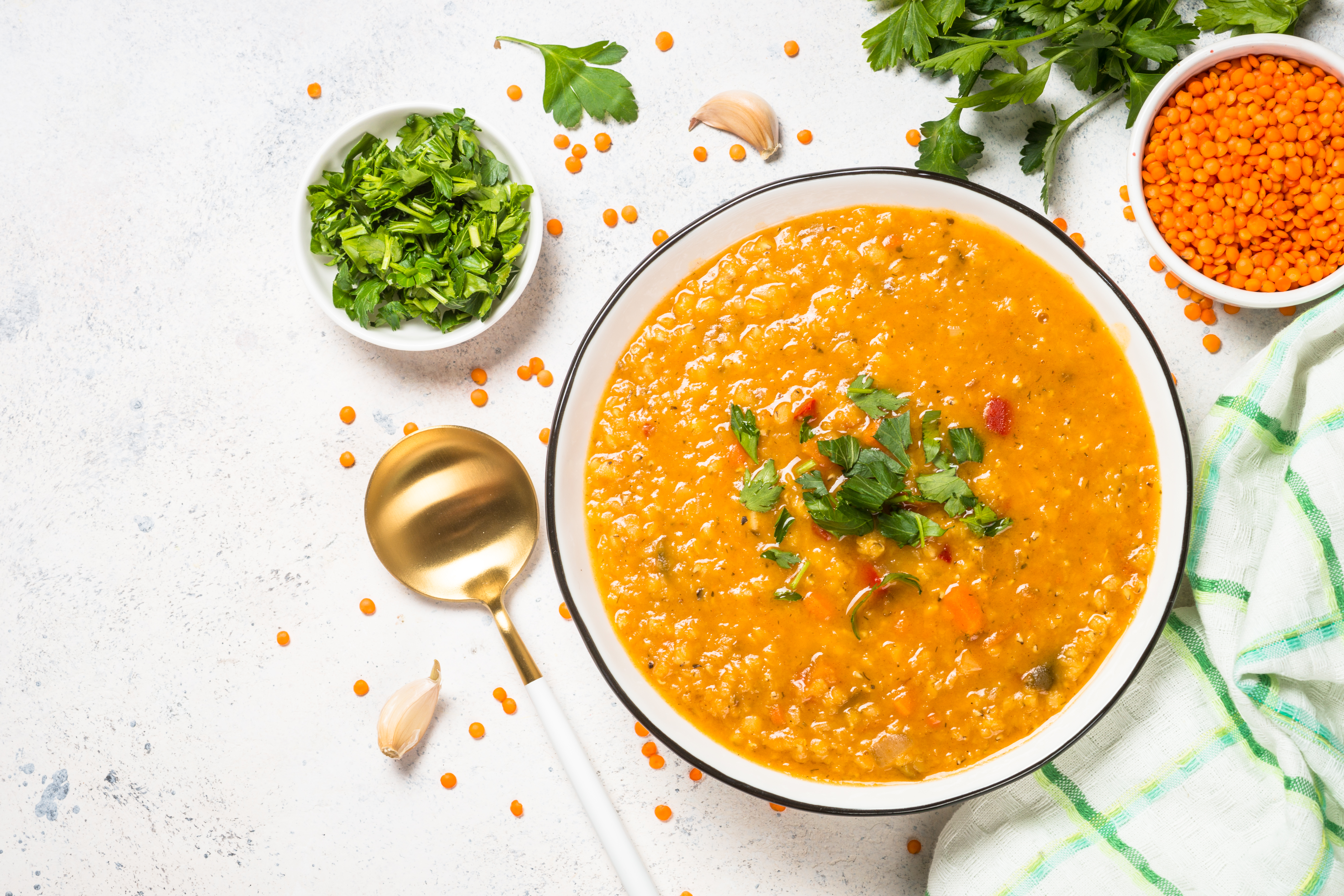
While lentils on their own are a healthy addition to a diet, many commercially prepared lentil soups can be a hidden trap for kidney health. The issue lies in the concentration of minerals that occurs when lentils are cooked down in broth. Both potassium and phosphorus leach into the soup base, making a single bowl a highly concentrated dose of these minerals. Furthermore, canned and pre-packaged soups are notoriously high in sodium, which puts extra strain on the kidneys to regulate fluid balance and blood pressure. To enjoy a kidney-friendly version, it is best to make your own lentil soup from scratch using low-sodium broth and carefully monitoring portion sizes.
27. Pickled Vegetables: The Preservative Burden
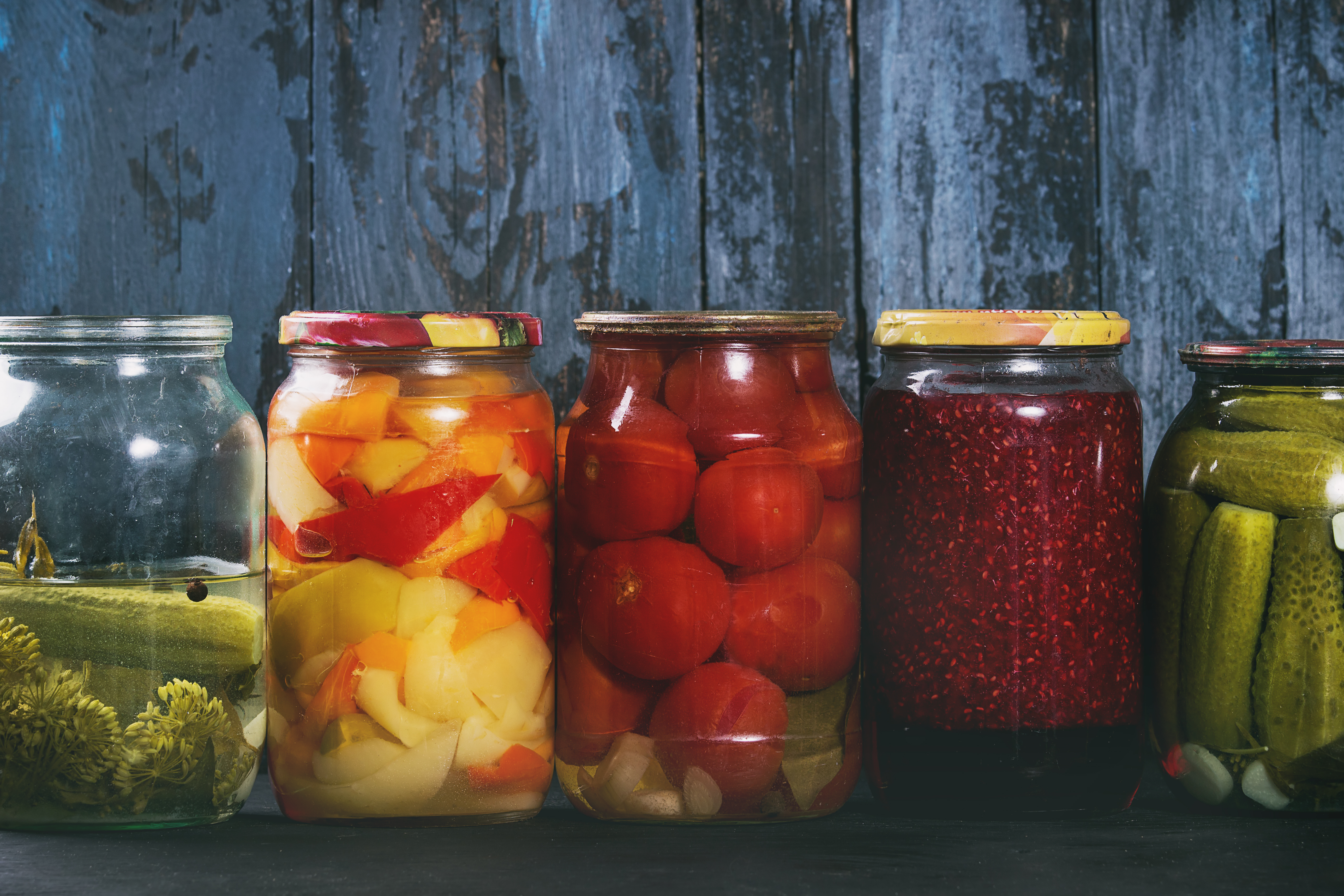
Pickled vegetables, from cucumbers to sauerkraut, are often celebrated for their probiotic benefits and tangy flavor. However, their preparation method involves a heavy use of salt or other sodium-based preservatives. The high sodium content in these foods forces the kidneys to work harder to filter out the excess salt, which can lead to increased blood pressure and fluid retention over time. While the occasional small serving is likely fine for those with healthy kidneys, regular consumption can add up, creating an unnecessary burden. It's best to enjoy fermented foods in moderation and to opt for fresh vegetables that offer the same nutrients without the excessive sodium.
28. Coffee: The Dehydrating Stimulant

Coffee is a daily ritual for many, valued for its stimulating effects and rich antioxidants. However, its diuretic properties can be a concern for kidney health. Caffeine is a diuretic, which means it increases urine production and can lead to dehydration if not balanced with adequate water intake. Chronic dehydration can reduce blood flow to the kidneys and impair their ability to function properly. While a cup or two a day is generally not an issue for a healthy person, excessive consumption can put a strain on the kidneys over time, making it harder for them to maintain proper fluid and electrolyte balance.
29. Processed Meats: The Sodium and Preservative Load
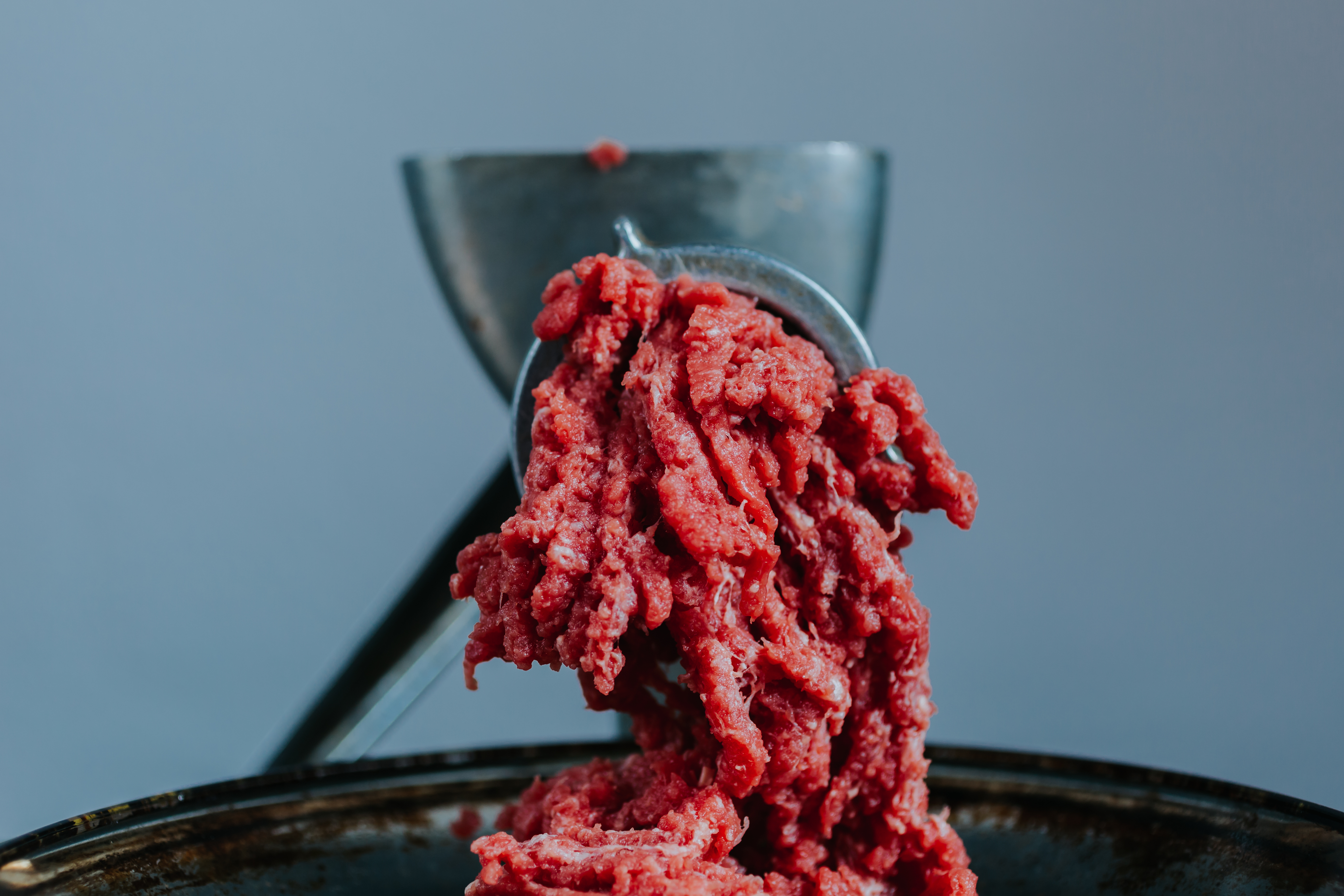
Processed meats like bacon, sausage, and deli slices are a significant source of concern for kidney health, going far beyond just their protein content. These foods are packed with sodium, often to the point that a single serving can exceed a person's daily limit. Additionally, they contain high levels of nitrates and phosphates, which are used as preservatives. The kidneys must work diligently to filter out both the excess sodium and these added chemicals. This continuous high-demand state can wear down renal function and contribute to high blood pressure, a major risk factor for chronic kidney disease. Choosing fresh, unprocessed meats or plant-based proteins is a healthier choice for the long-term well-being of your kidneys.
30. Diet Sodas and Artificial Sweeteners
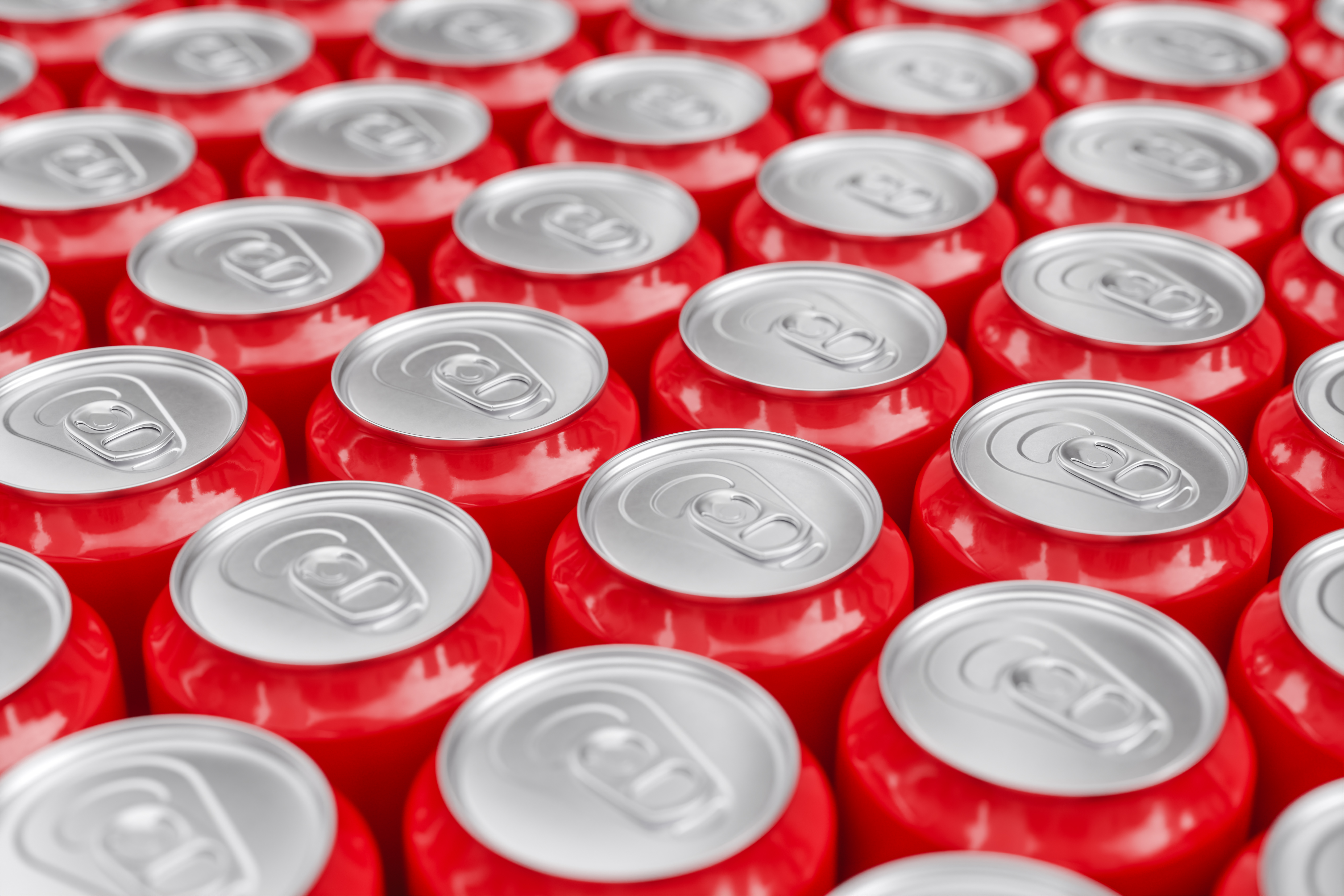
While they may seem like a healthier, sugar-free alternative, diet sodas and other beverages containing artificial sweeteners can be surprisingly taxing on the kidneys. Some studies suggest a link between a high intake of artificially sweetened drinks and a decline in kidney function. The exact mechanism isn’t fully understood, but it is believed that the kidneys have to work harder to filter these synthetic compounds, a stress that can build up over time. Instead of reaching for a diet soda, consider water infused with fresh fruit or a splash of natural fruit juice to satisfy a craving for something more flavorful.
31. Chia and Flax Seeds: The Phosphorus Power-Up
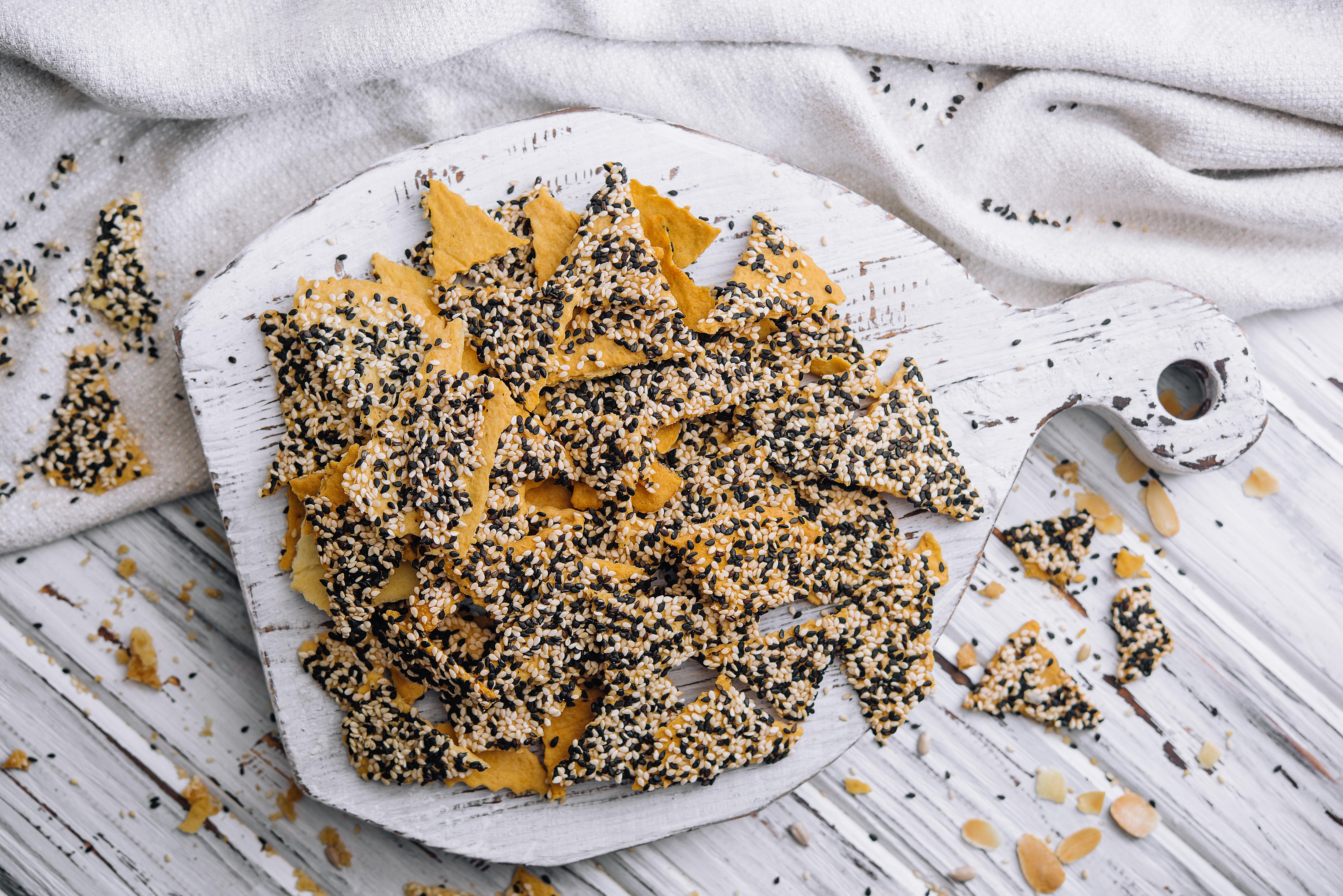
These tiny seeds are lauded as superfoods for their omega-3 fatty acids and fiber. However, they are also a concentrated source of phosphorus. For someone with kidney disease, the kidneys struggle to excrete excess phosphorus, leading to a dangerous buildup in the blood. This can lead to weakened bones and other serious health complications. While beneficial for healthy individuals, those with kidney concerns should monitor their intake and opt for smaller portions.
32. Quinoa: The Dual Mineral Threat
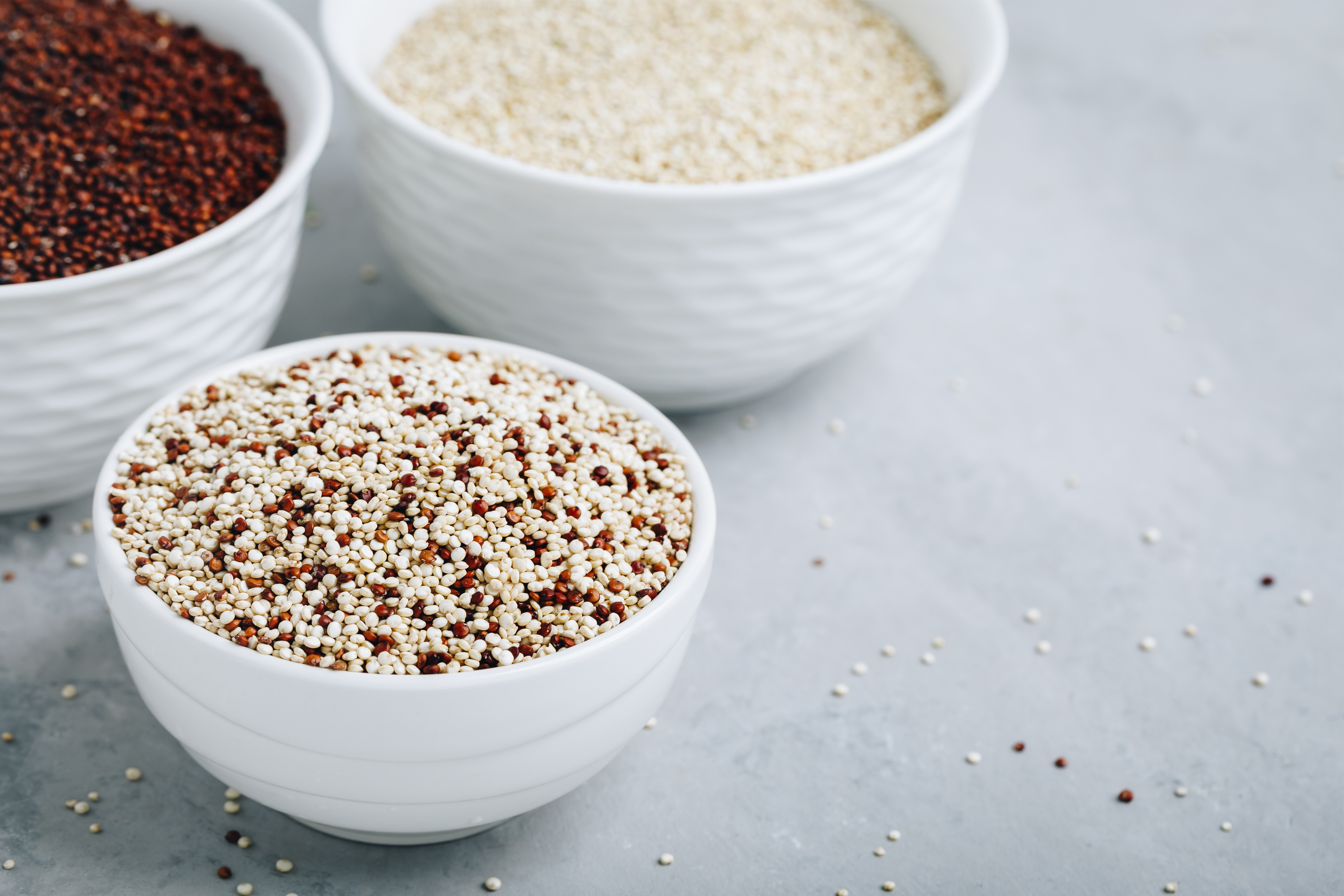
Quinoa is a popular plant-based protein, celebrated as a healthy alternative to rice. However, for those with kidney disease, this health halo can be misleading. Quinoa is a significant source of both potassium and phosphorus. The kidneys must work hard to filter these minerals, and an impaired kidney can be overwhelmed by the concentrated amounts found in a typical serving. Soaking and rinsing quinoa before cooking can help, but it’s still wise to consume it in moderation and consider lower-potassium grains like white rice or couscous as safer alternatives.
33. Kombucha and Other Fermented Drinks: The Potassium and Phosphorus Trap
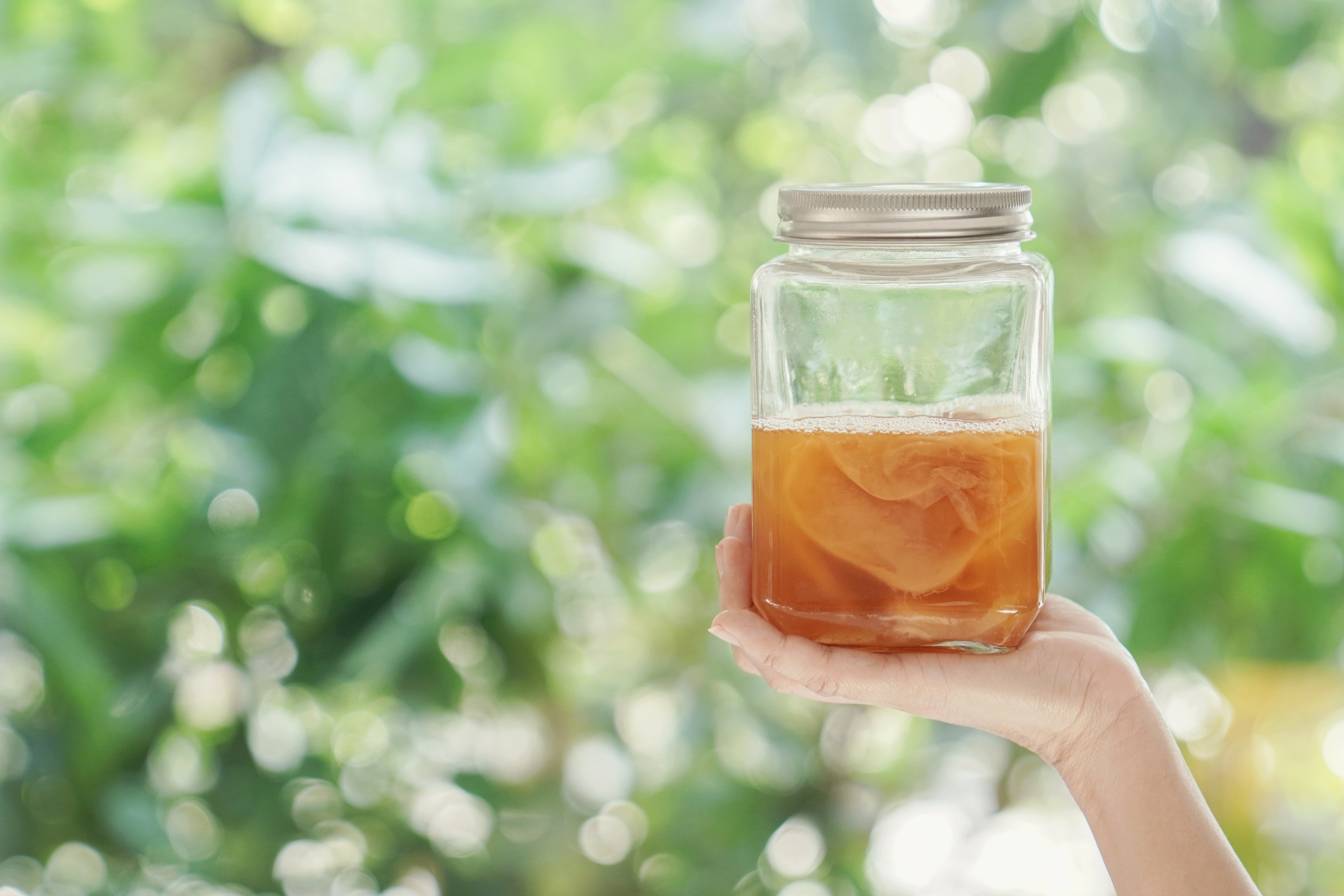
Kombucha is a trendy fermented drink known for its probiotic benefits, but for individuals with kidney disease, it can be a hidden trap. The fermentation process can concentrate minerals, particularly potassium and phosphorus, which are often found in the teas and fruits used to flavor it. While these minerals are beneficial for healthy individuals, an excess can be dangerous for those with impaired kidney function. It's a prime example of a “healthy” food that should be approached with caution.
34. Beets and Beetroot Juice: Oxalate Powerhouses
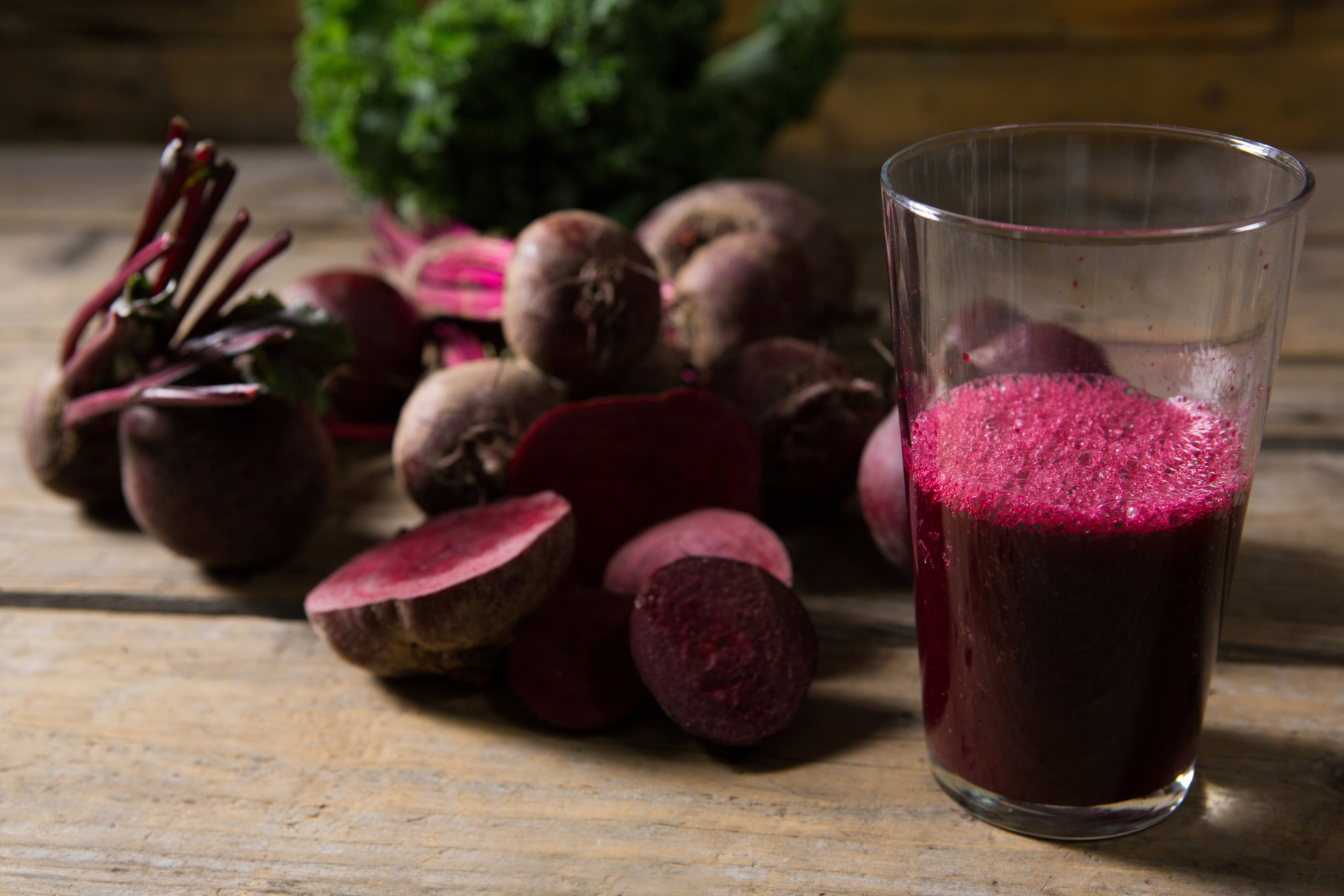
Beets and beetroot juice are often promoted for their ability to lower blood pressure due to their high nitrate content, which converts to nitric oxide. However, like spinach, they are also very high in oxalates. For people with a history of calcium oxalate kidney stones, a high intake of beets can significantly increase their risk of stone formation. If you are looking to lower your blood pressure, consider other foods and drinks that do not contain oxalates, such as fruits and vegetables, and consult a healthcare professional.
35. Excess Water: A Surprising Burden

While staying hydrated is crucial, for individuals with advanced kidney disease, consuming too much water can be a surprising and dangerous burden. Failing kidneys cannot excrete excess fluid efficiently, leading to fluid overload. This can cause swelling, high blood pressure, and even heart failure. While the average person benefits from drinking plenty of water, those with kidney issues must carefully monitor their fluid intake based on their doctor's recommendations. This paradox highlights the importance of a personalized approach to hydration, proving that even a good thing can become harmful in excess.
36. Coconut Water: The Potassium Trap
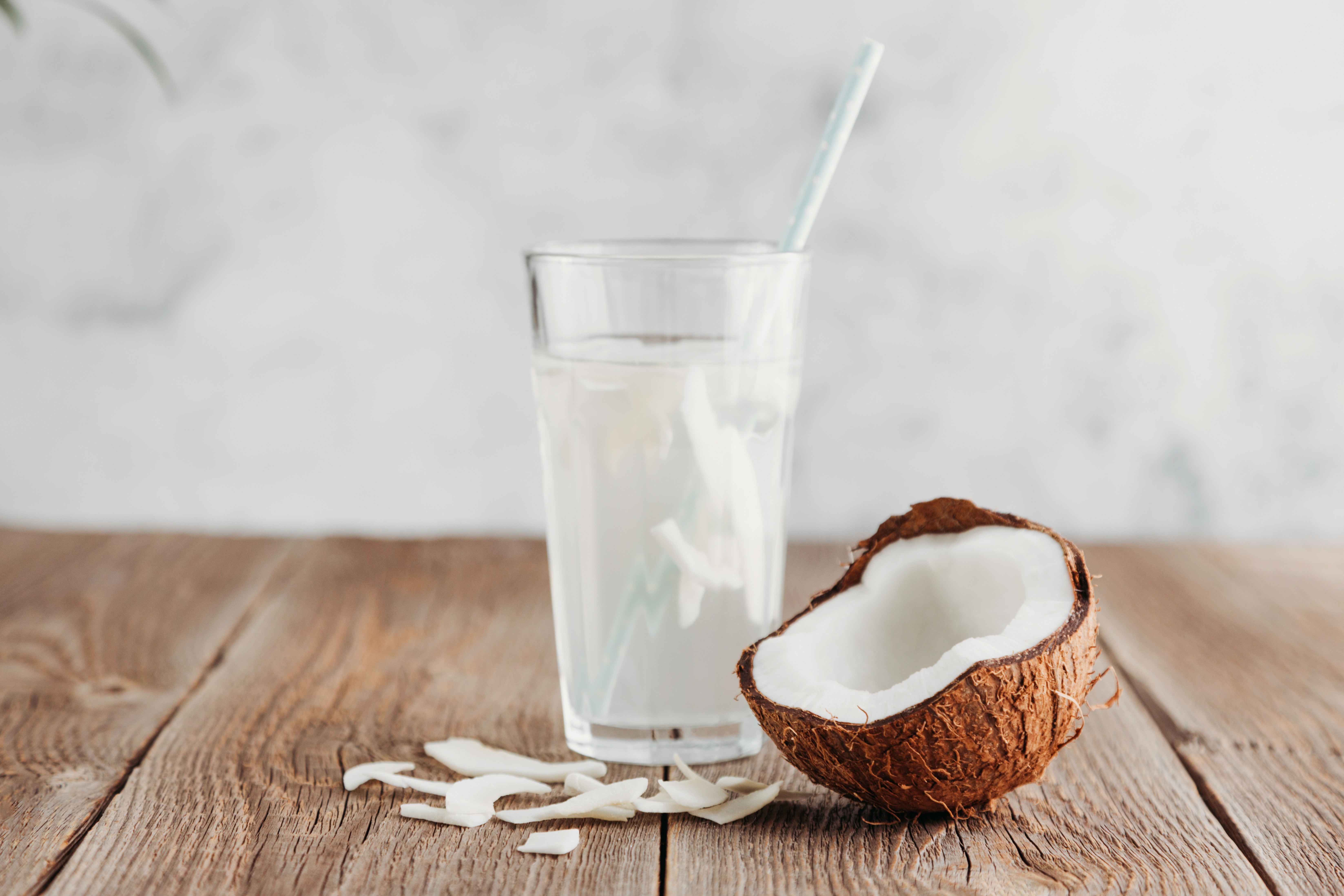
Coconut water is often hailed as a natural sports drink, valued for its electrolytes and hydrating properties. However, for individuals with kidney disease, its high potassium content can be a hidden trap. A single serving can contain more potassium than a banana, a food already on the restricted list for many with renal issues. When kidneys are unable to filter out potassium, a dangerous buildup can occur. While coconut water is a healthy choice for a healthy person, it should be approached with extreme caution by those with kidney concerns. Opt for plain water to stay hydrated without the risk.
37. Bone Broth: The Sodium and Phosphorus Elixir
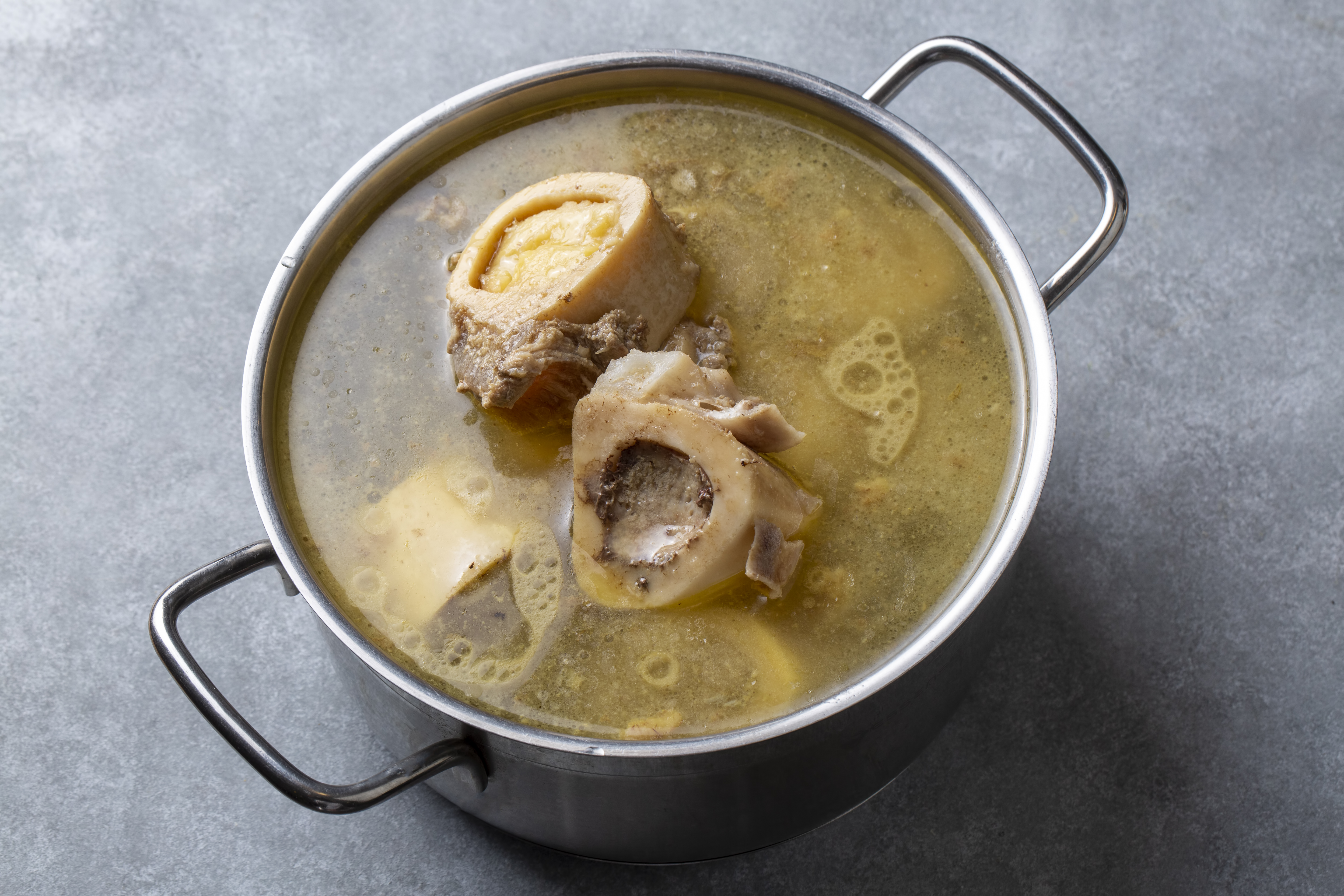
Bone broth is a popular health elixir, praised for its collagen, minerals, and gut-healing properties. However, for individuals with kidney disease, it can be a significant source of sodium and phosphorus. The long simmering process leaches these minerals from the bones into the broth, creating a concentrated dose. Additionally, many store-bought bone broths are high in added sodium. A kidney-conscious diet requires a careful balance of minerals, and a single cup of bone broth can exceed a day’s allowance of phosphorus. It's a prime example of a “healthy” food that should be approached with caution.
38. Mushrooms: A Potassium and Phosphorus Puzzle
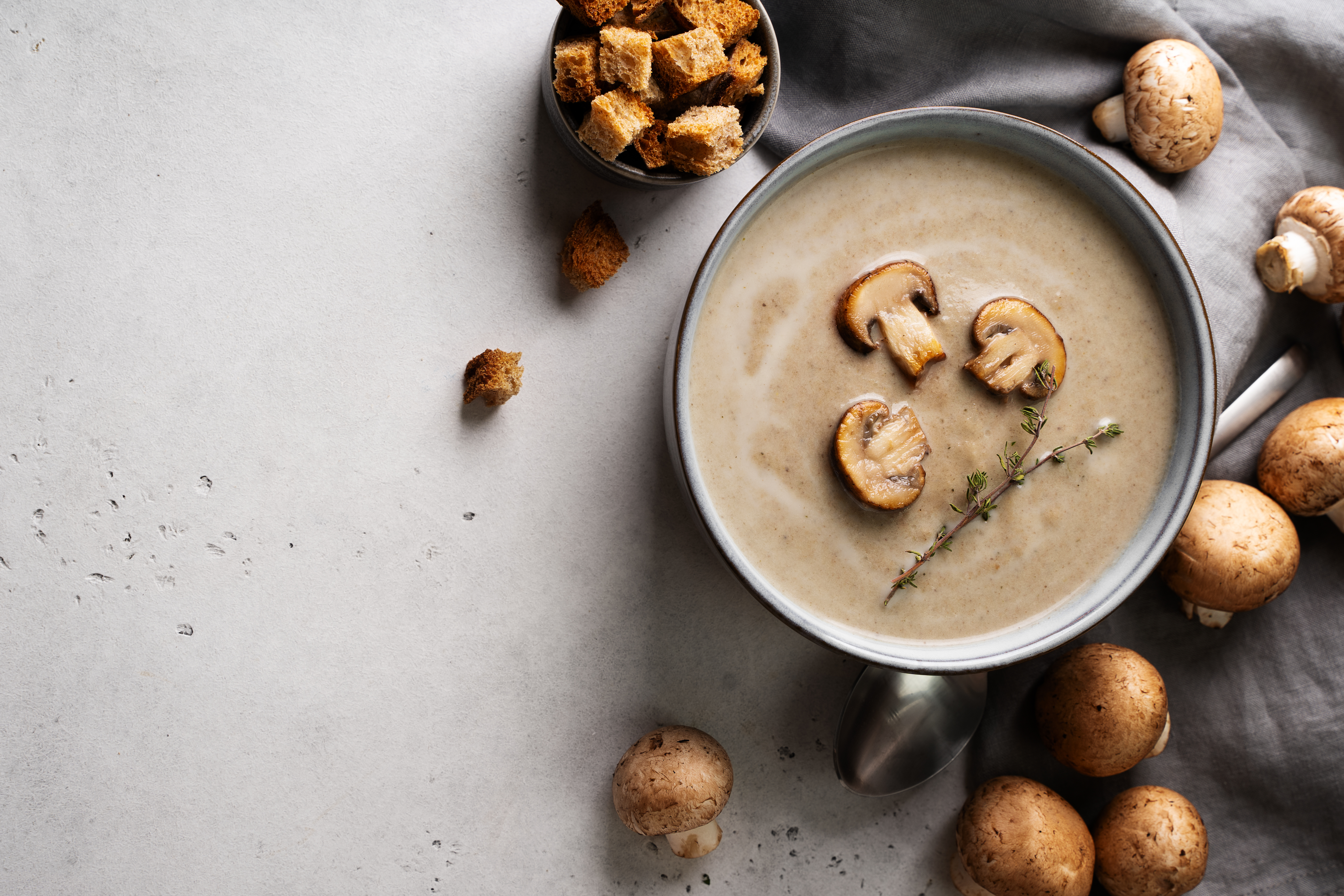
Mushrooms, a versatile and delicious addition to many meals, are also a hidden source of potassium and phosphorus. For individuals with compromised kidney function, these minerals can accumulate in the blood to dangerous levels. The kidneys’ primary role is to regulate these minerals, and impaired function can lead to a host of health problems. While an occasional small serving is likely fine, individuals with kidney issues should be mindful of their mushroom intake. Choosing lower-potassium vegetables like bell peppers or cauliflower can be a safer choice for a kidney-conscious diet.
39. Herbal Supplements: The Unregulated Risk
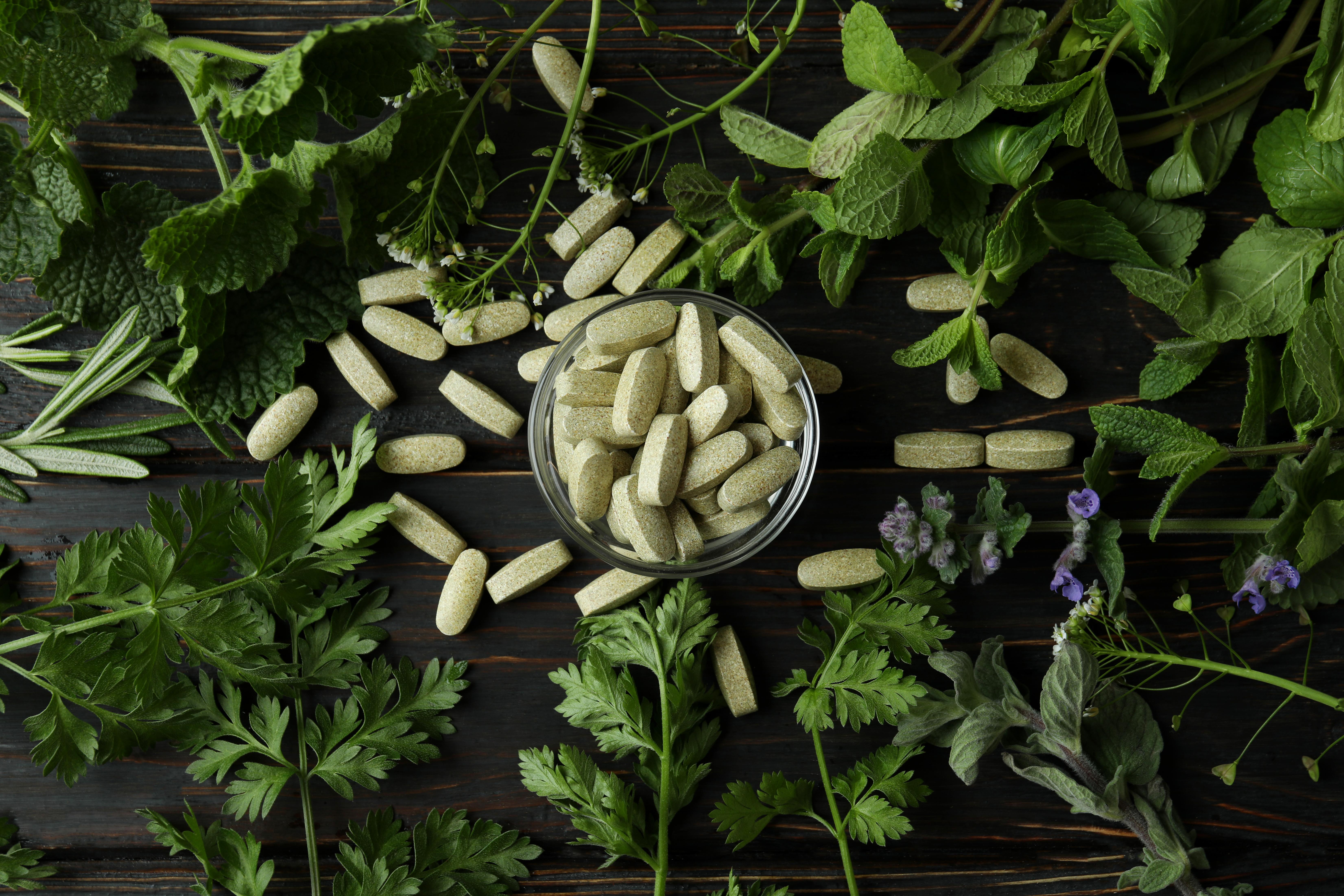
Many supplements, including those for weight loss or detox, are unregulated and contain unknown amounts of potassium, phosphorus, or other compounds that can be harmful to the kidneys. The high concentration of these minerals in a pill form can be much more dangerous than in a tea. Always consult with a doctor or a registered dietitian before taking any herbal supplements, as they can cause significant kidney damage, a danger that is often overlooked.
40. Brewer's Yeast: The Chromium and Phosphorus Burden
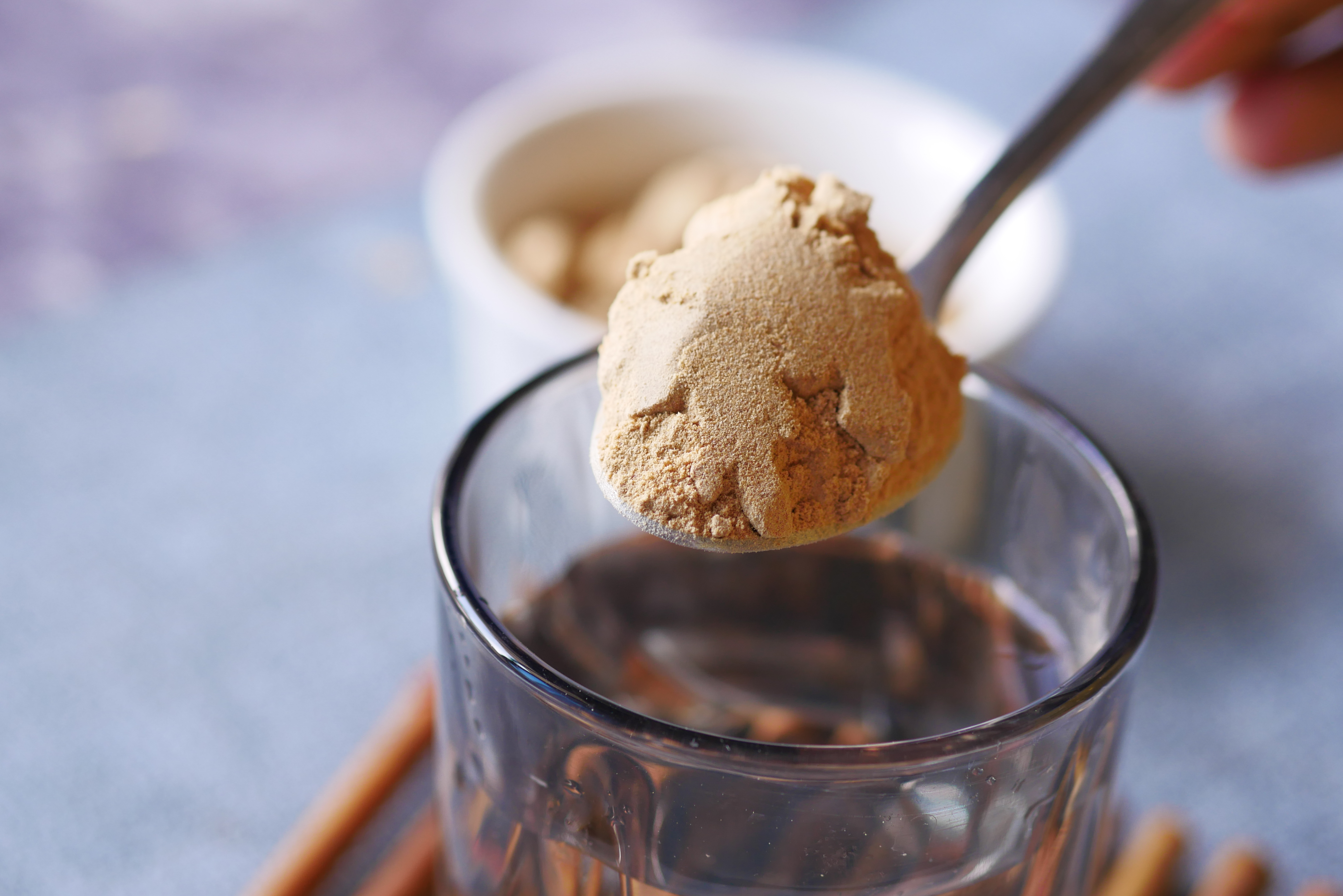
Brewer's yeast is often used in baking and as a nutritional supplement due to its high content of B vitamins and minerals like chromium. However, it's also a significant source of phosphorus. While phosphorus is crucial for bone health, individuals with kidney disease cannot properly filter excess amounts, leading to dangerous accumulation in the blood. This can cause weak bones and cardiovascular issues. For those with compromised kidney function, brewer's yeast and other yeast-based nutritional supplements should be avoided, as the benefits do not outweigh the risks.
41. High-Protein Diets: The Nitrogen Waste

Beyond specific protein sources like red meat, the very concept of a high-protein diet can be a concern for kidney health. When the body metabolizes protein, it produces nitrogen waste products that the kidneys must work tirelessly to filter out. A chronically high-protein intake, such as that from a diet focused on lean meats or protein shakes, can place a continuous and heavy burden on the kidneys, potentially accelerating their decline over time. For individuals with existing kidney issues, a moderate-protein diet is often recommended to reduce this workload.
42. Star Fruit: The Neurological Toxin
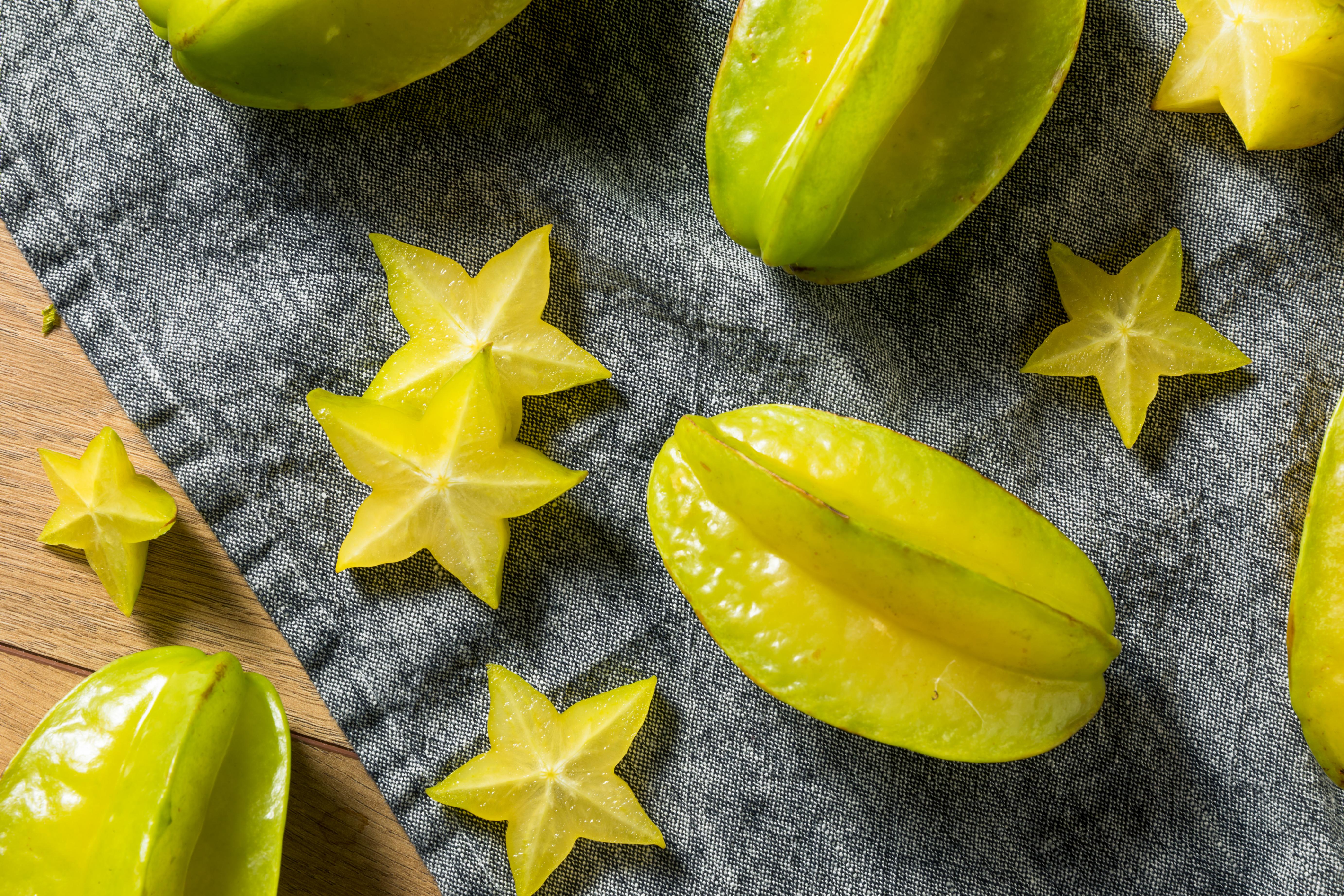
Star fruit, or carambola, is a beautifully shaped tropical fruit. However, for people with compromised kidney function, it contains a neurotoxin that healthy kidneys would normally filter out. When this toxin builds up in the blood, it can cause severe symptoms, including hiccups, vomiting, seizures, and even death. The danger is so serious that many nephrologists warn against it entirely for patients with kidney disease. This is a rare example of a food that should be completely off-limits, not just consumed in moderation.
43. Prune Juice: The Potassium and Laxative Mix
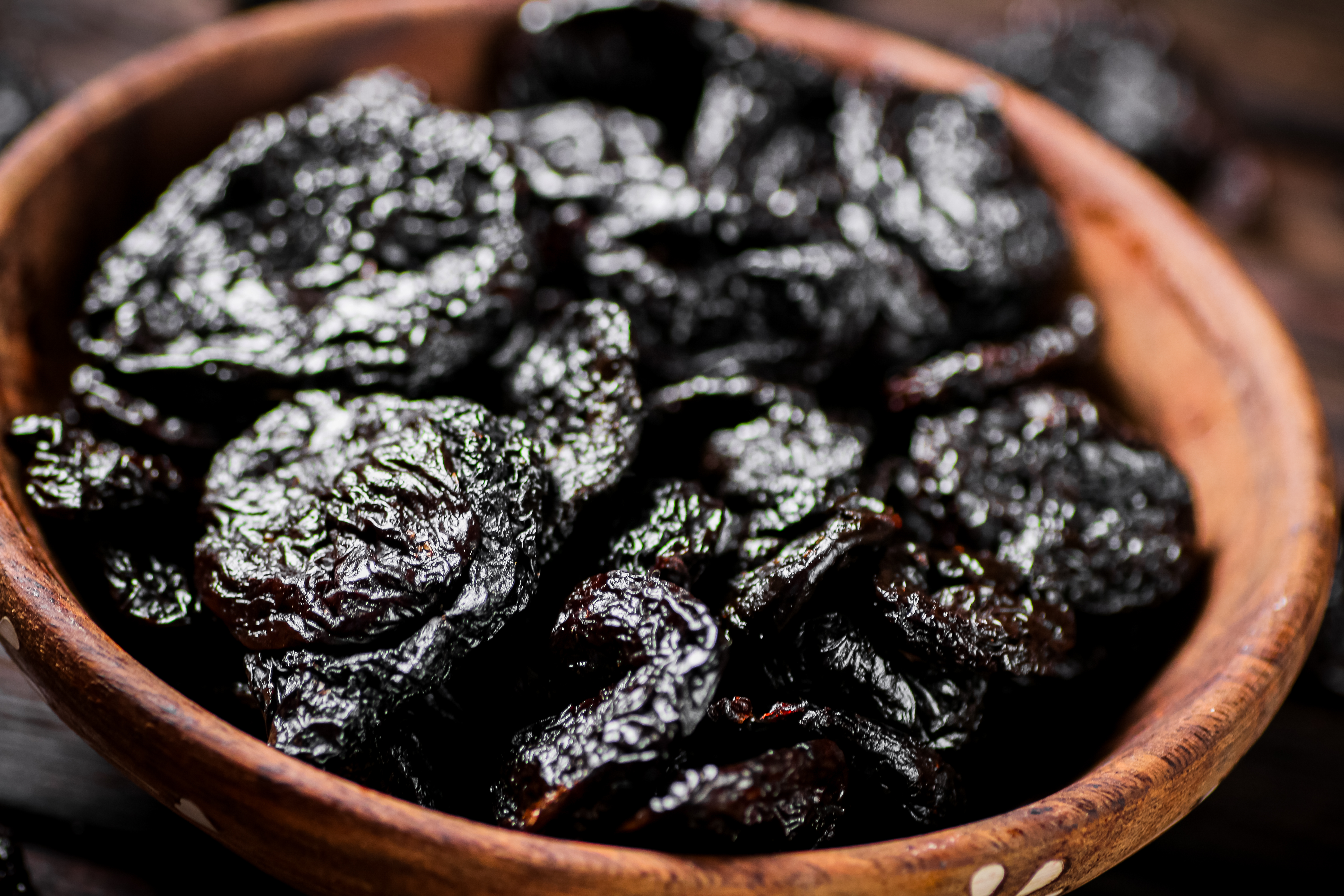
Often consumed as a natural remedy for constipation, it is a highly concentrated source of potassium and sorbitol, a natural sugar alcohol with laxative effects. For someone with kidney issues, the high potassium content can be dangerous. The sorbitol can also cause digestive distress, which can be particularly problematic for individuals whose health is already fragile. It's a double-edged sword that provides a concentrated dose of both problematic minerals and a GI-irritating compound, making it a poor choice for those with kidney concerns.
44. Instant Meals: The Hidden Potassium and Phosphorus
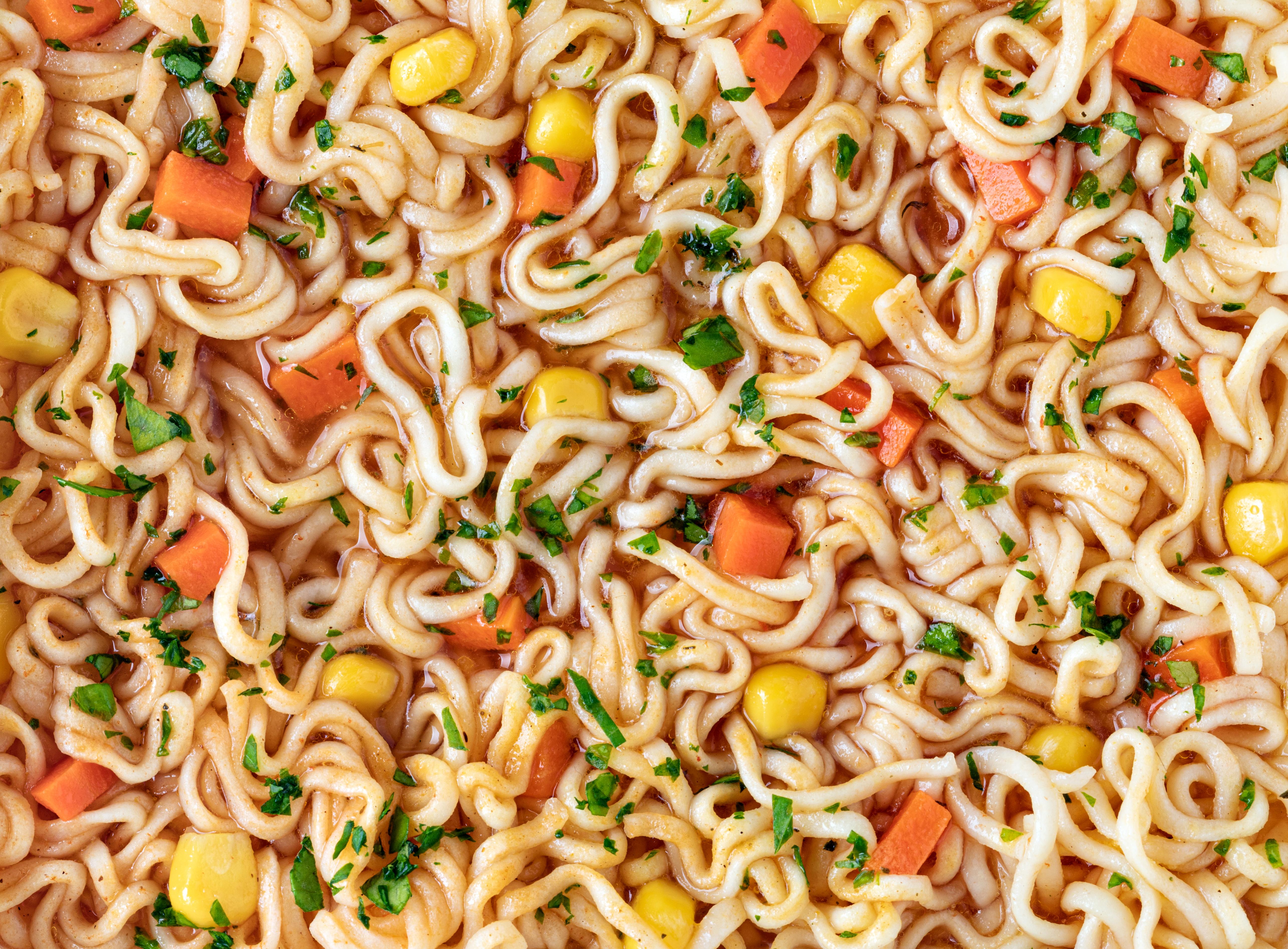
These products are not only high in sodium but also contain a variety of powdered seasonings, flavor enhancers, and preservatives, which are often loaded with potassium and phosphorus. Because the minerals are in a dehydrated, concentrated form, the impact on the kidneys is much greater than that of a similar home-cooked meal. This is a prime example of how food processing can transform a food into a kidney-damaging product.
45. High-Sodium Condiments and Sauces

Often overlooked, many popular condiments and sauces are stealthy sources of sodium and hidden phosphates, which are added for flavor, texture, and preservation. Think of soy sauce, ketchup, barbecue sauce, and even salad dressings. While a small amount may seem harmless, these products can have a disproportionately high concentration of minerals that can strain the kidneys. The added sodium contributes to high blood pressure and fluid retention, while phosphates are difficult for impaired kidneys to filter, leading to dangerous accumulation. Always check labels for sodium and phosphorus content, and opt for making your own sauces from scratch to control ingredients. This small change can make a huge difference in protecting your renal health.
46. Processed Cheeses: A Phosphorus and Sodium Trap
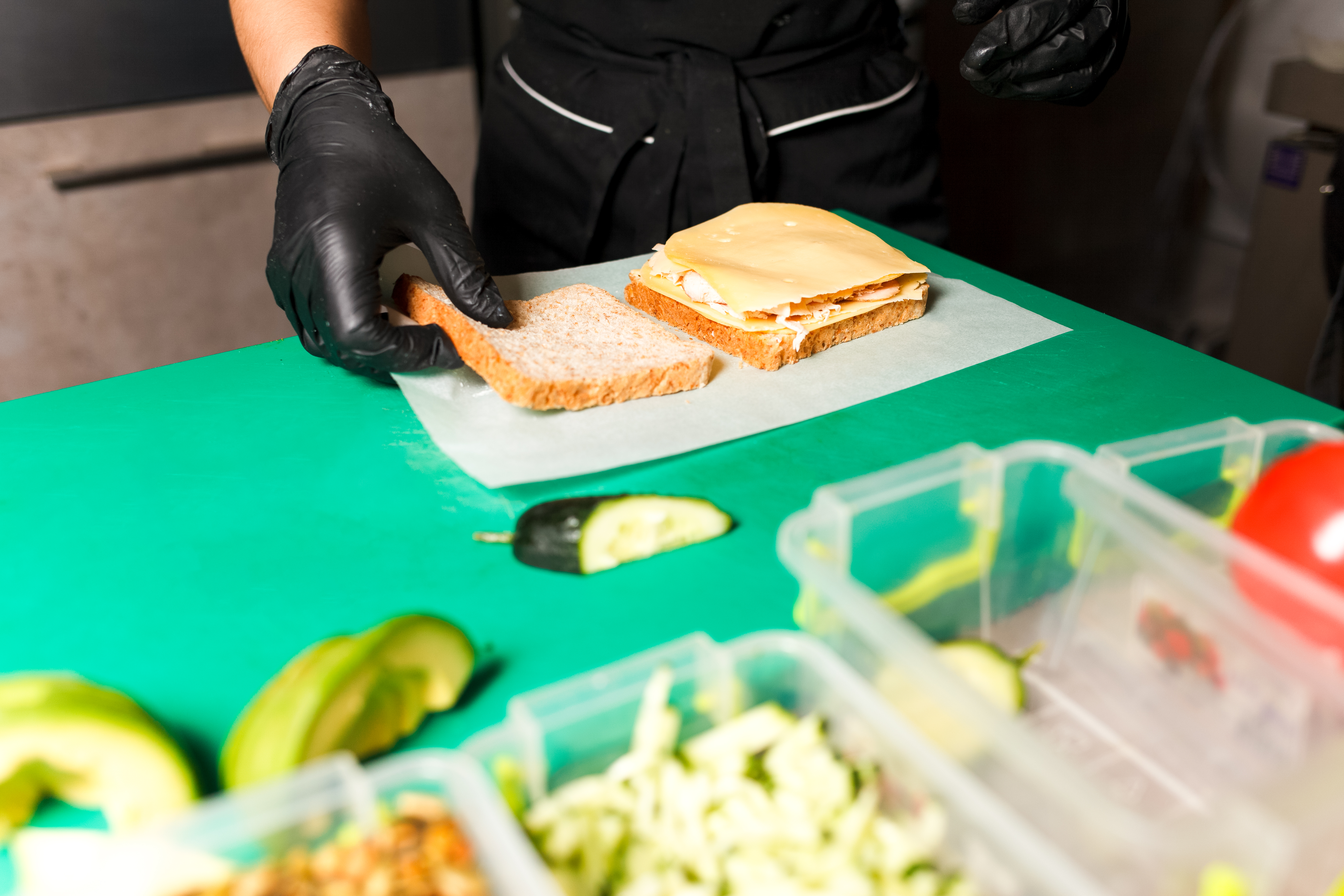
Processed cheeses, like those found in slices, spreads, and certain macaroni and cheese kits, are often high in both sodium and added phosphorus. The manufacturing process uses phosphate additives to improve texture, meltability, and shelf life. This type of phosphorus is highly bioavailable, meaning the body absorbs it efficiently, which can lead to a rapid buildup in the blood of someone with compromised kidney function. Always choose natural, unprocessed cheese in small portions or consider plant-based alternatives to avoid this hidden mineral burden.
47. Bran-Based Breads and Muffins: The Phytic Acid Problem
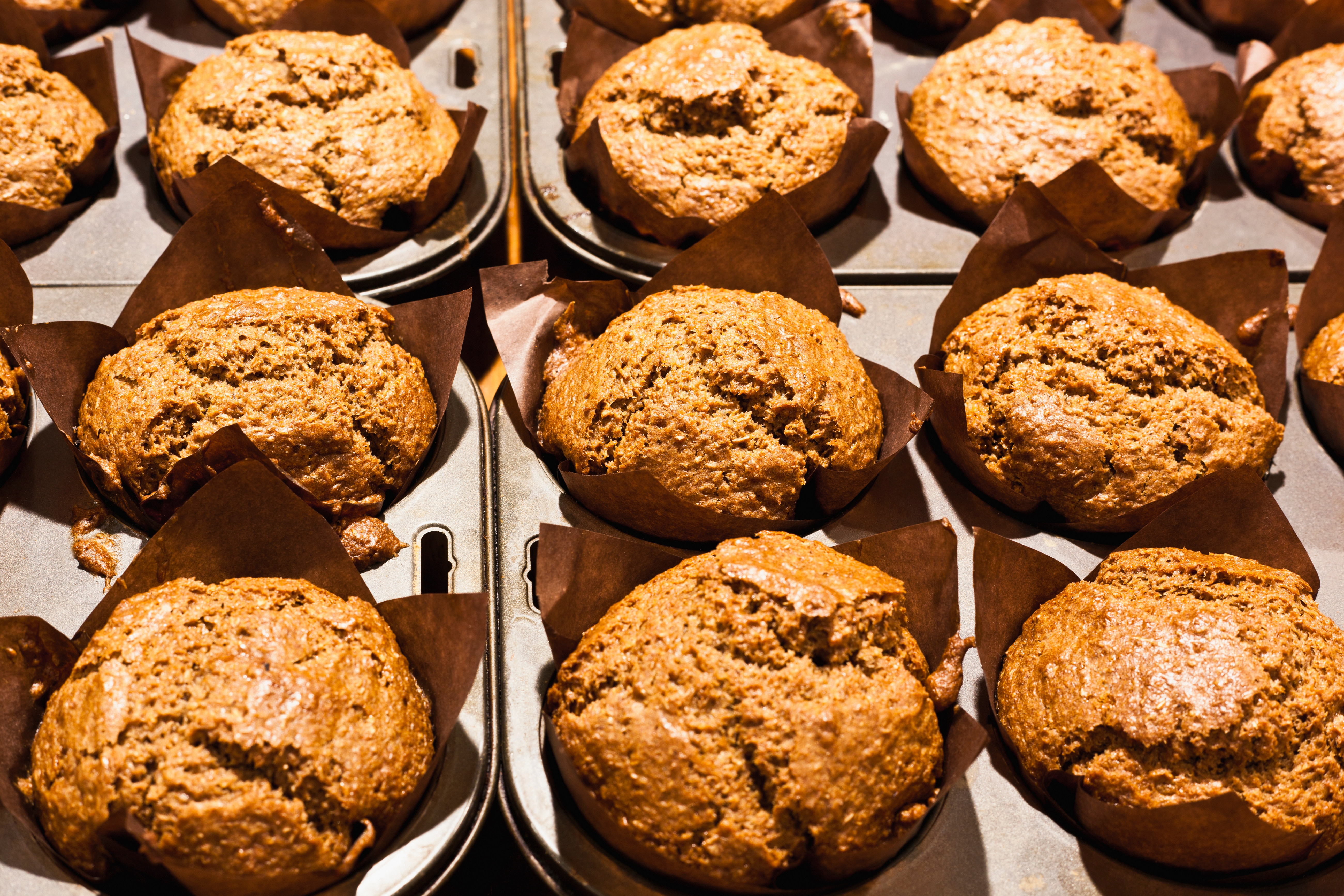
Whole grains are generally touted as healthy, but their bran content poses a specific problem for those with kidney issues. Bran contains a compound called phytic acid, which binds to minerals like phosphorus and potassium. While this sounds like a good thing, phytic acid is not fully digested by humans, so the minerals remain locked in. However, the kidneys still have to process a portion of these minerals. Additionally, many commercial bran-based products like muffins and breads use concentrated bran, making them a significant source of phosphorus. For those with kidney disease, this concentrated dose can be too much for their kidneys to handle. Opt for refined grains in moderation or seek out breads fortified with lower-phosphorus alternatives.
48. Licorice: The Blood Pressure Booster
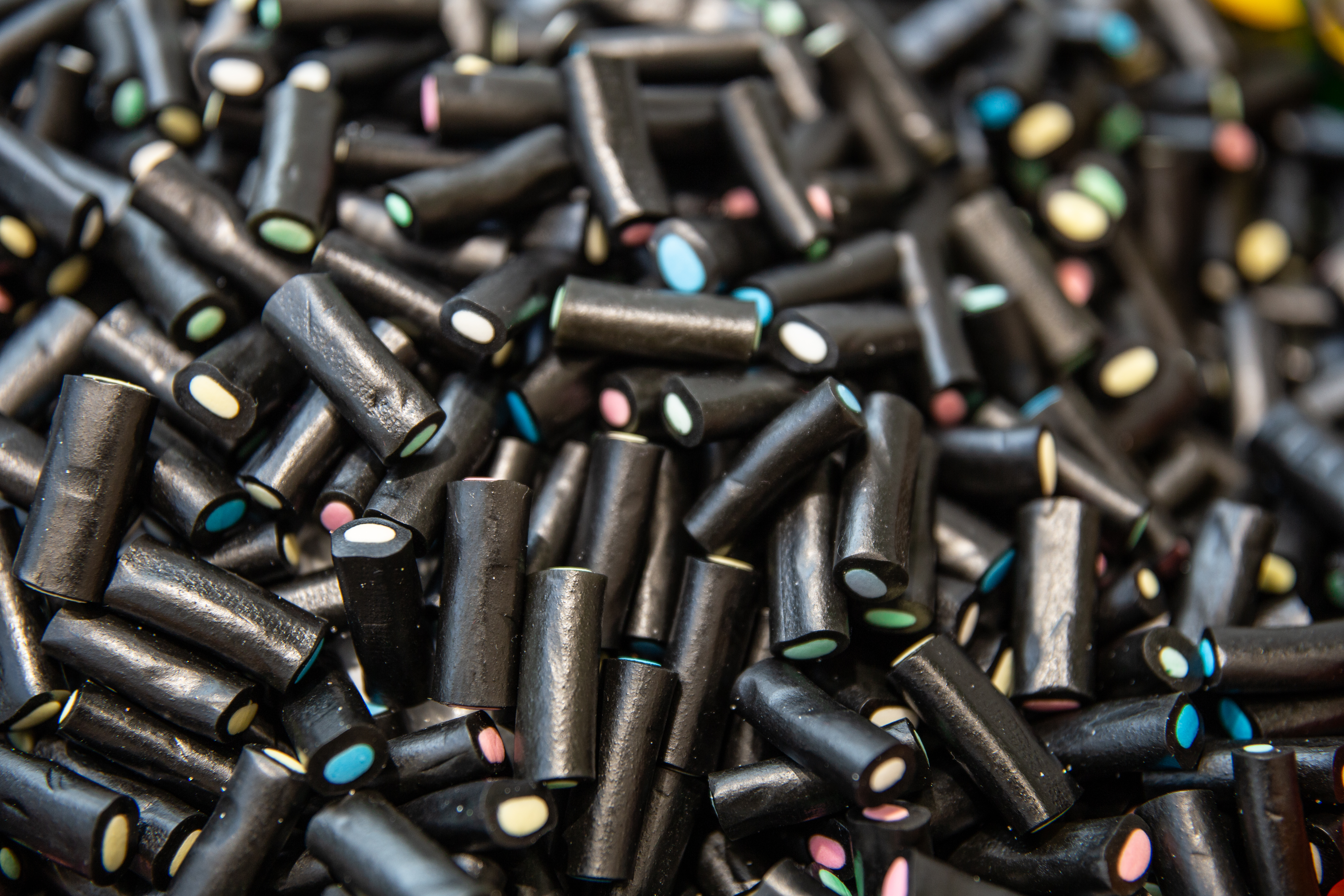
Licorice, especially the black kind, contains a compound called glycyrrhizin, which can mimic the hormone aldosterone. Aldosterone's role is to regulate blood pressure and electrolyte balance by telling the kidneys to hold onto sodium and excrete potassium. When you consume licorice, this process is thrown out of whack. Glycyrrhizin causes the body to retain more sodium and water while excreting more potassium. For individuals with kidney disease, this can lead to dangerous fluid retention and high blood pressure, putting an immense strain on their already compromised kidneys. Even small amounts can have a big effect, making this an often-overlooked and potentially serious risk.
49. Nutritional Yeast: A Surprising Source of Phosphorus
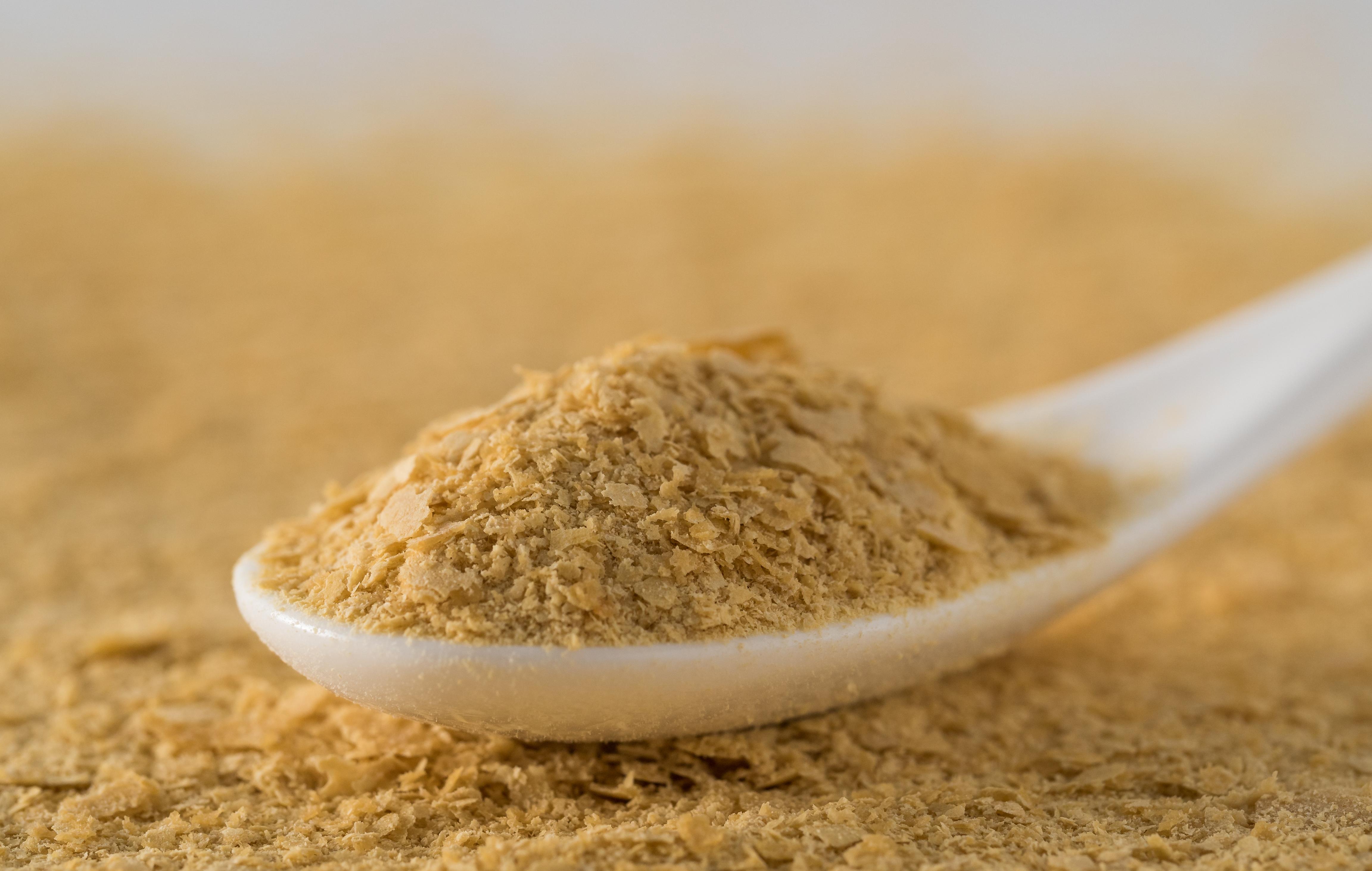
Nutritional yeast is a popular vegan seasoning known for its cheesy flavor and B vitamin content. However, for people with kidney disease, it’s a stealthy source of high phosphorus. A single tablespoon can contain a significant amount of phosphorus, and because it is a highly concentrated product, it can contribute to a rapid rise in blood phosphorus levels. When the kidneys can't properly filter this excess mineral, it can lead to bone disease and cardiovascular problems. While it's a great addition to a healthy diet for most people, those with kidney concerns should use it sparingly or avoid it altogether.
50. Artichokes: The Potassium and Fiber Trap
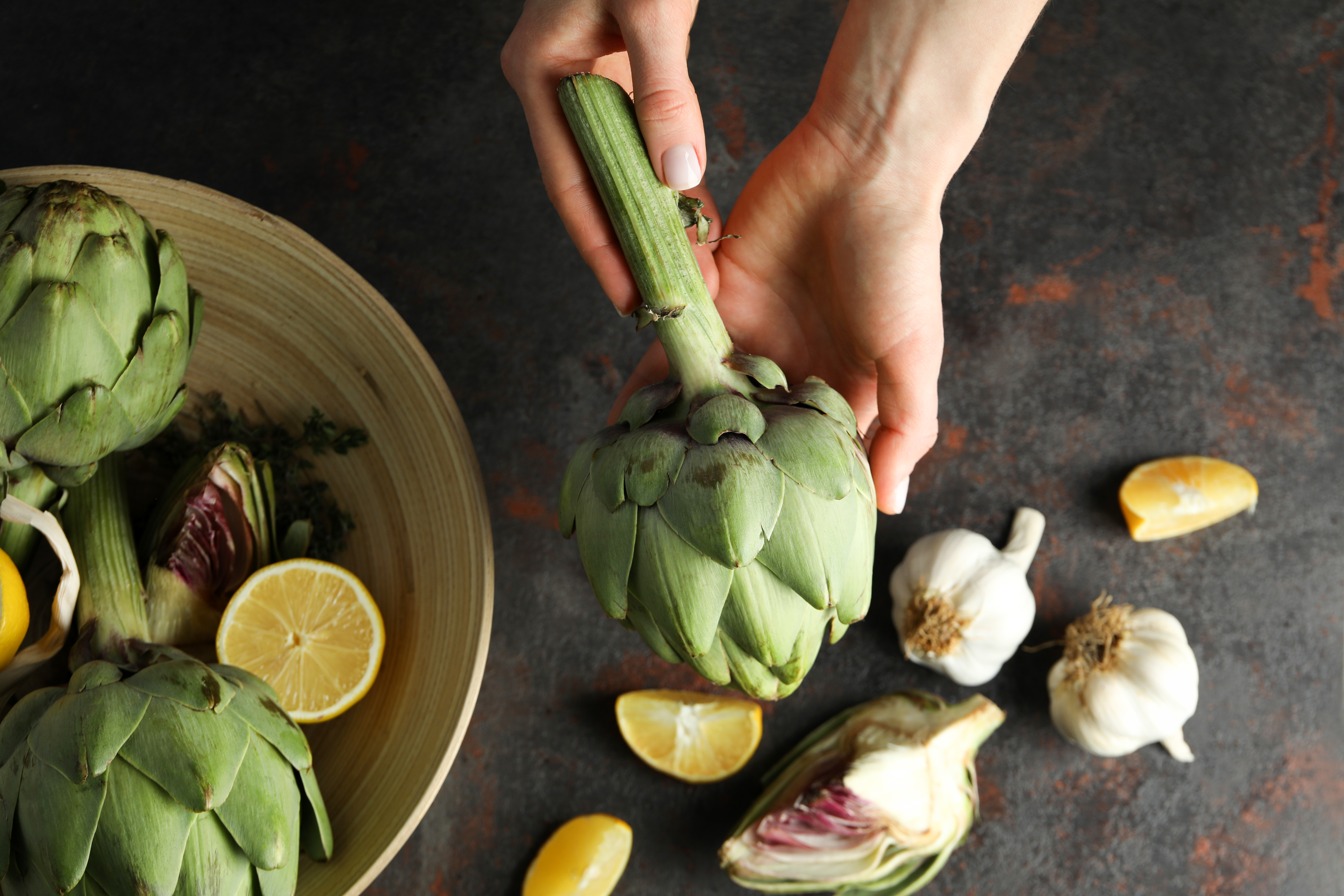
Artichokes, whether fresh, canned, or frozen, are a nutritional powerhouse celebrated for their antioxidants, vitamins, and high fiber content. However, for those with kidney disease, they pose a dual threat: they are a significant source of potassium, and their high fiber can be difficult for a sensitive digestive system to handle, which is common in people with chronic kidney disease (CKD). A single artichoke can contain a substantial amount of potassium, and if kidneys cannot filter it out efficiently, it can lead to dangerous levels in the blood. For those with CKD, moderation is key, and it is often recommended to opt for lower-potassium vegetables like carrots or green beans instead.
51. Dried Spices: The Hidden Potassium
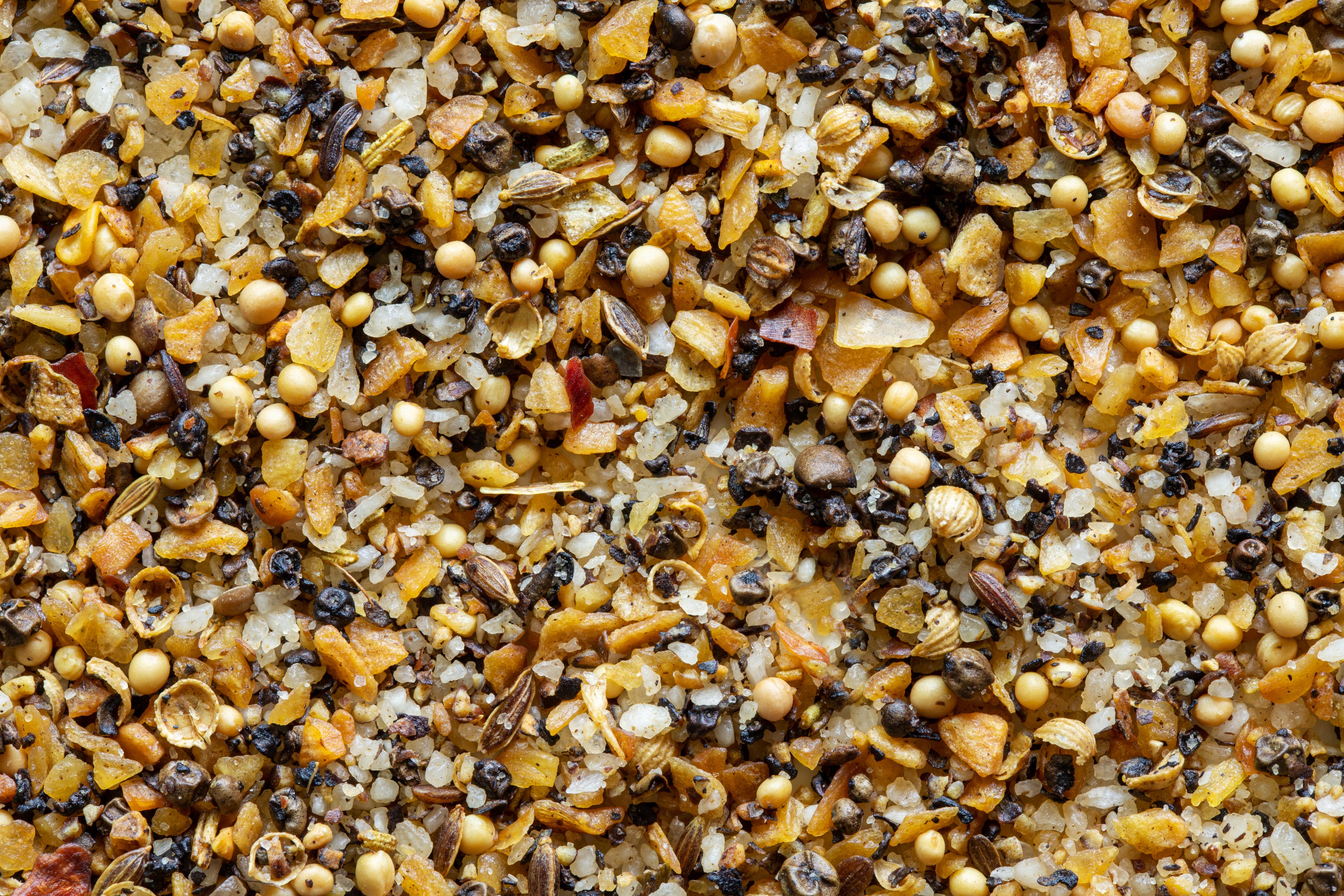
We often think of spices as being harmless, but many dried spices, especially those derived from plants that are naturally high in potassium, are a concentrated source of the mineral. Common examples include paprika, chili powder, and onion powder. The drying process removes water but leaves the minerals, making a small amount of a dried spice a potent potassium source. While a sprinkle on a dish is likely fine, using them as a primary flavoring agent or in large quantities could lead to an unexpected potassium spike for someone with compromised kidney function. Opting for fresh herbs or sodium-free spice blends is a much safer alternative.
52. Whole-Grain Crackers: The Phosphorus Load
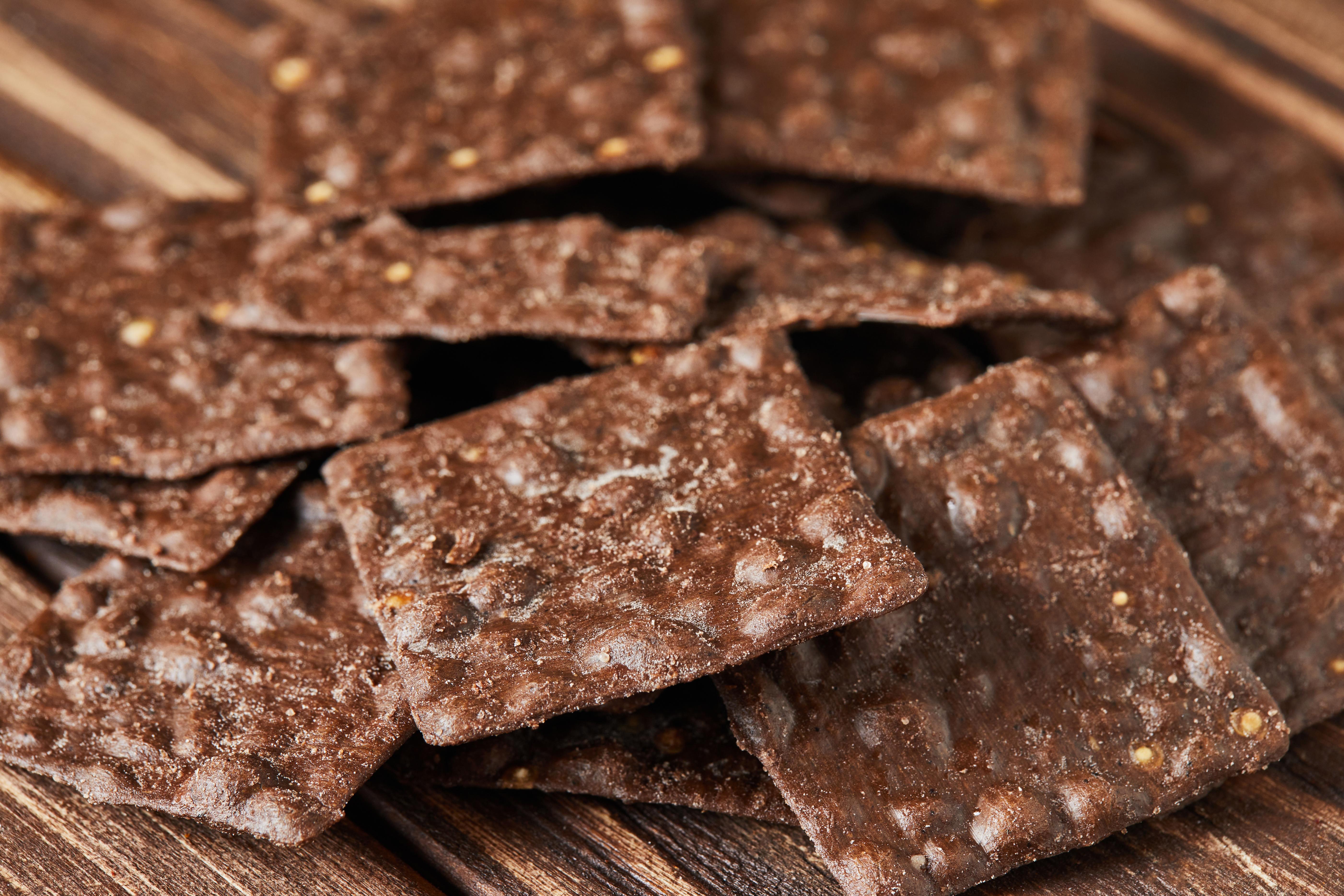
Whole-grain crackers are widely marketed as a healthy snack, but for those with kidney issues, they can be a hidden source of high phosphorus. Like other whole grains, the bran and germ of the grain, which are retained in whole-grain products, are high in phosphorus. This is particularly problematic in packaged snacks like crackers, where the phosphorus is in a concentrated form. The kidneys of a person with CKD cannot excrete this excess phosphorus, which can lead to weakened bones and other serious complications. It is a prime example of a “healthy” convenience food that can secretly harm kidney health.
53. Oranges and Orange Juice: The Potassium and Acidic Burden

While oranges are celebrated for their Vitamin C, they are also a significant source of potassium and are quite acidic. For individuals with compromised kidney function, the high potassium content of a single orange or a glass of orange juice can be difficult for the kidneys to manage, potentially leading to dangerous levels in the blood. The acidity can also exacerbate symptoms for those with a pre-existing condition, placing an unnecessary burden on the kidneys to maintain a proper pH balance in the body. It is often recommended that people with kidney issues swap oranges for fruits with a lower potassium content, like apples or berries.
54. Instant Oatmeal: The Phosphorus and Sodium Trap
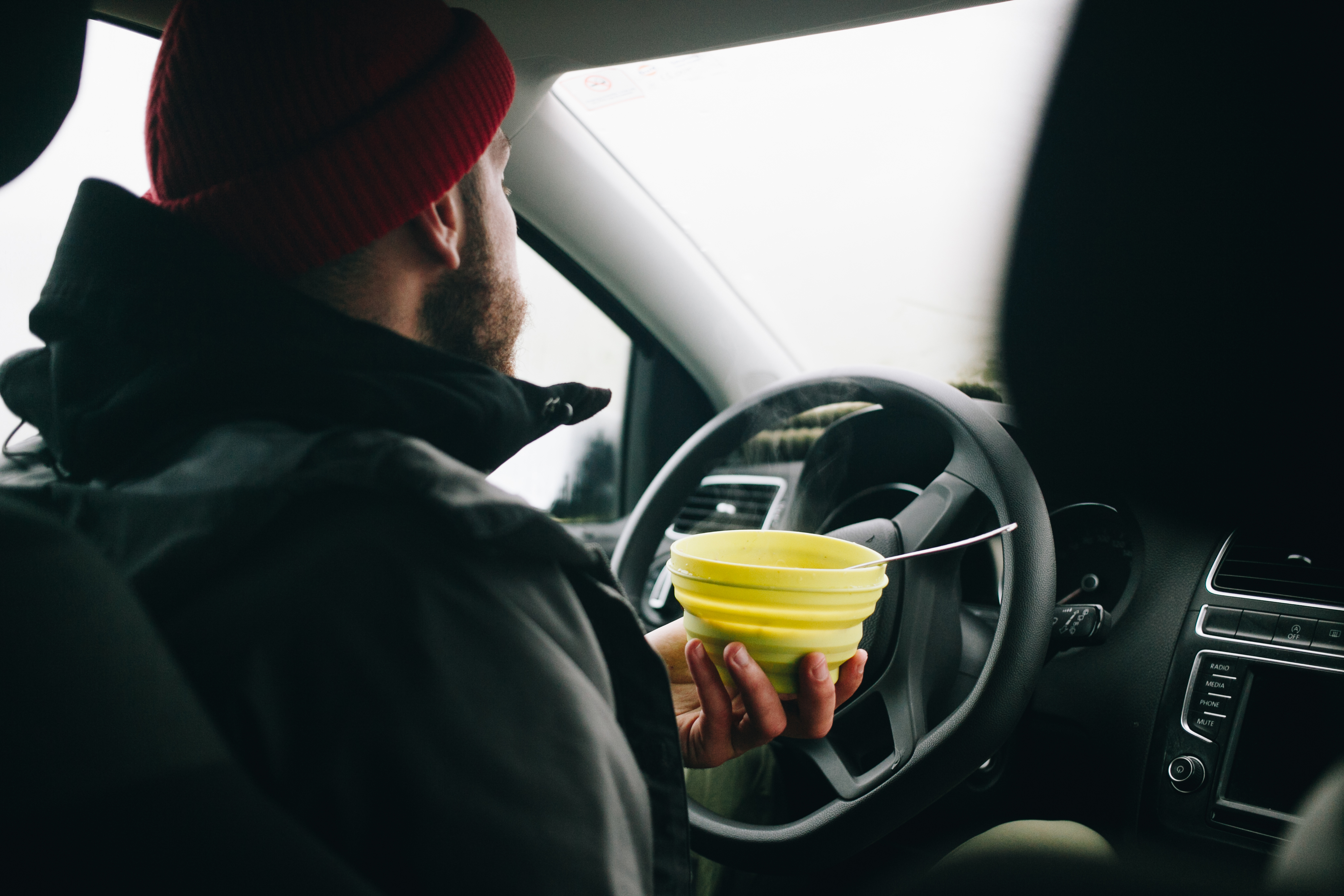
Instant oatmeal packets, while a quick and easy breakfast, often contain high levels of added sodium and phosphorus. The phosphorus is present in the oats themselves, and it is often added as a preservative or flavor enhancer, making a single serving a significant mineral burden. The added sodium is a problem for individuals with compromised kidneys who need to manage their blood pressure. For a kidney-friendly alternative, it is always better to prepare your own oatmeal from rolled oats, using water and avoiding pre-packaged flavored varieties. This allows you to control the portion size and add lower-potassium, fresh fruits for flavor.
55. Miso and Tamari: The Fermented Sodium Load
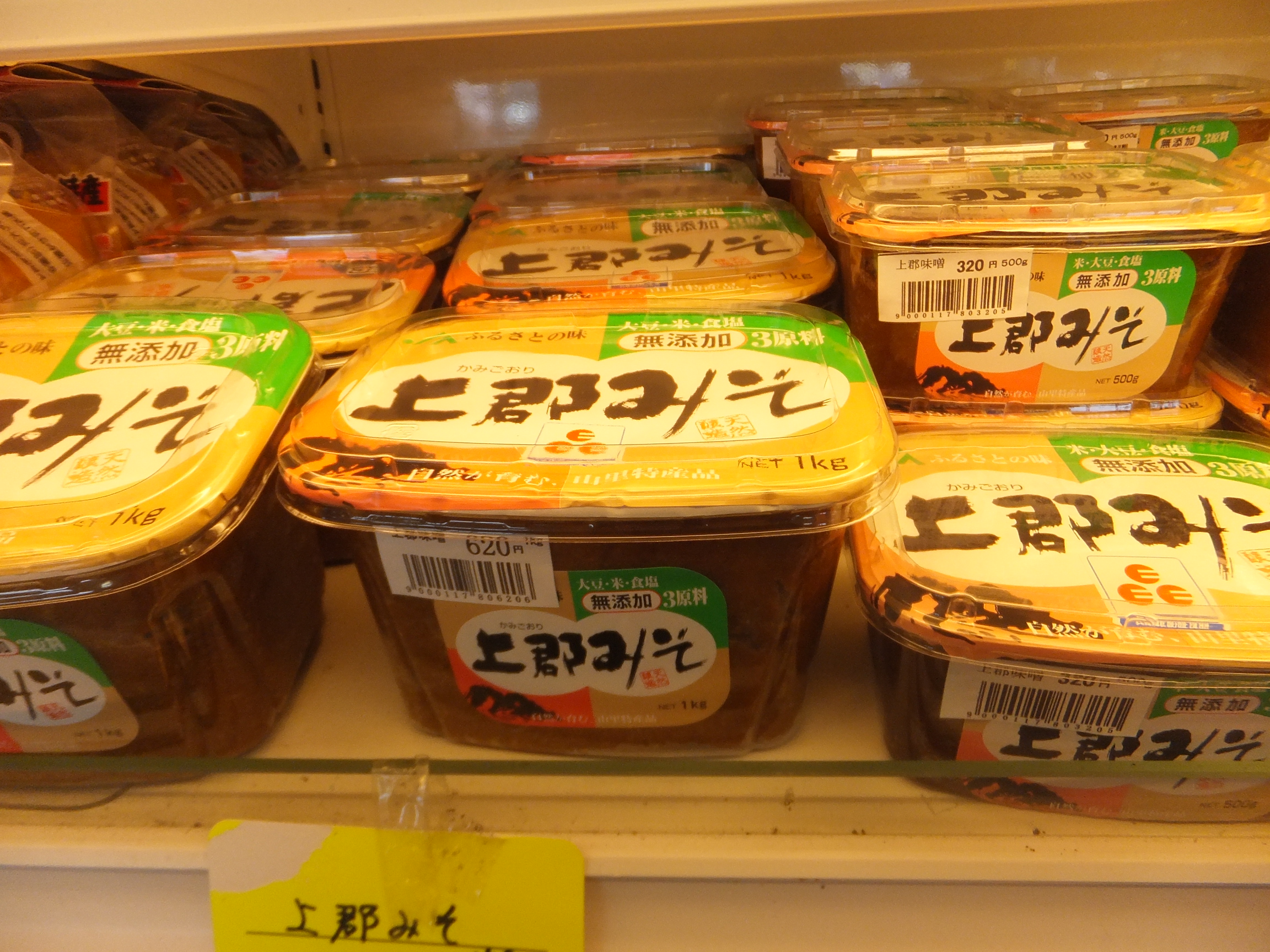
Miso paste and tamari sauce are celebrated in Asian cuisine and are often considered healthier, gluten-free alternatives to soy sauce. However, both are fermented and highly concentrated sources of sodium. A single tablespoon can contain over 1,000 mg of sodium, a significant portion of the recommended daily intake for a person with healthy kidneys, and far too much for someone with compromised renal function. This high sodium load forces the kidneys to work overtime to filter and excrete the salt, which can lead to increased blood pressure and fluid retention. For a kidney-friendly alternative, it's essential to use these sparingly or seek out a low-sodium version.
56. Whole Wheat Pasta: The Hidden Phosphorus
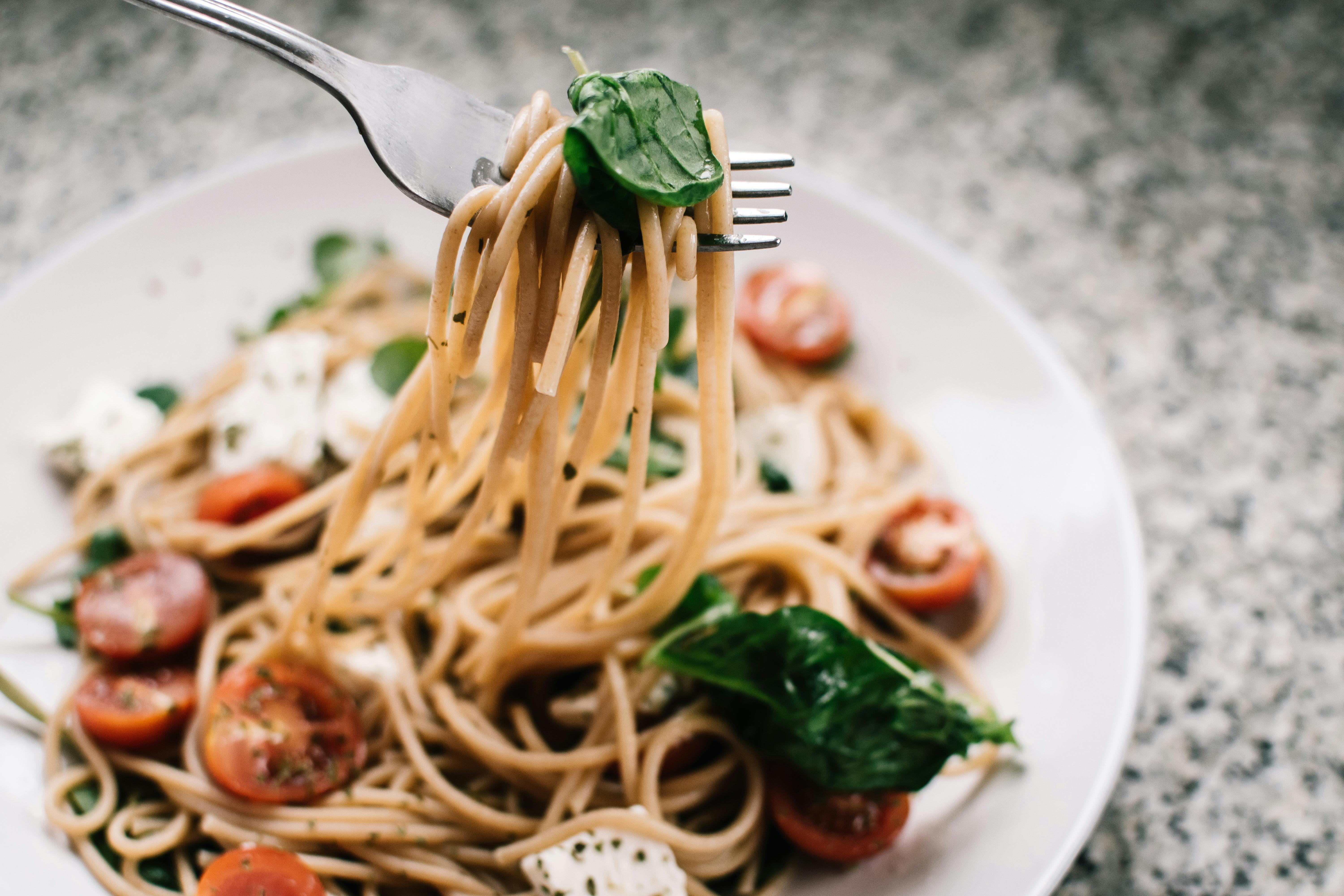
Whole wheat pasta is lauded as a healthier choice over white pasta due to its higher fiber content and nutritional value. However, like brown rice and other whole grains, it's also higher in phosphorus. The bran and germ of the wheat grain, which are retained in whole wheat products, are naturally rich in this mineral. For individuals with kidney disease, the kidneys struggle to excrete excess phosphorus, leading to a dangerous buildup in the blood. This can cause weakened bones and other serious health complications. While a part of a healthy diet for most people, a kidney-conscious diet may require a switch to enriched white pasta in moderation.
57. Canned Fruits: The Potassium Preservative
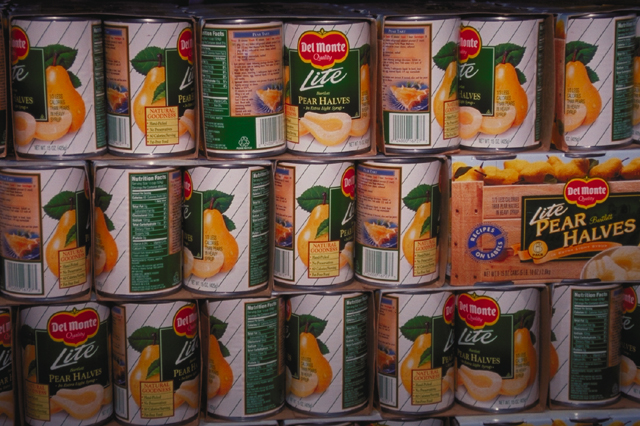
While fresh fruits like apples and berries are generally safe for a kidney-friendly diet, their canned counterparts can be problematic. Many canned fruits, particularly peaches, pears, and fruit cocktail, are preserved in syrups that contain a high amount of potassium, often from additives or leaching from the fruit itself. The canning process also concentrates the fruit's natural sugars, which can contribute to weight gain and blood sugar issues, both of which are risk factors for kidney disease. Always read the labels and opt for fresh or frozen fruit without added sugars or preservatives to protect your kidneys.
58. Instant Coffee and Powdered Creamers: The Phosphate Additives
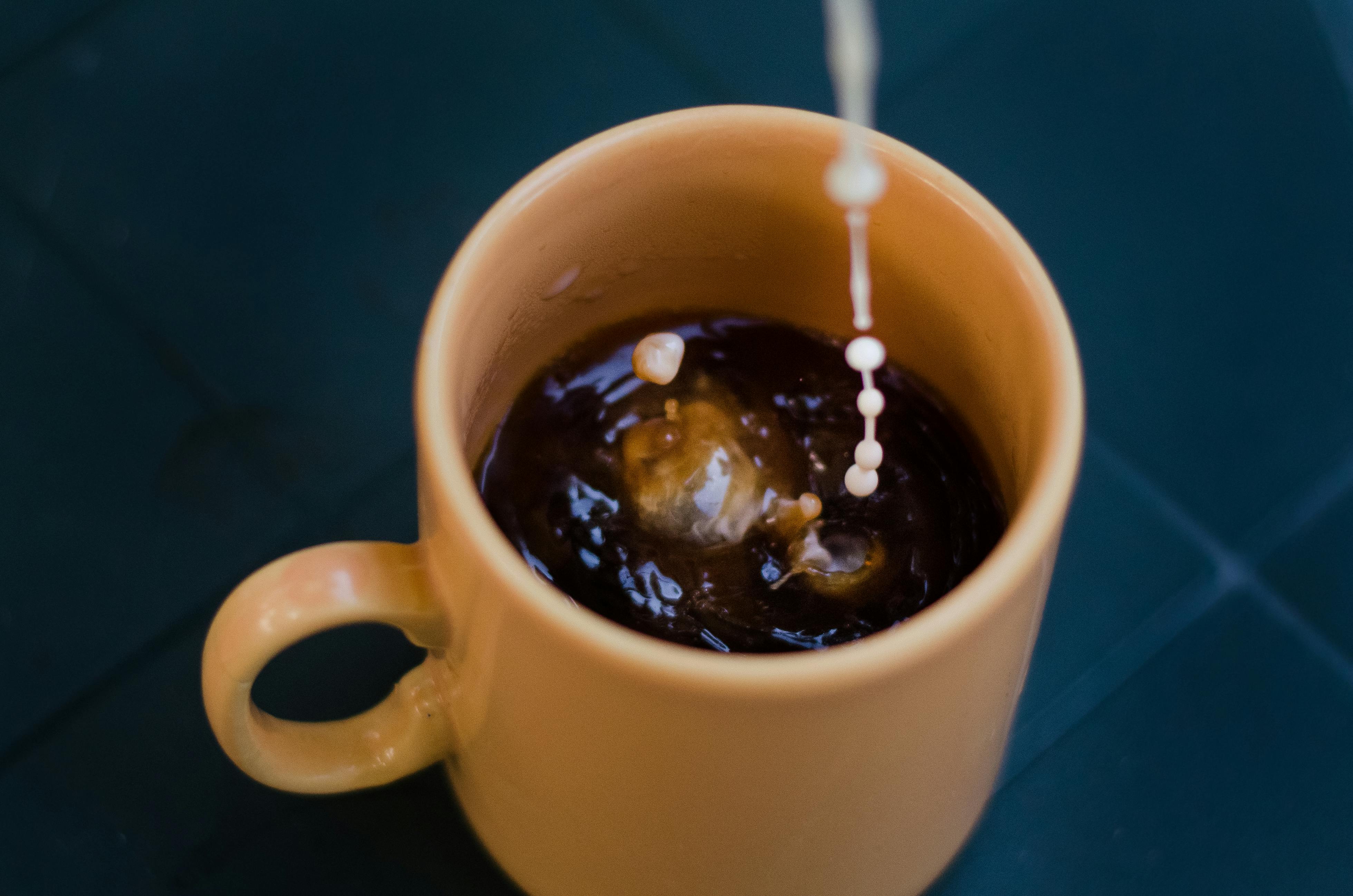
For those with kidney issues, the morning cup of joe can be a source of hidden danger. Many instant coffee powders and powdered creamers contain phosphate additives used to prevent clumping and improve solubility. The body absorbs this inorganic phosphorus much more efficiently than the natural phosphorus found in foods. When kidneys are unable to filter out this excess, it can lead to mineral and bone disorders. Opt for fresh-brewed coffee with a small amount of low-potassium milk or a plant-based alternative to avoid this unnecessary mineral burden.
59. Excess Vitamin C Supplements: The Oxalate Factory
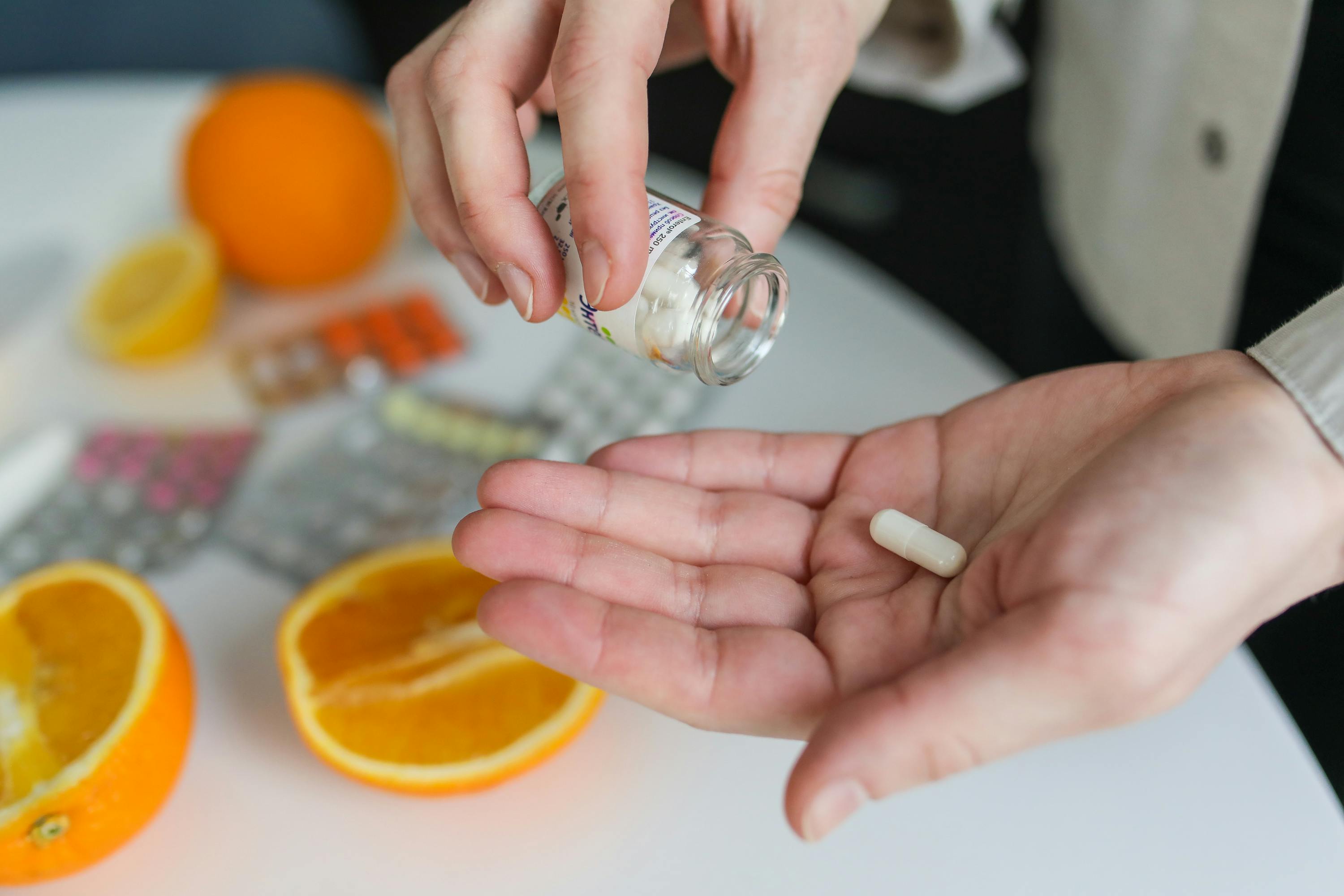
While vitamin C is essential for immune function, taking it in excess through supplements can be a surprising risk for kidney health. The body can't store large amounts of vitamin C, and when it is metabolized, a significant portion of it is converted into oxalates. This concentrated source of oxalates can increase the risk of calcium oxalate kidney stone formation, especially in susceptible individuals. It's a classic case of too much of a good thing becoming a problem. For a kidney-friendly approach, it's safer to get your vitamin C from a variety of whole foods rather than high-dose pills.
60. High-Fructose Corn Syrup: The Uric Acid Spike

Often hidden in a vast array of processed foods and drinks, high-fructose corn syrup is a stealthy threat to your kidneys. When the liver metabolizes fructose, it produces a byproduct called uric acid. While small amounts are fine, chronically high levels of uric acid can lead to the formation of uric acid kidney stones and may also contribute to the development of chronic kidney disease. This is a distinct risk from the sugar content itself, highlighting a unique metabolic burden placed on the kidneys. It's a compelling reason to read labels and limit intake of ultra-processed items.
Navigating a Kidney-Friendly Diet
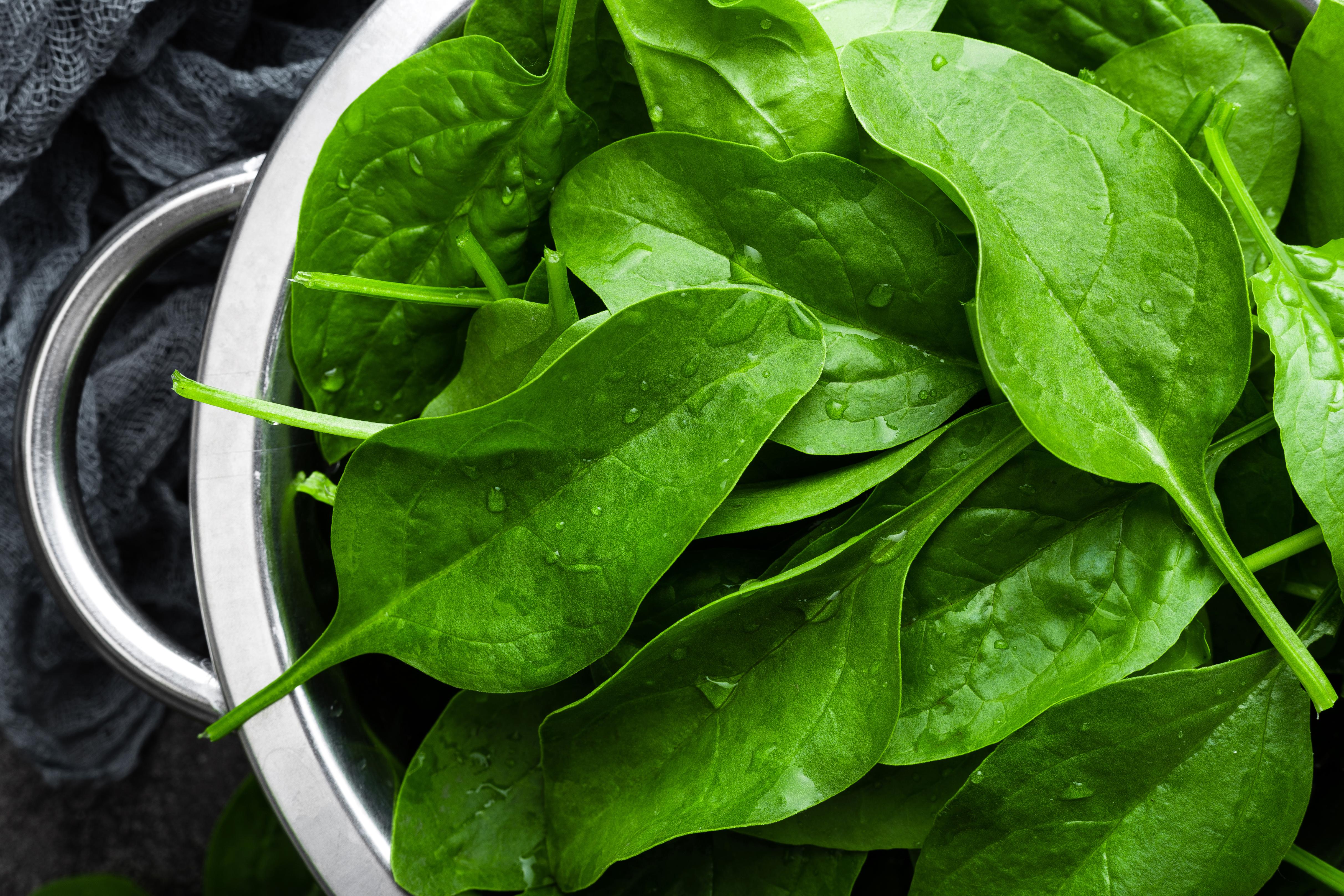
Understanding the potential risks associated with certain healthy foods is crucial for maintaining kidney health. While these foods offer numerous benefits, individuals with kidney concerns must be mindful of their consumption to prevent exacerbating existing issues. By moderating intake and opting for alternatives when necessary, it is possible to enjoy a balanced diet that supports overall health without compromising kidney function. Consultation with healthcare professionals can provide personalized guidance, ensuring dietary choices align with individual health needs and contribute to optimal kidney health.